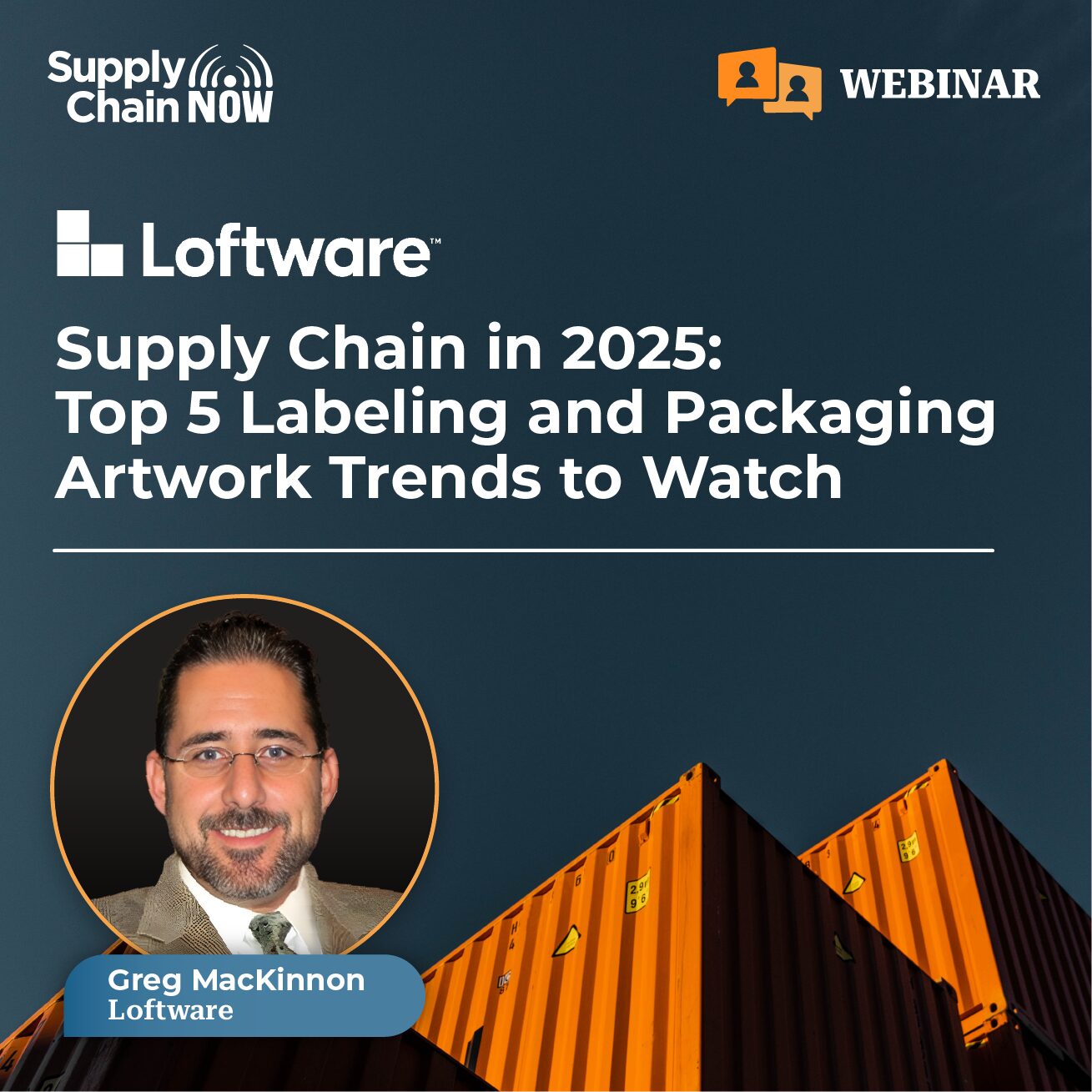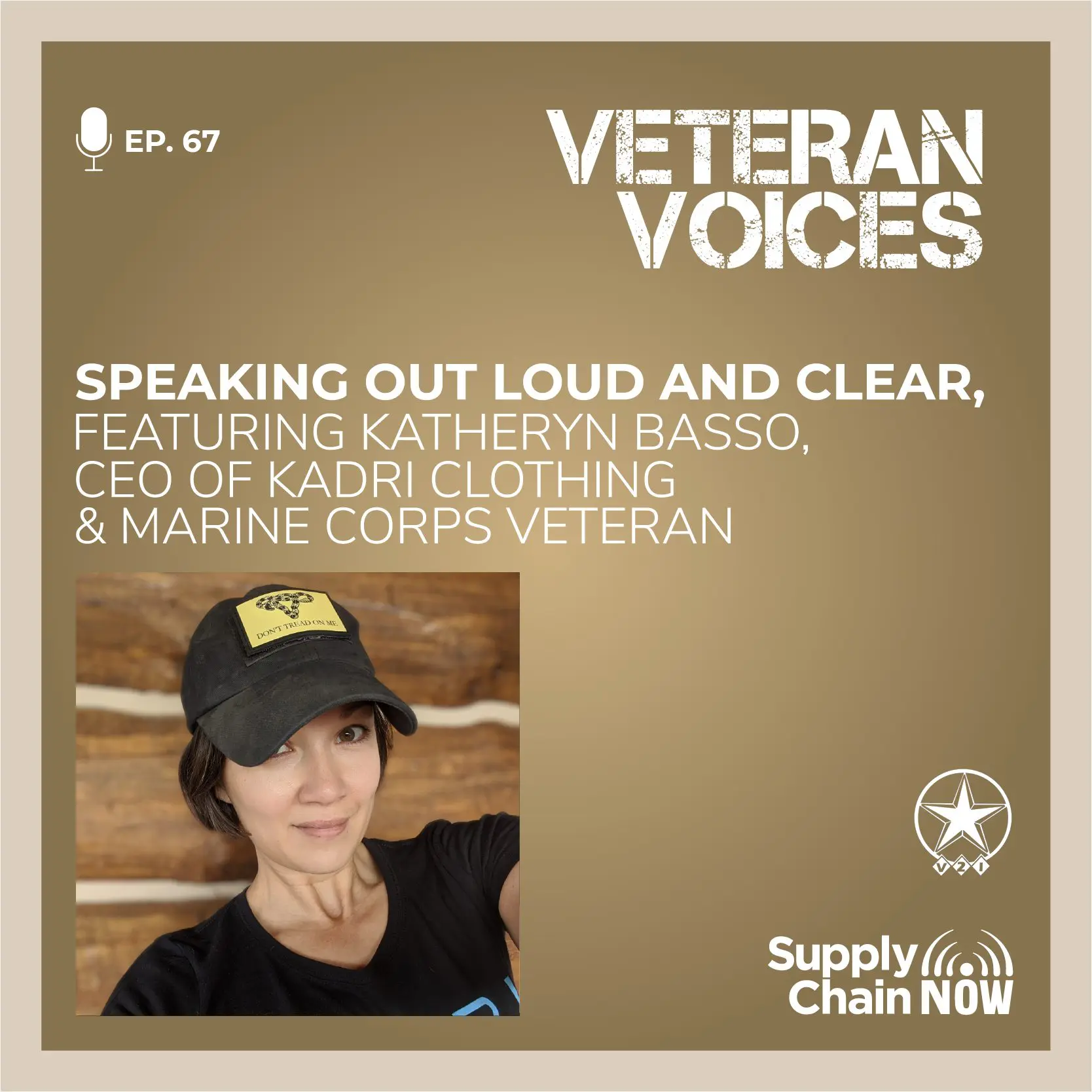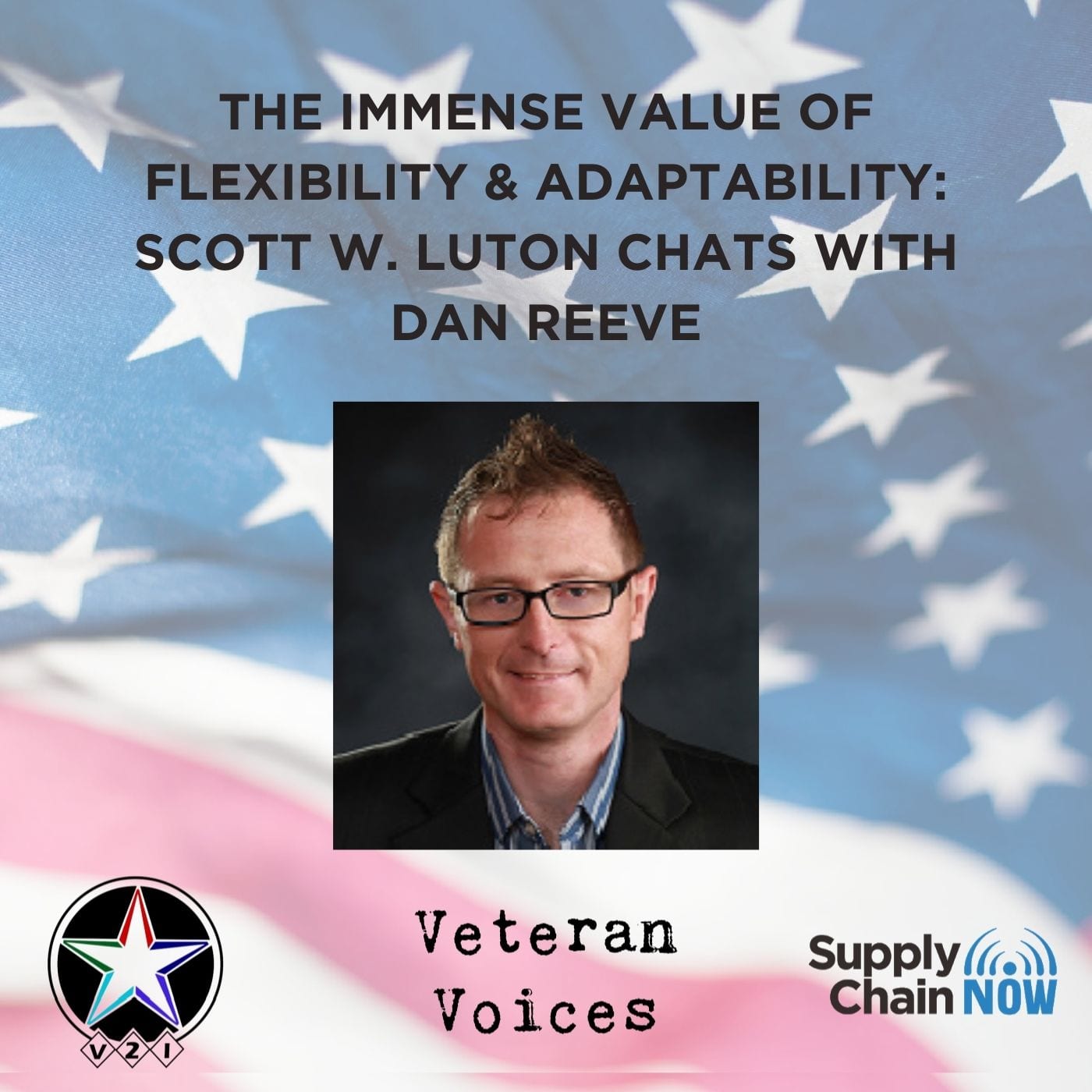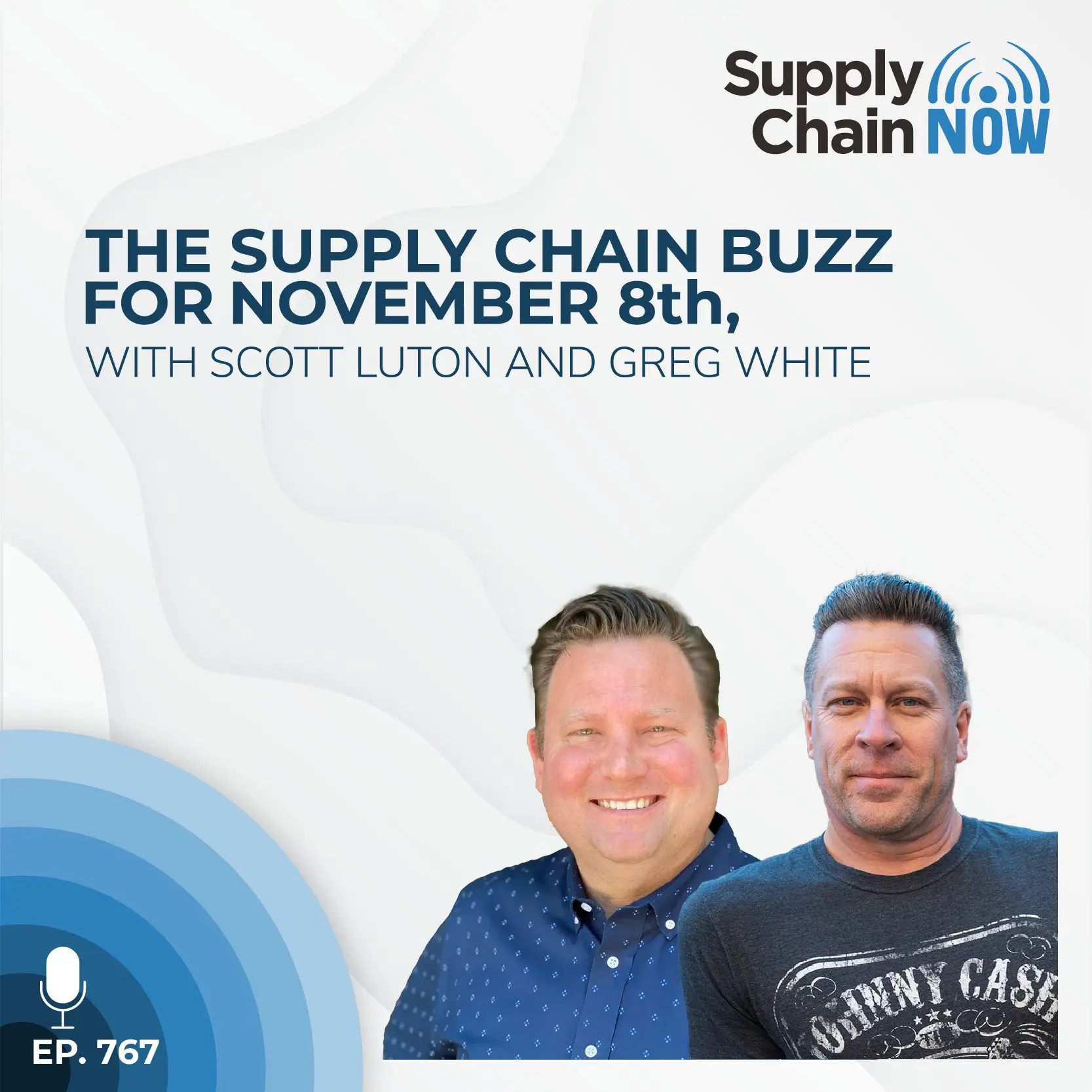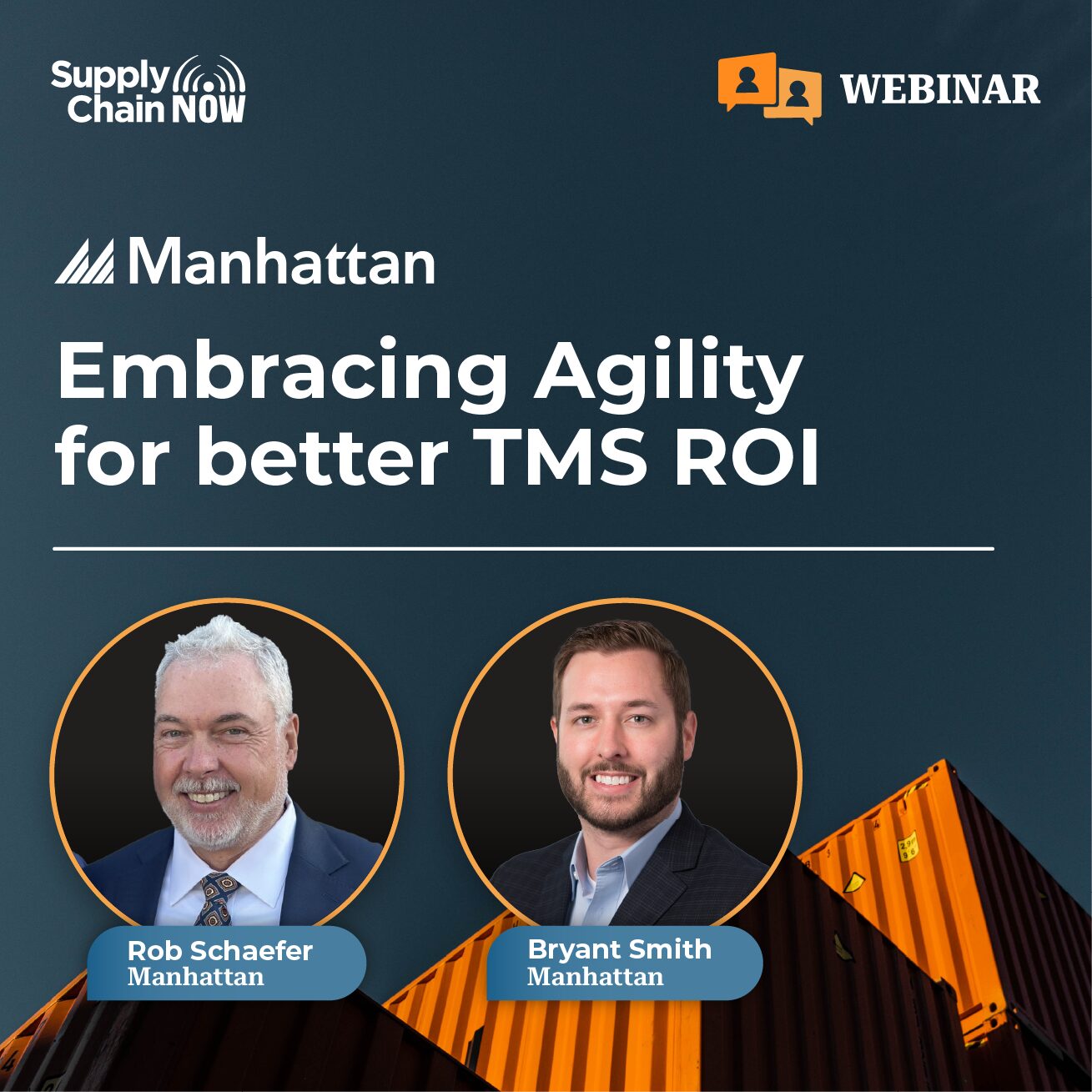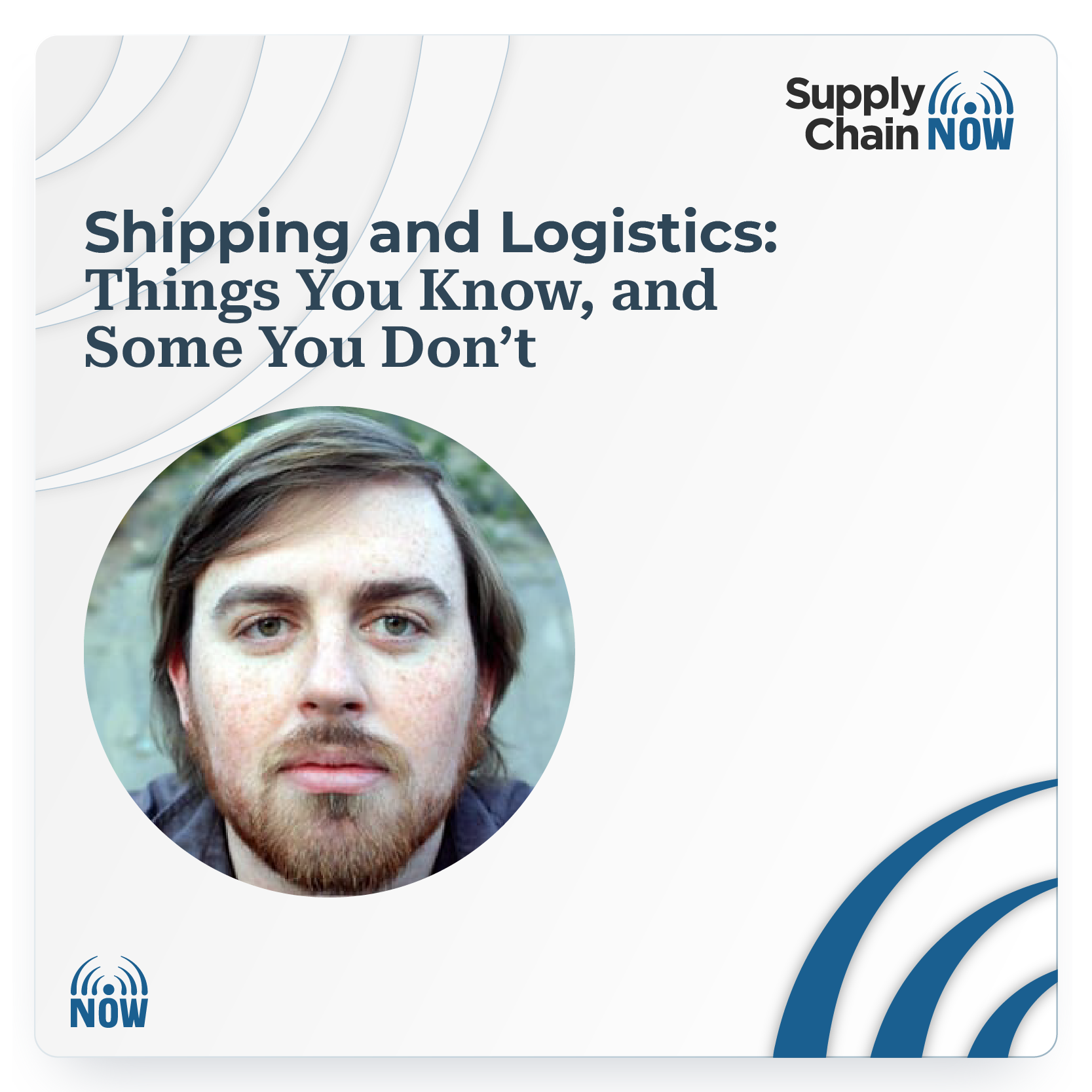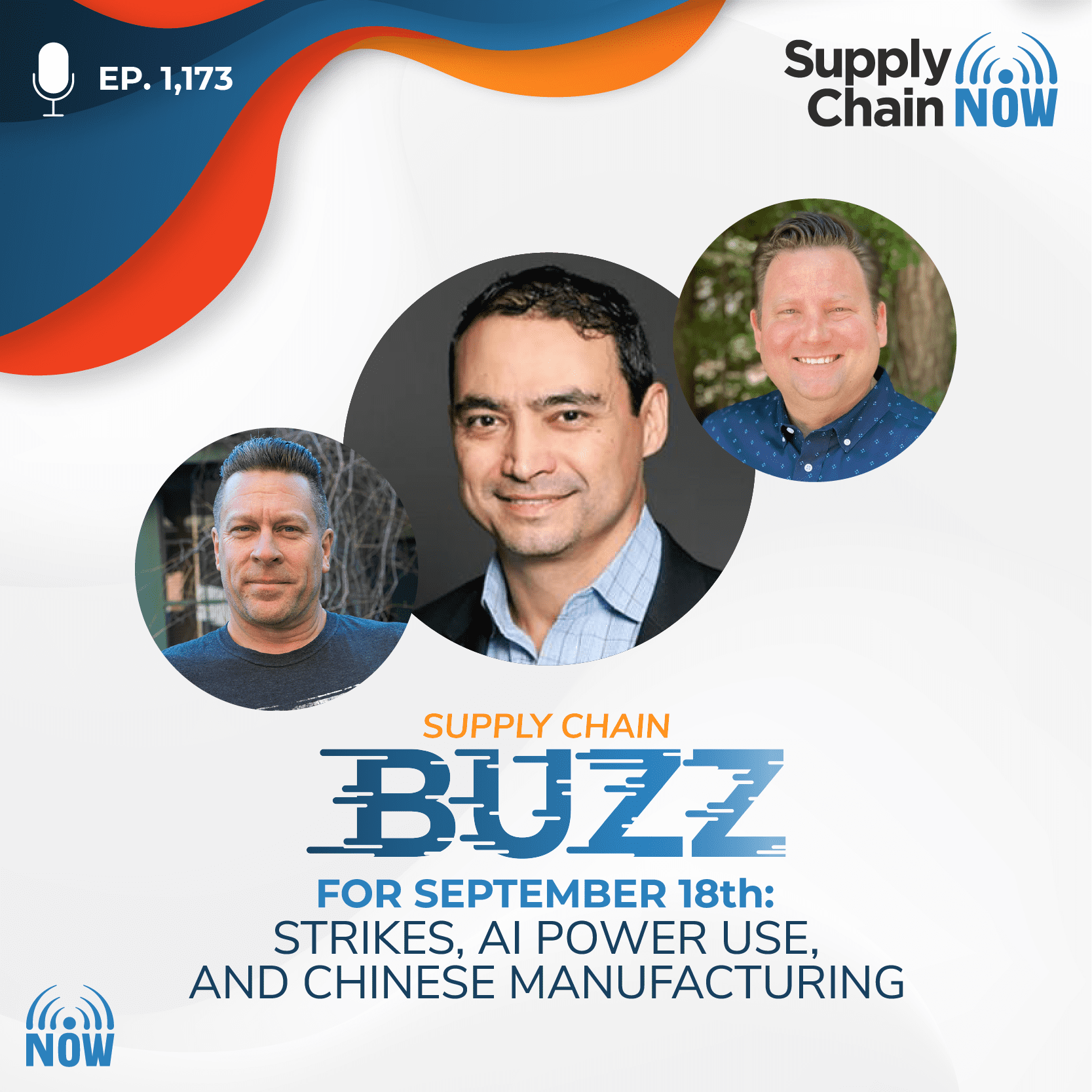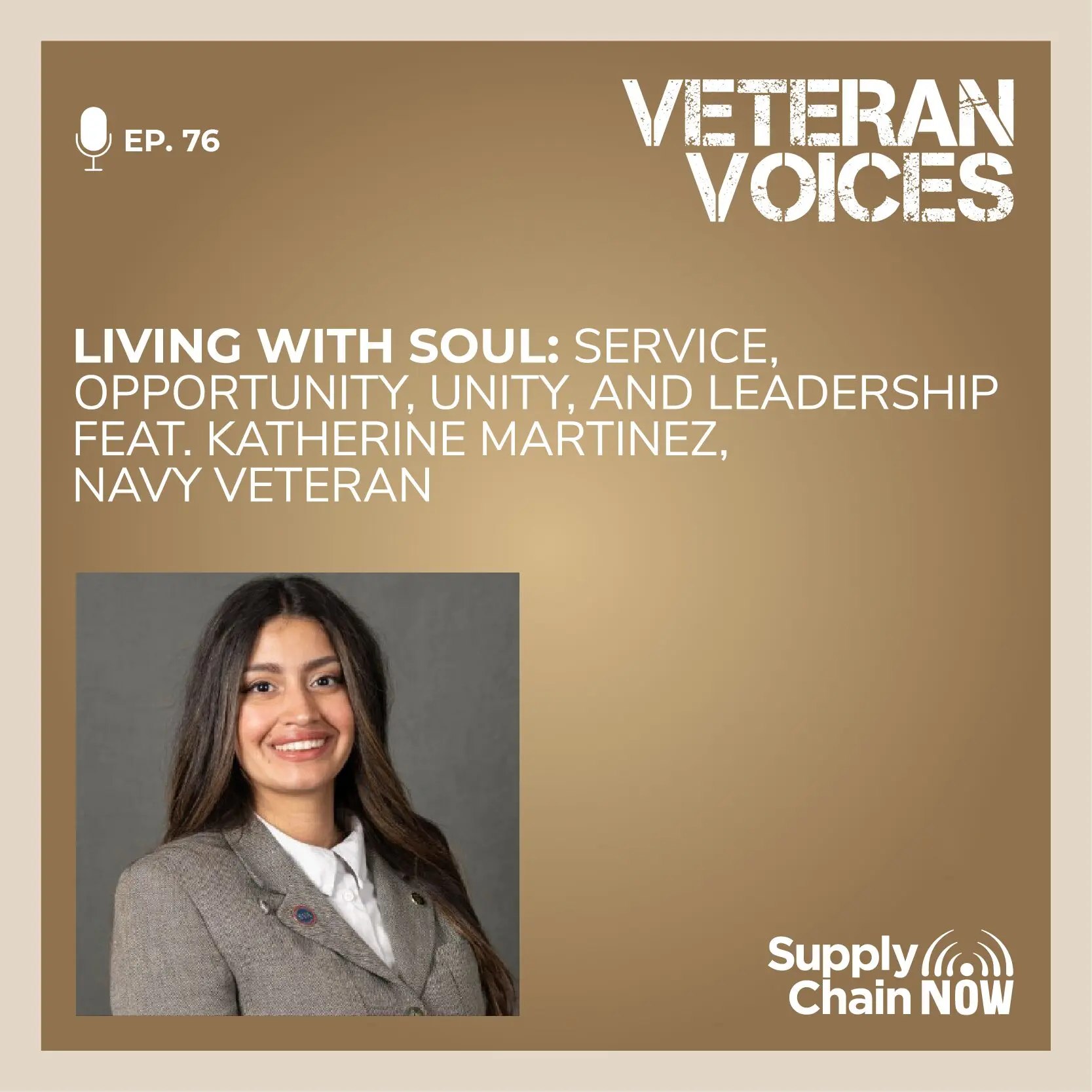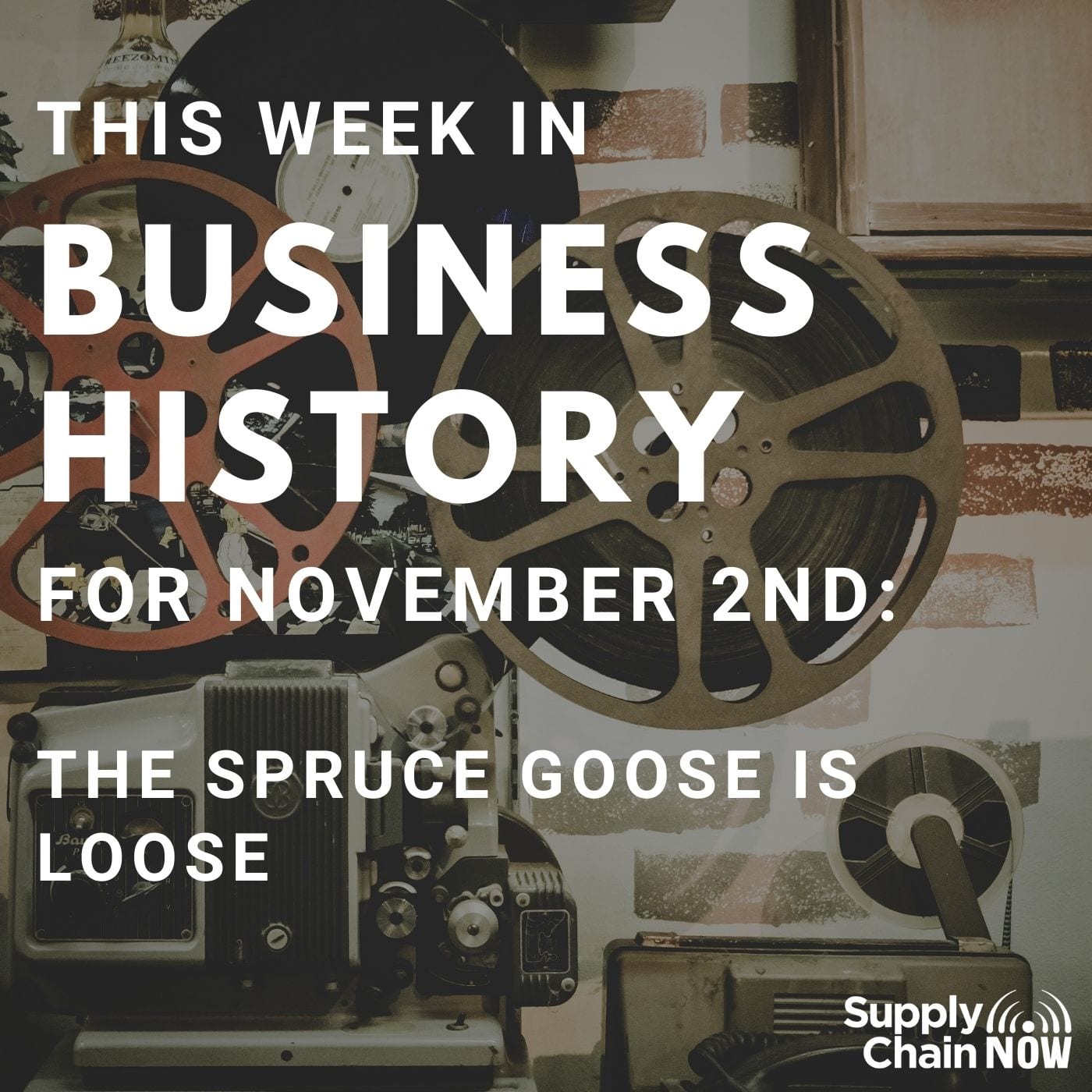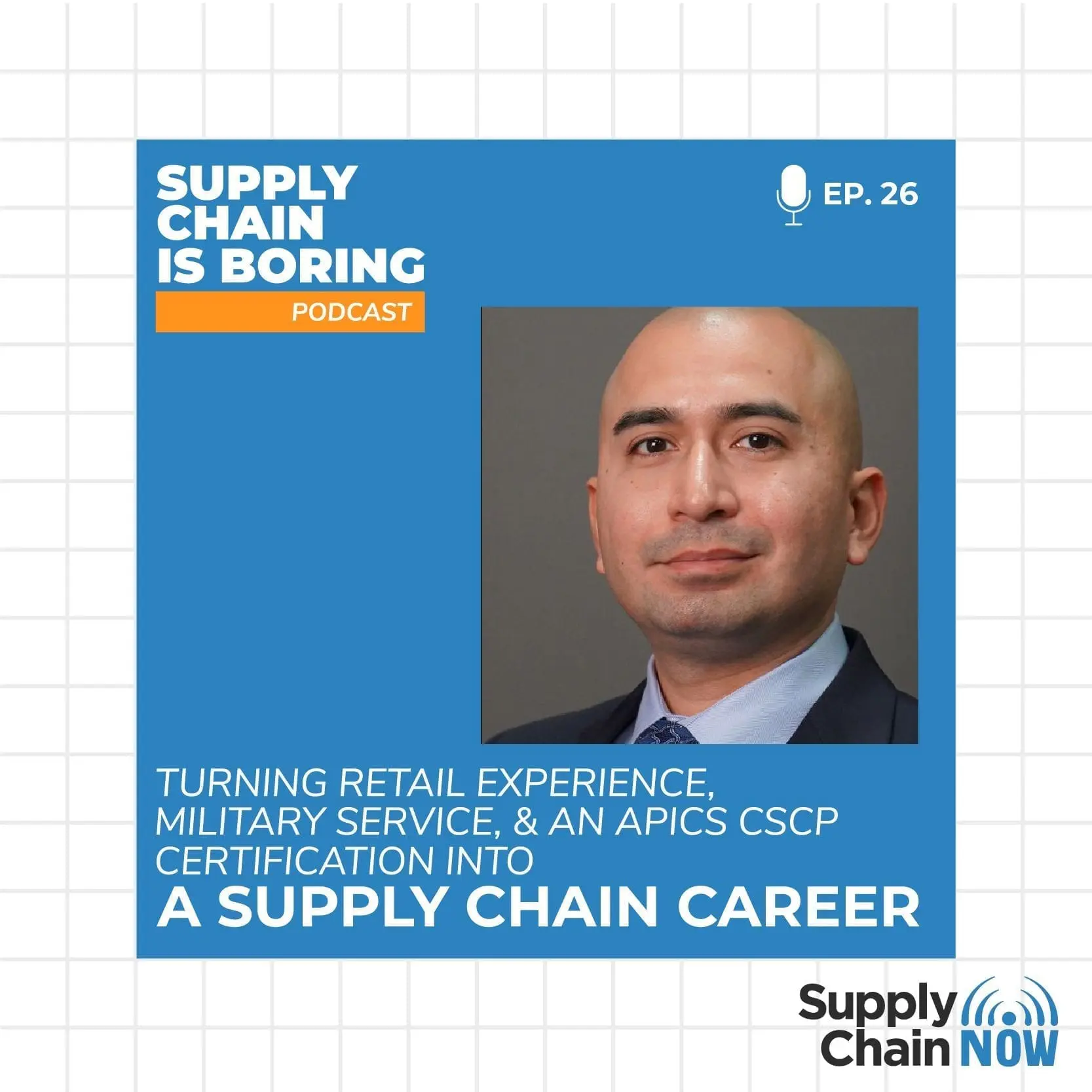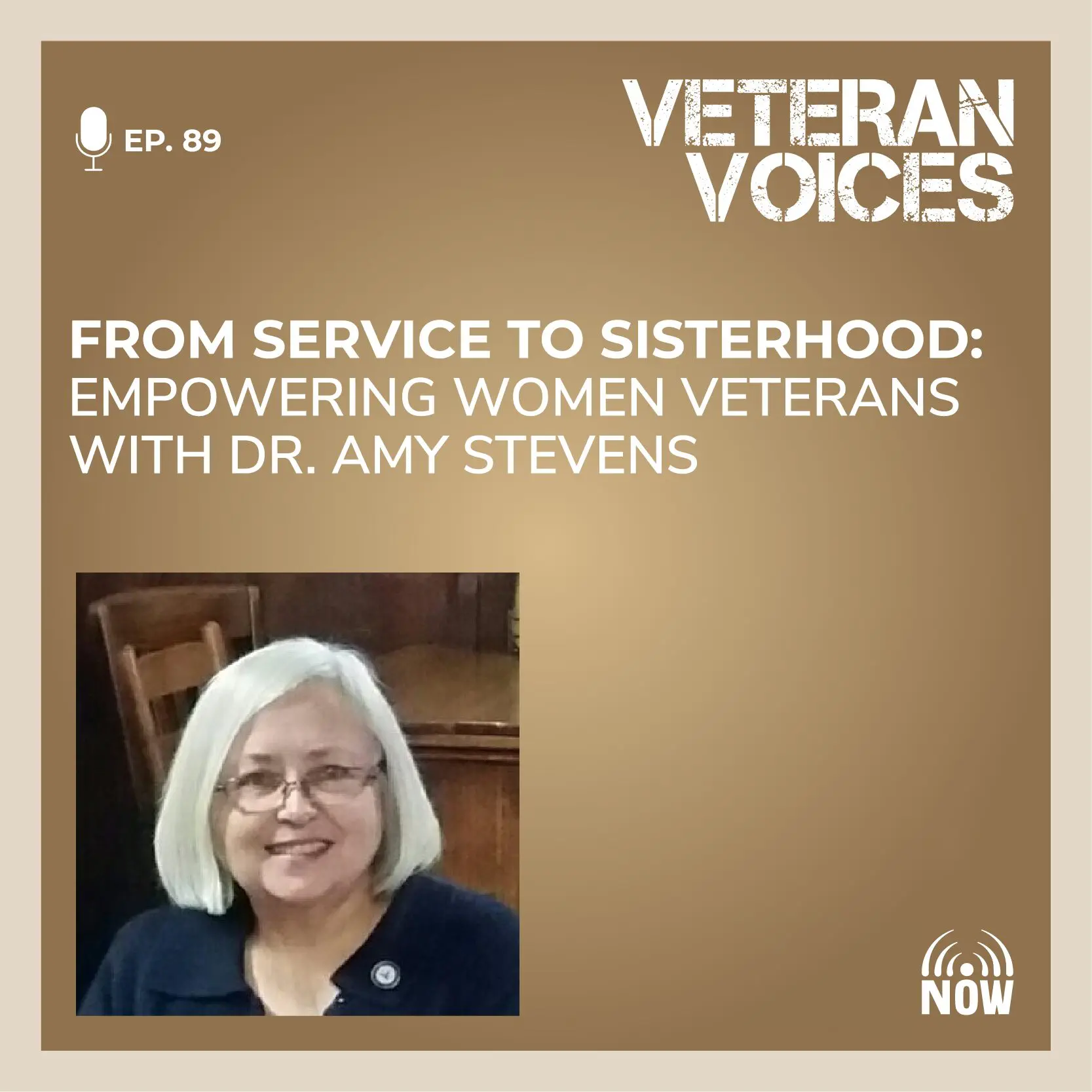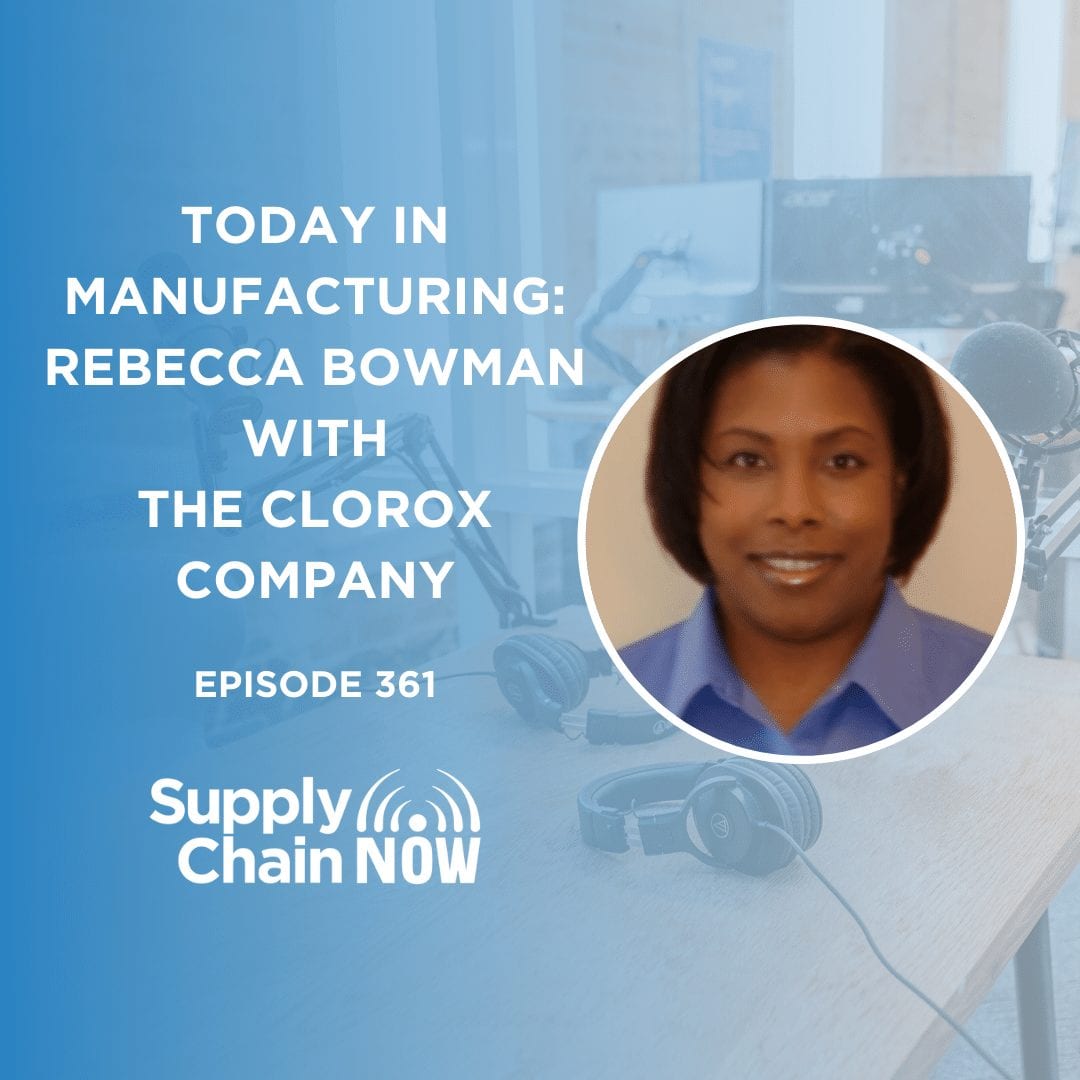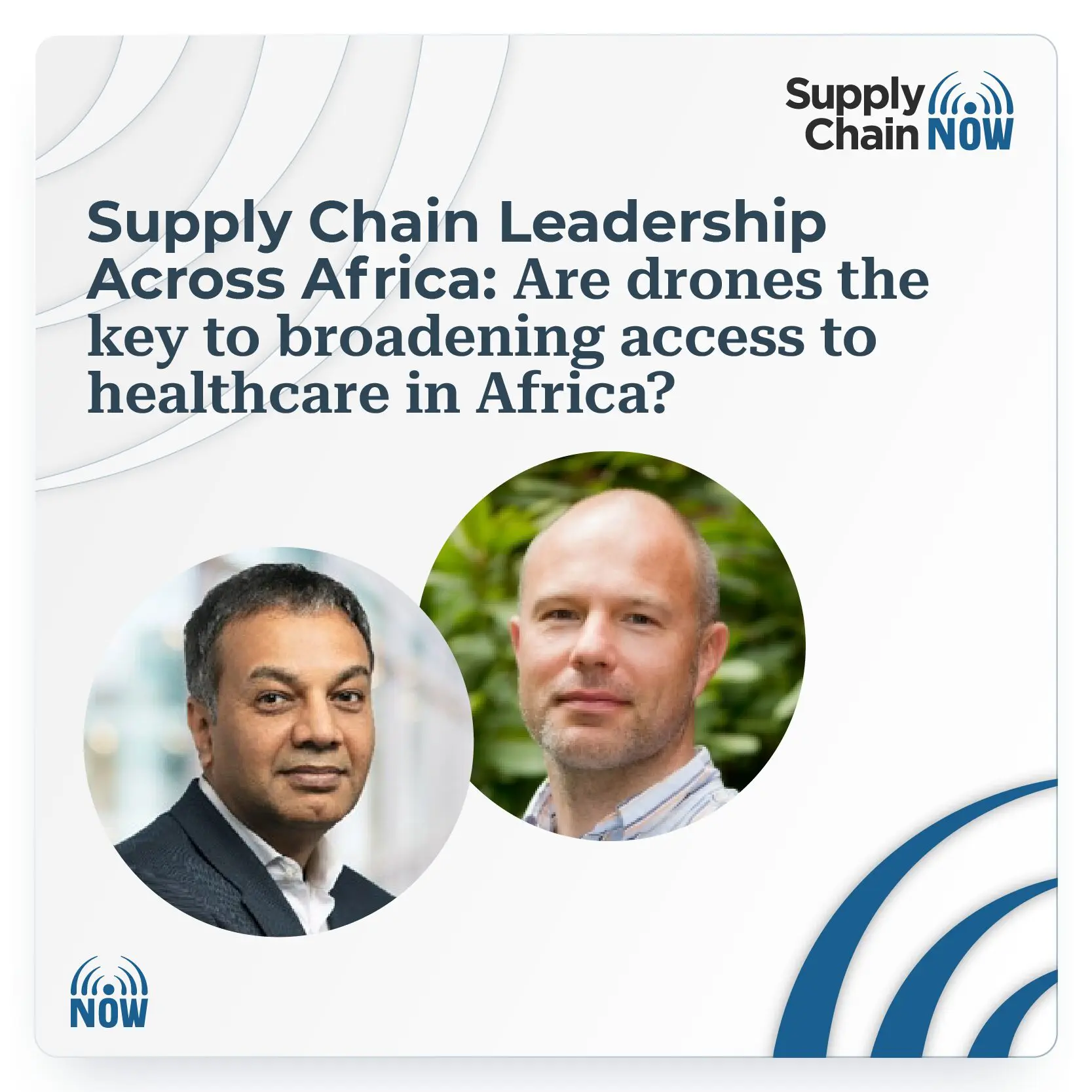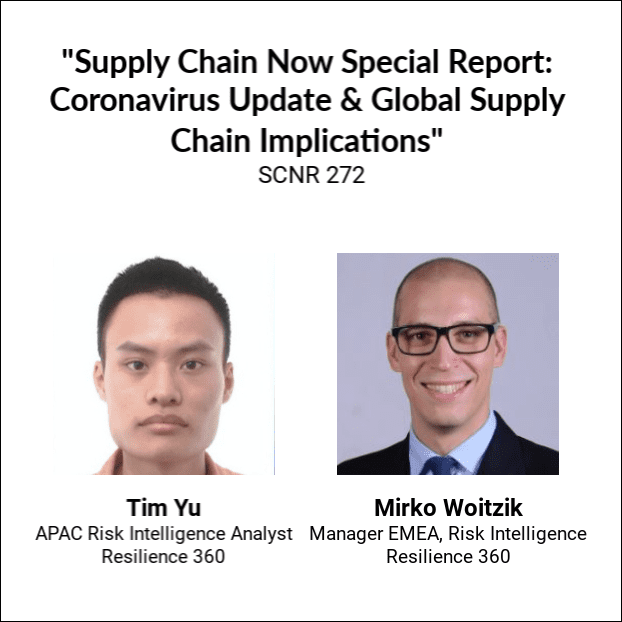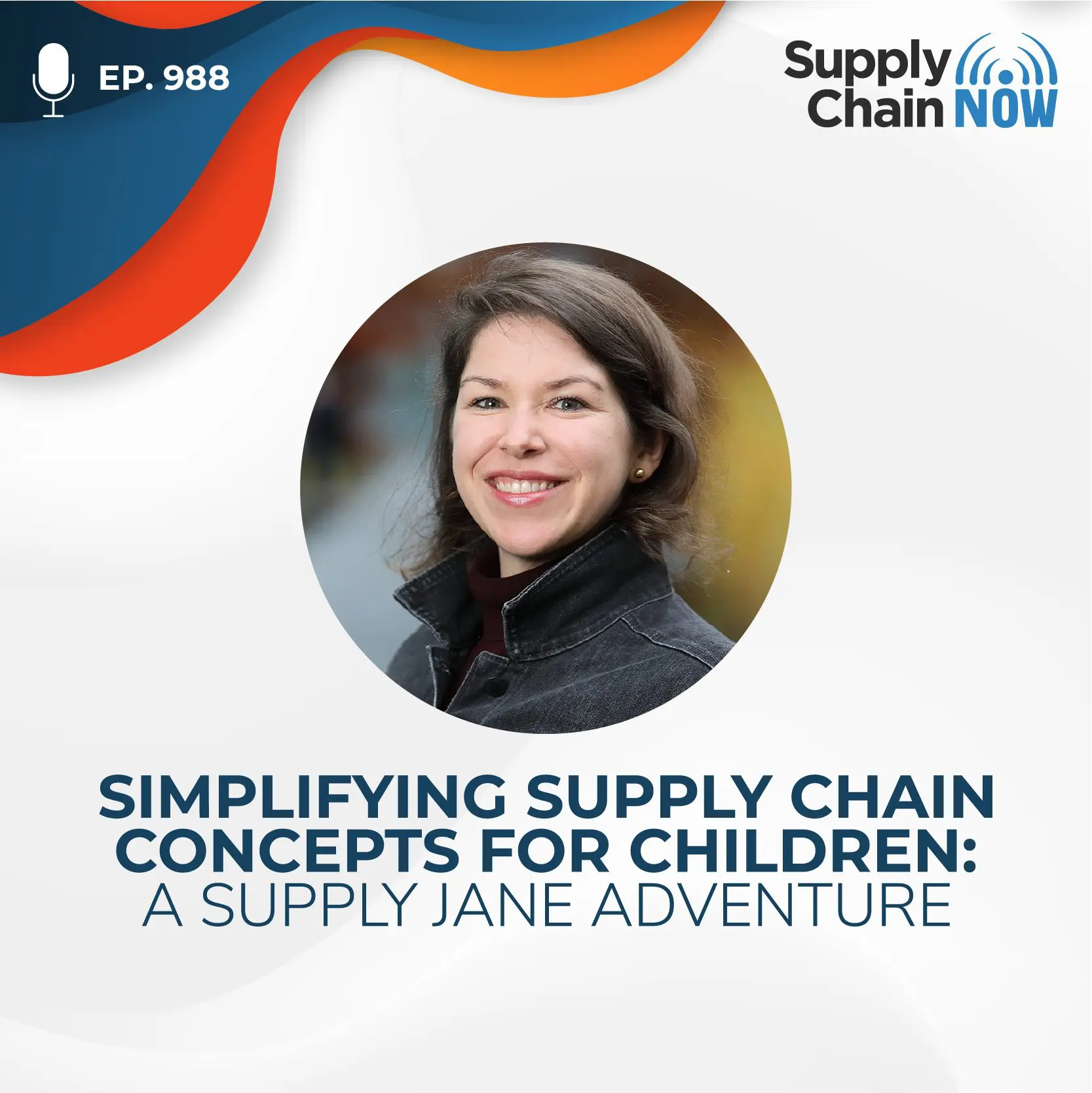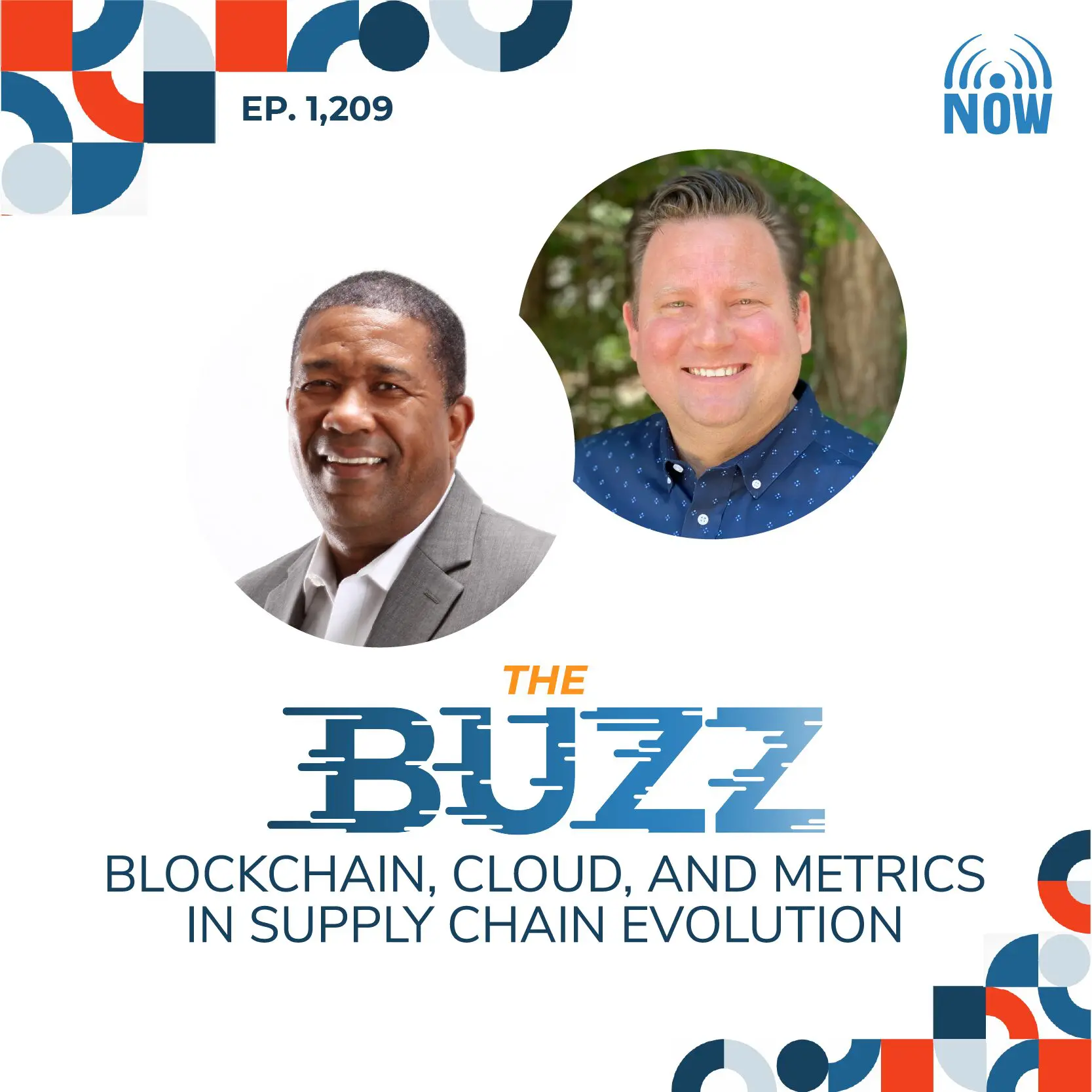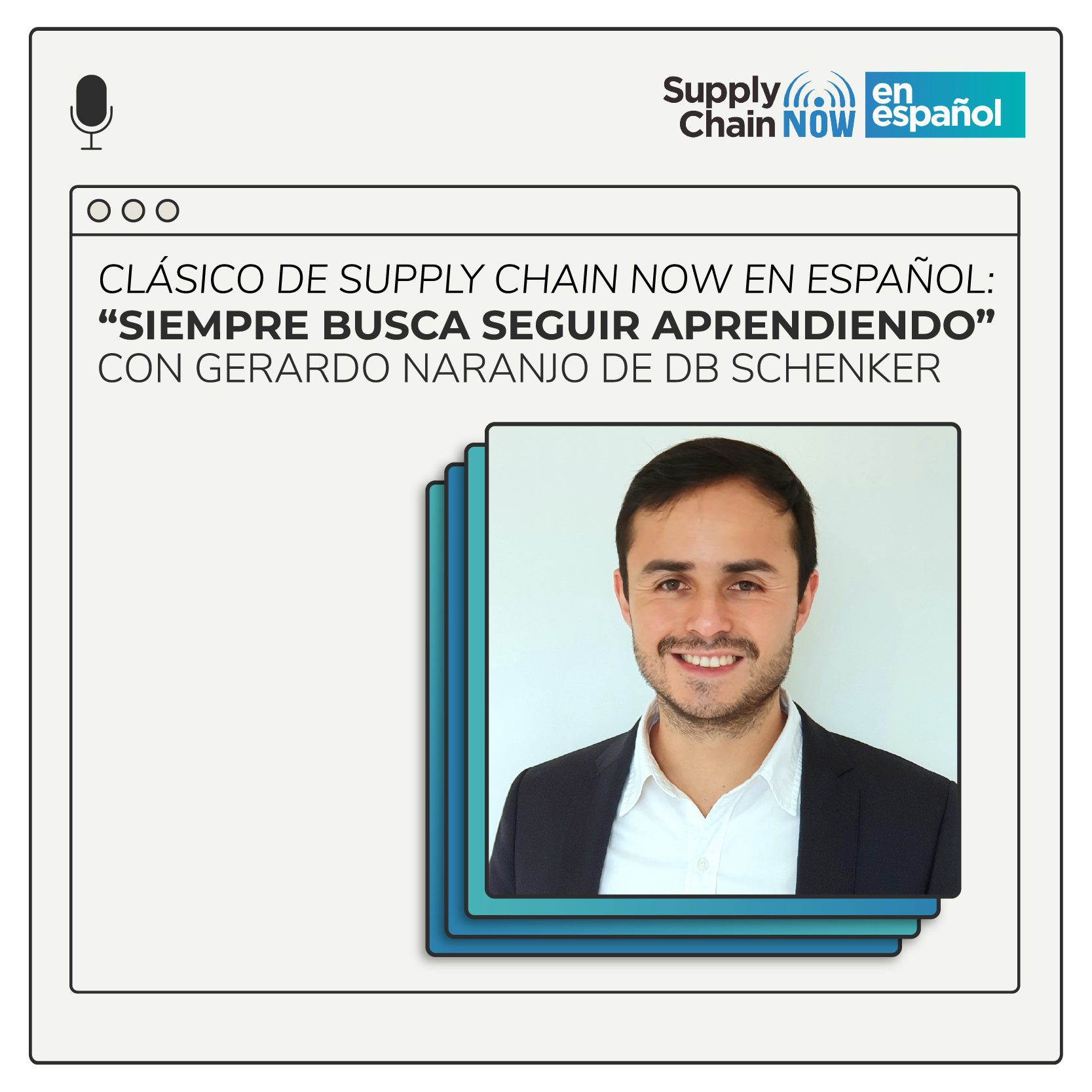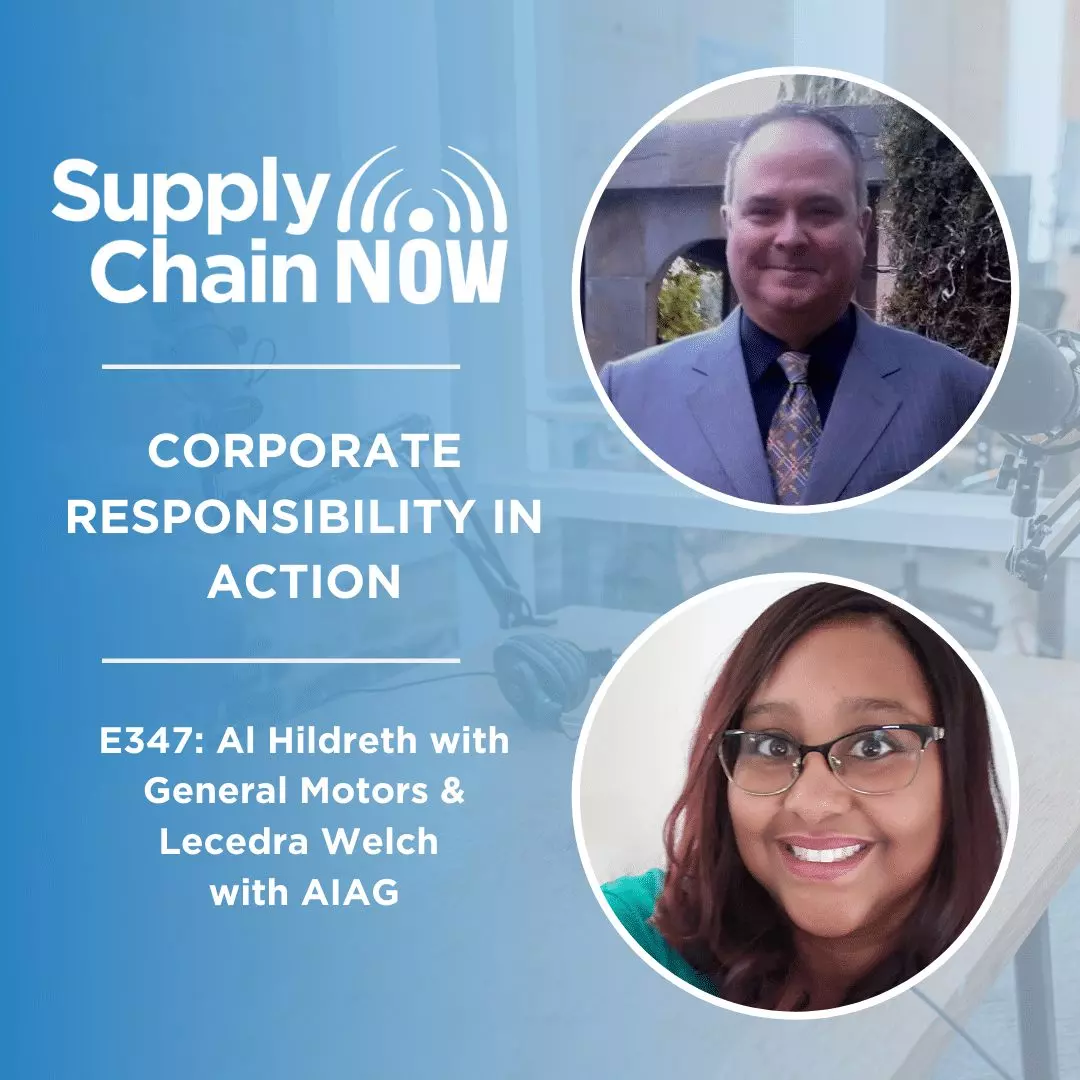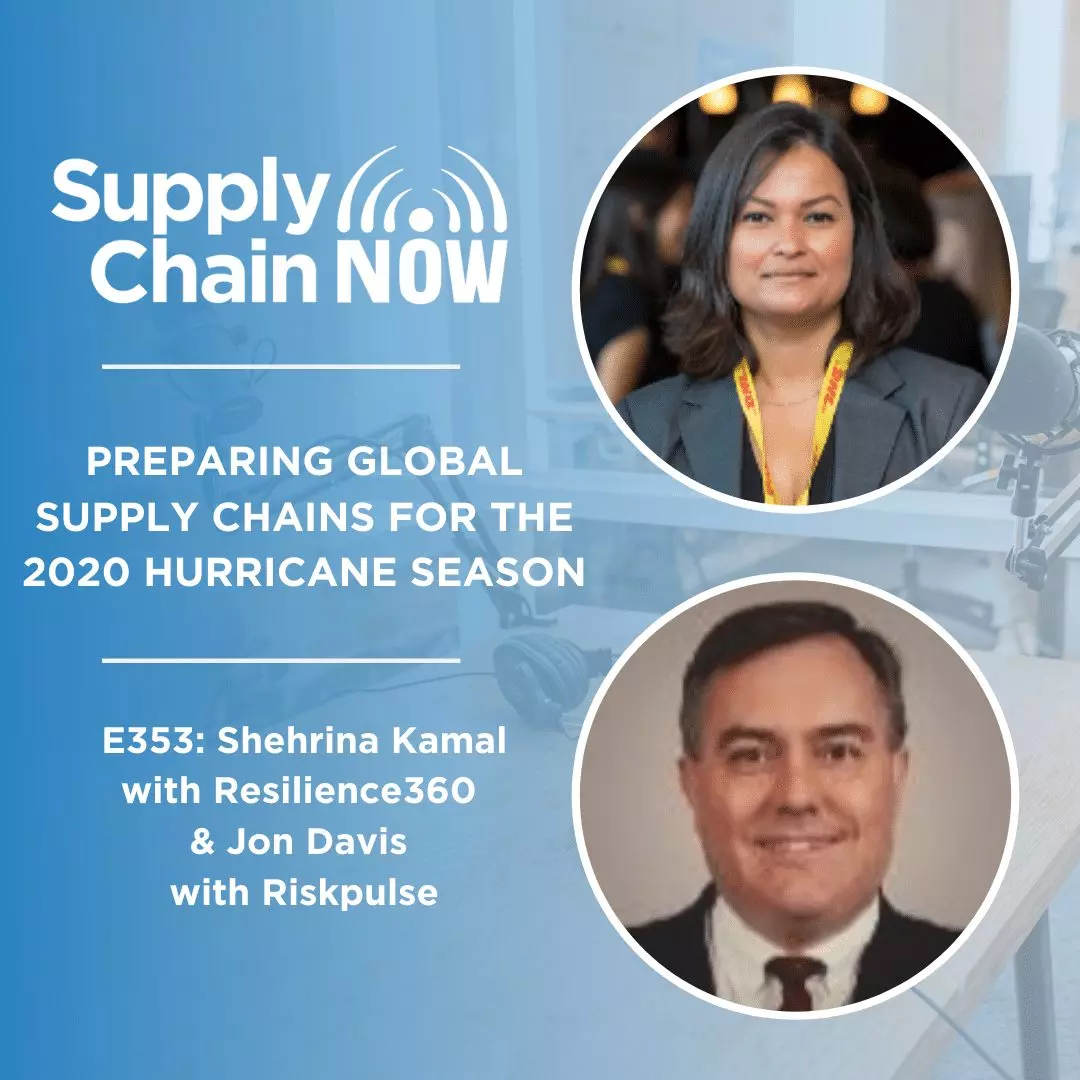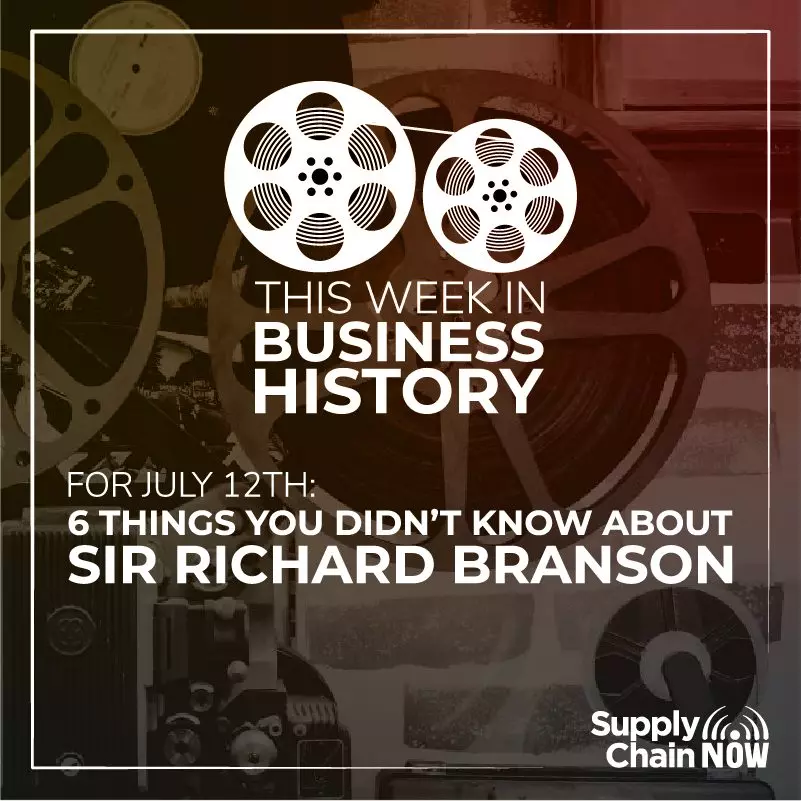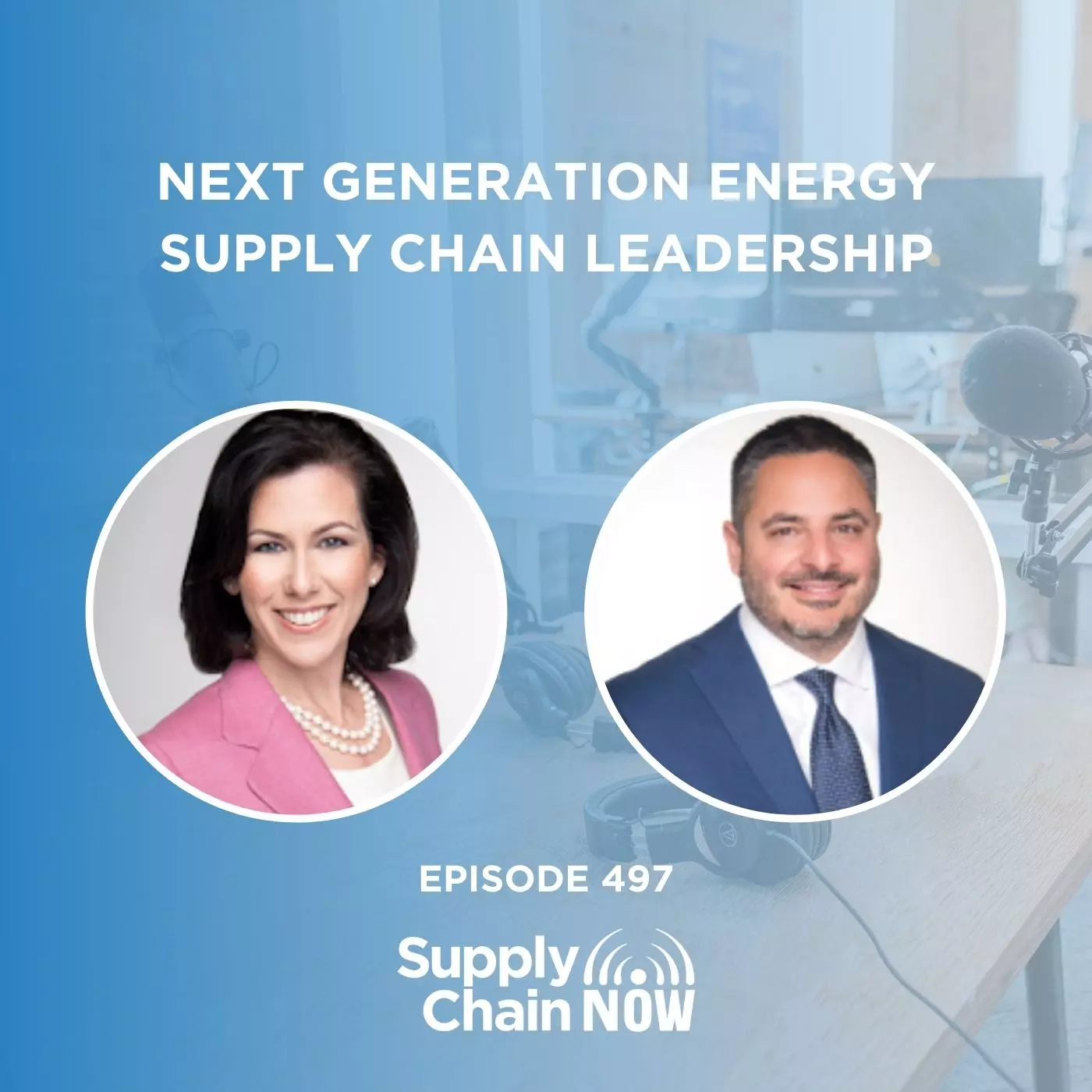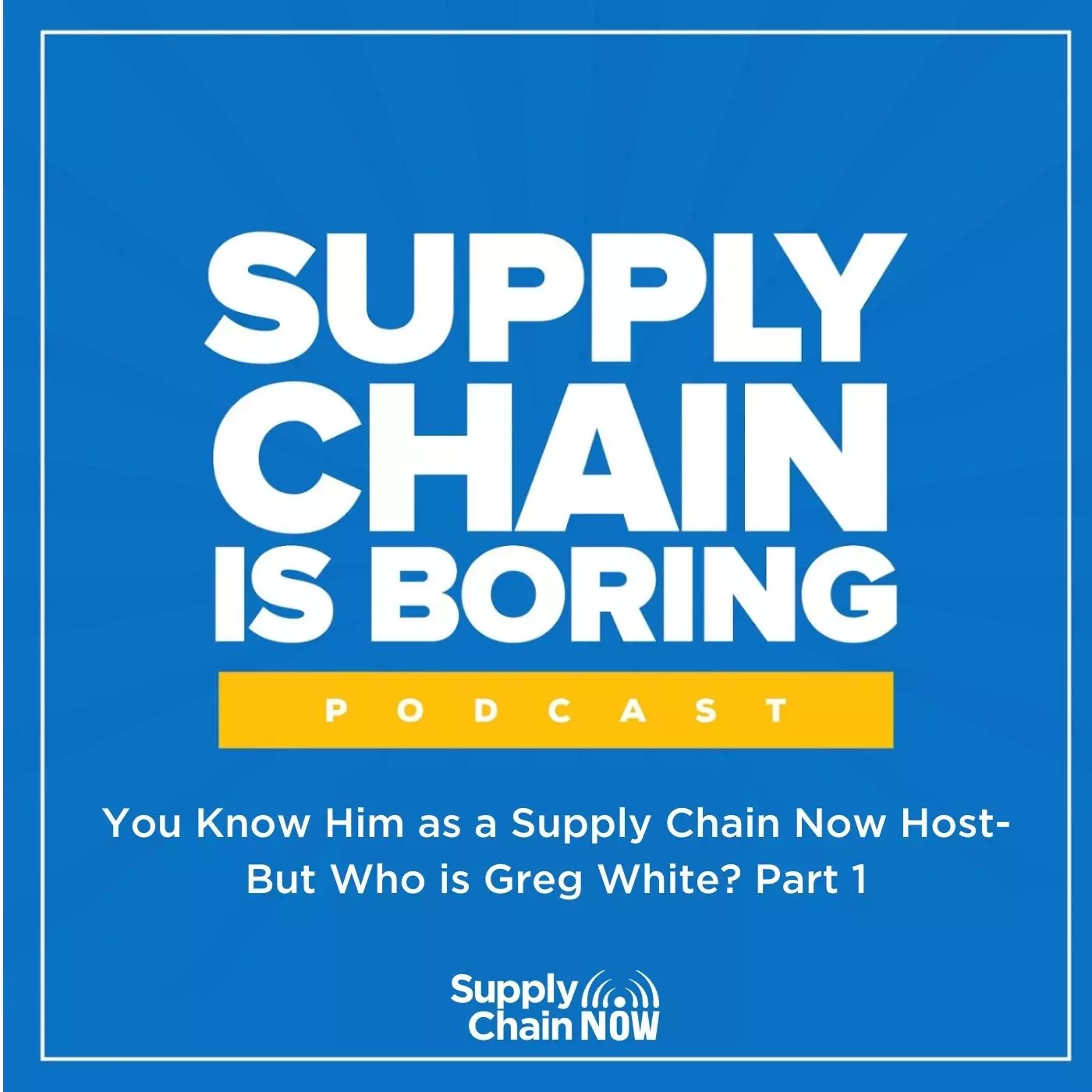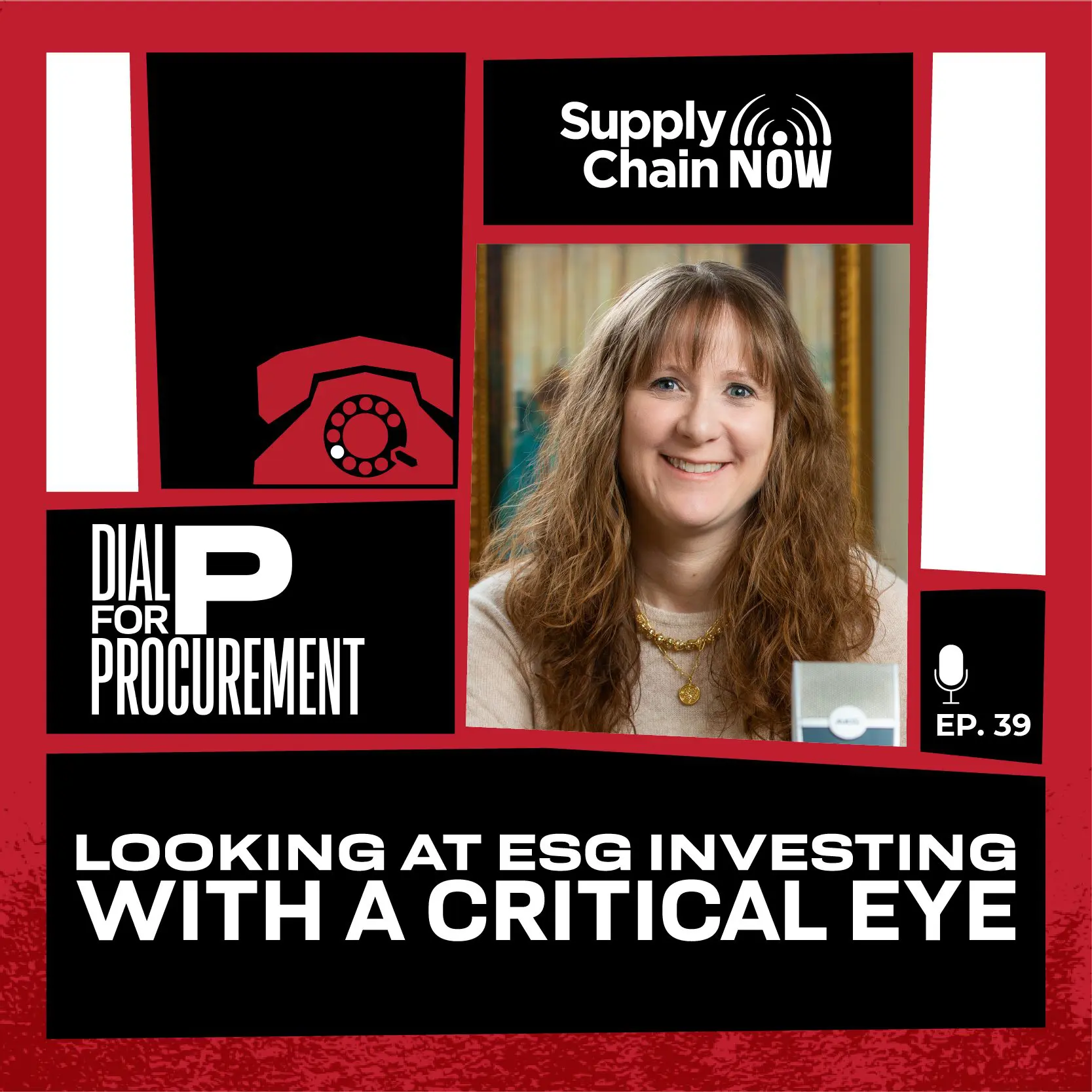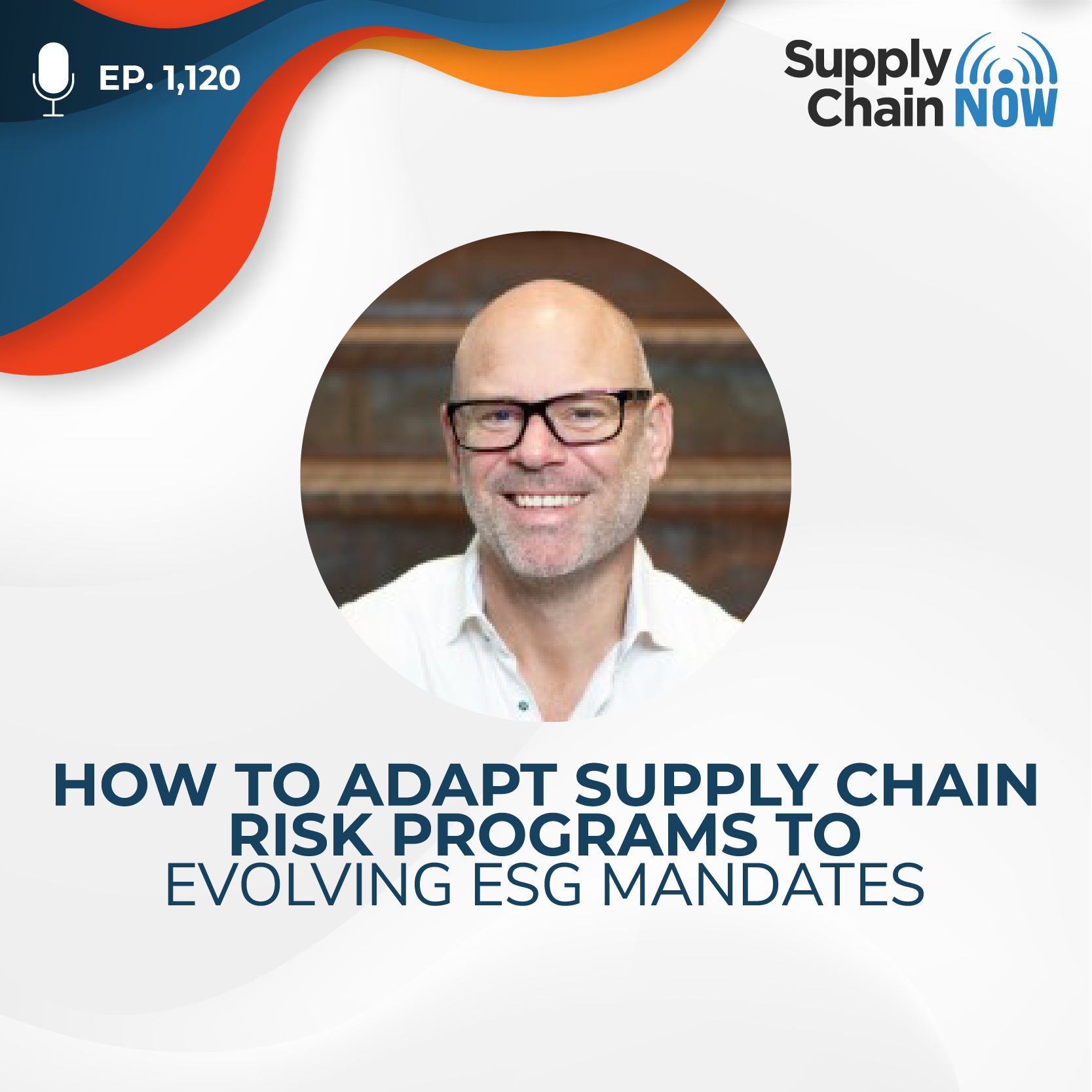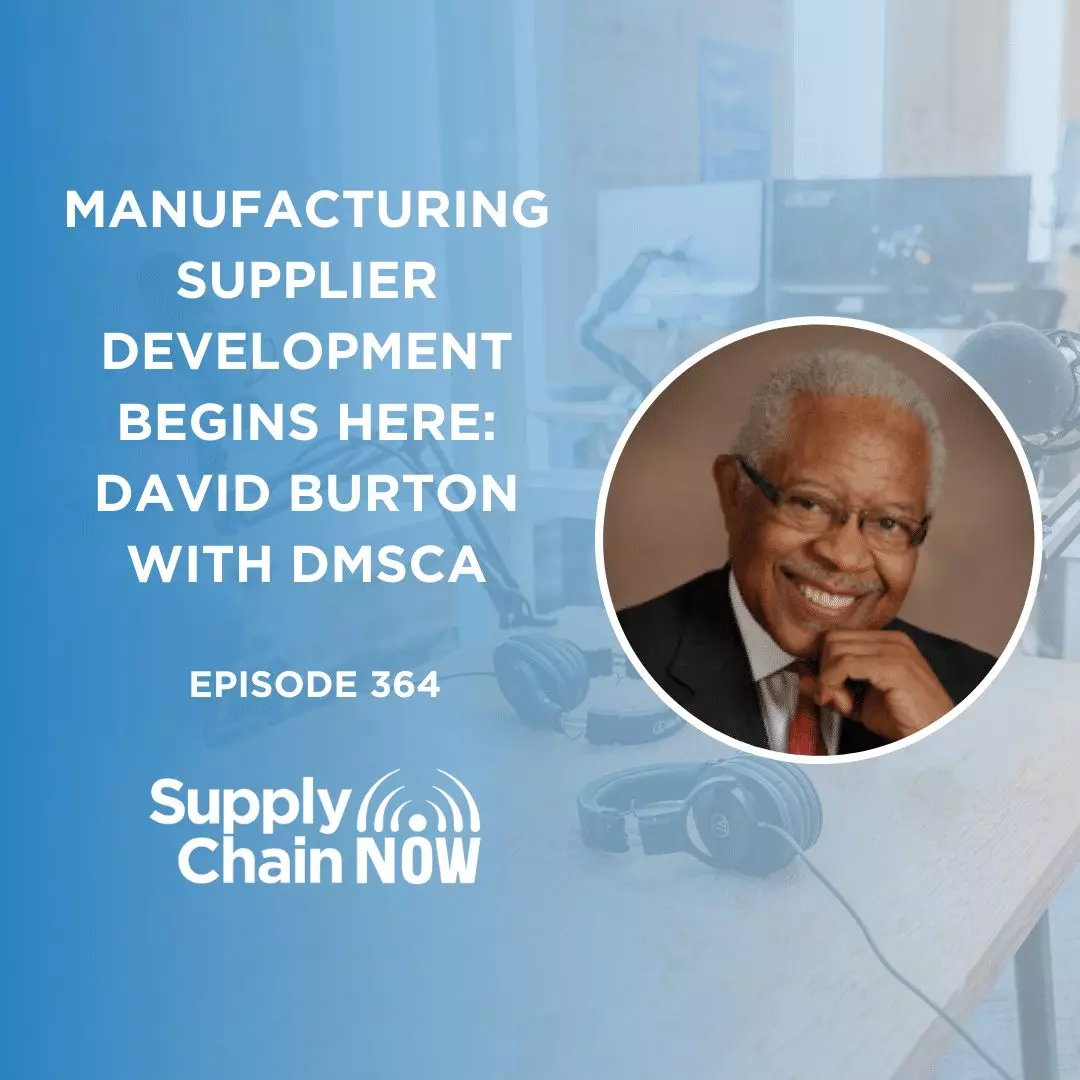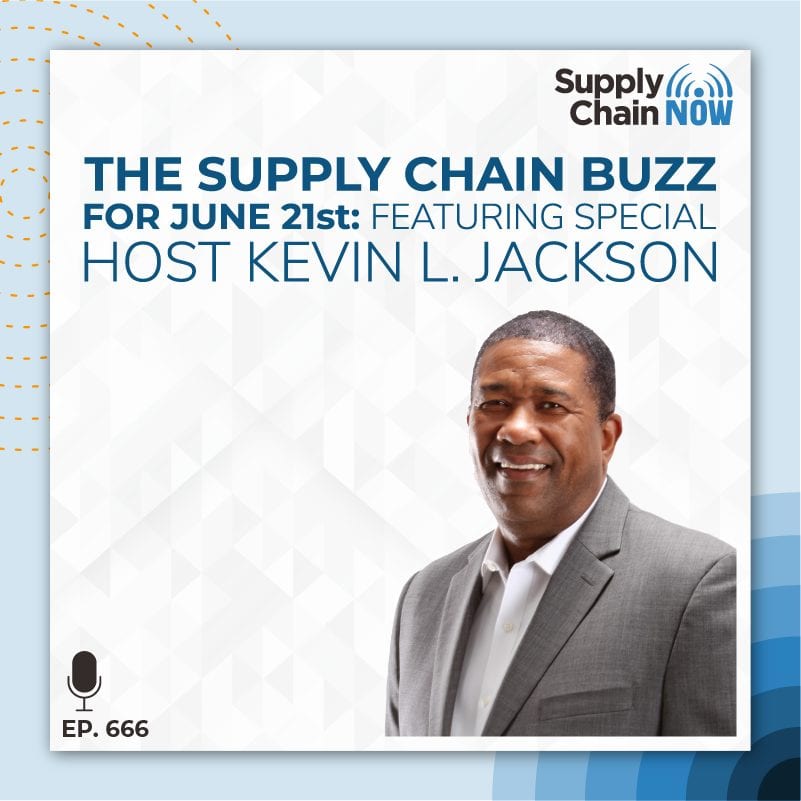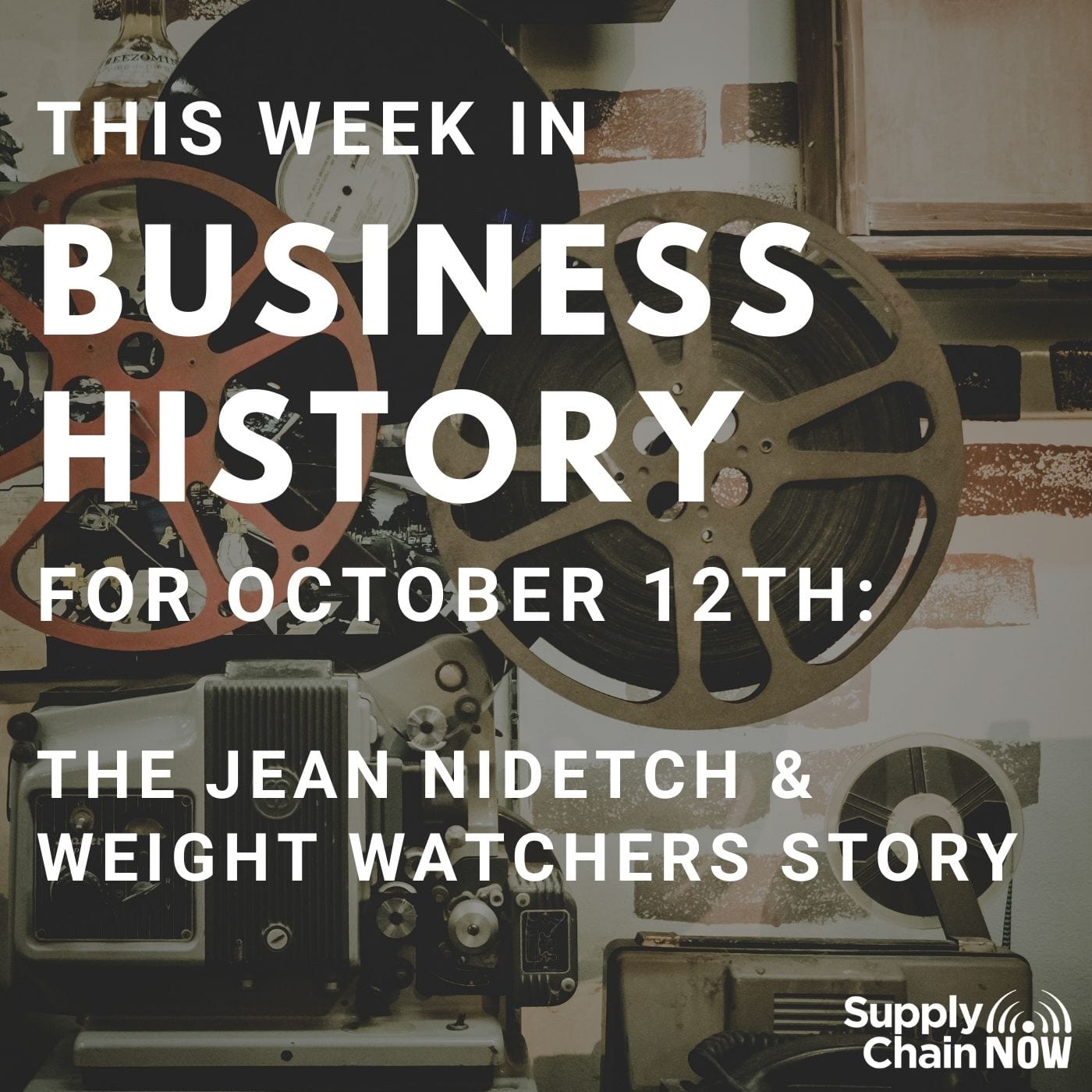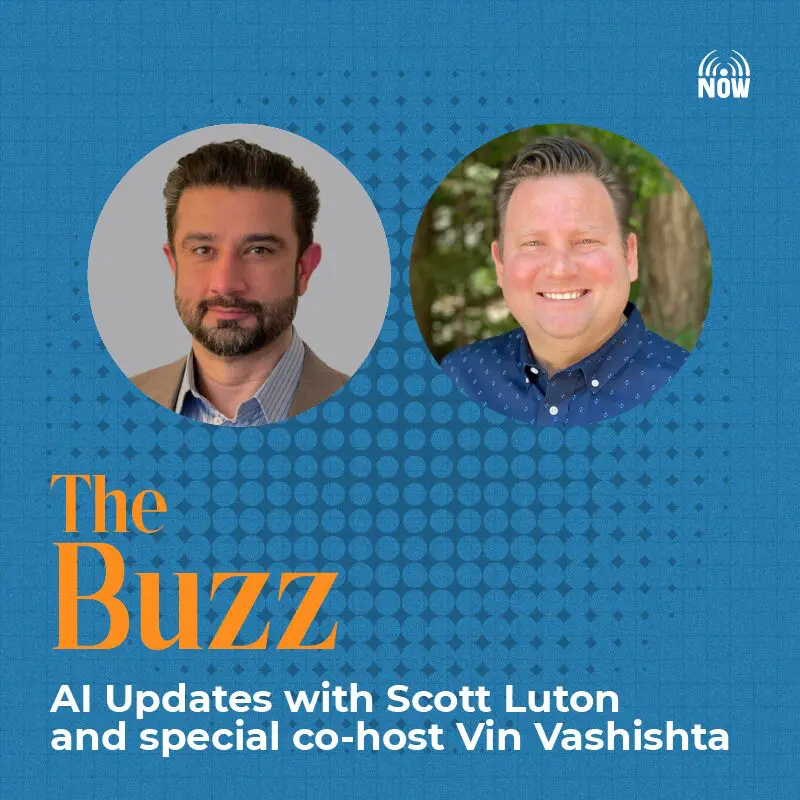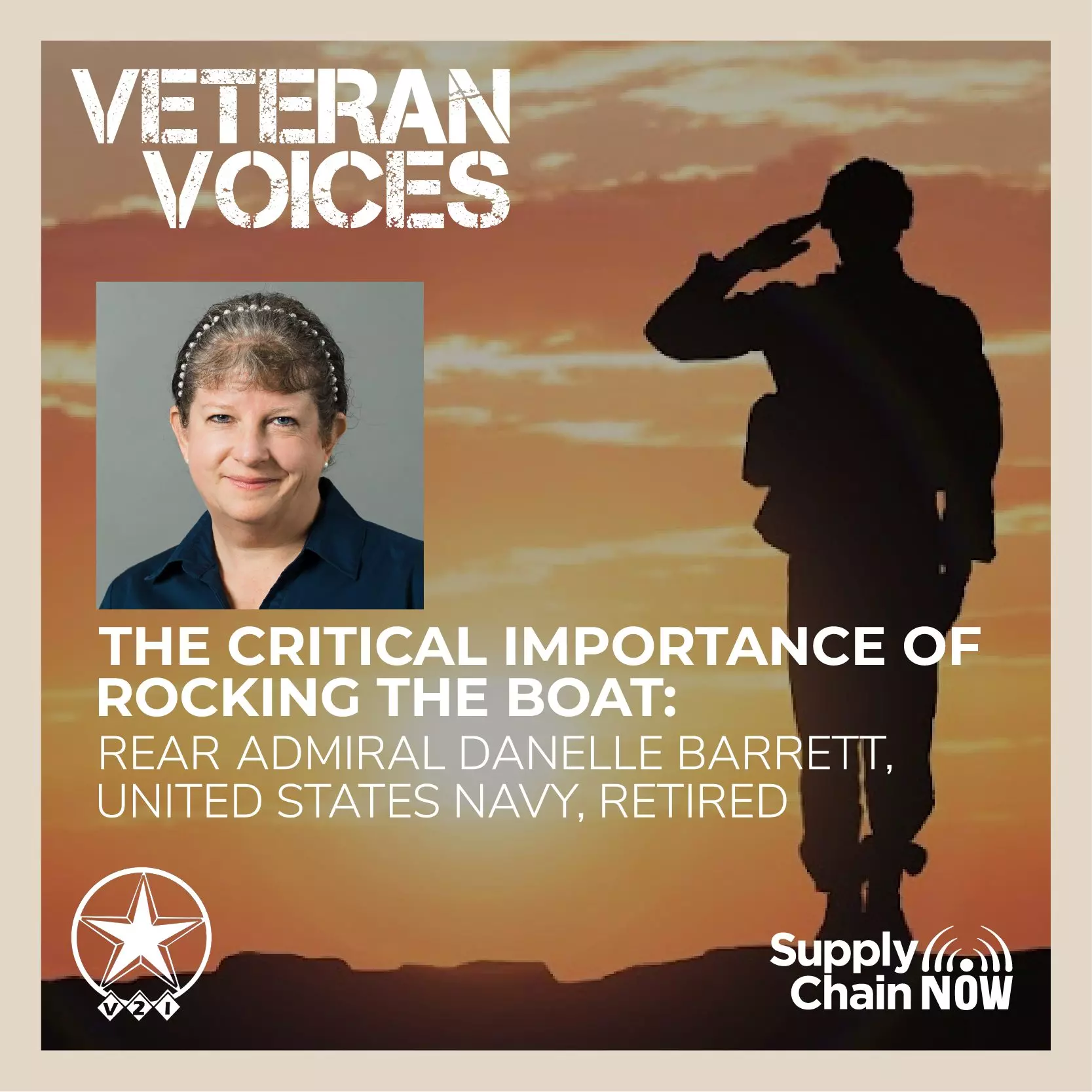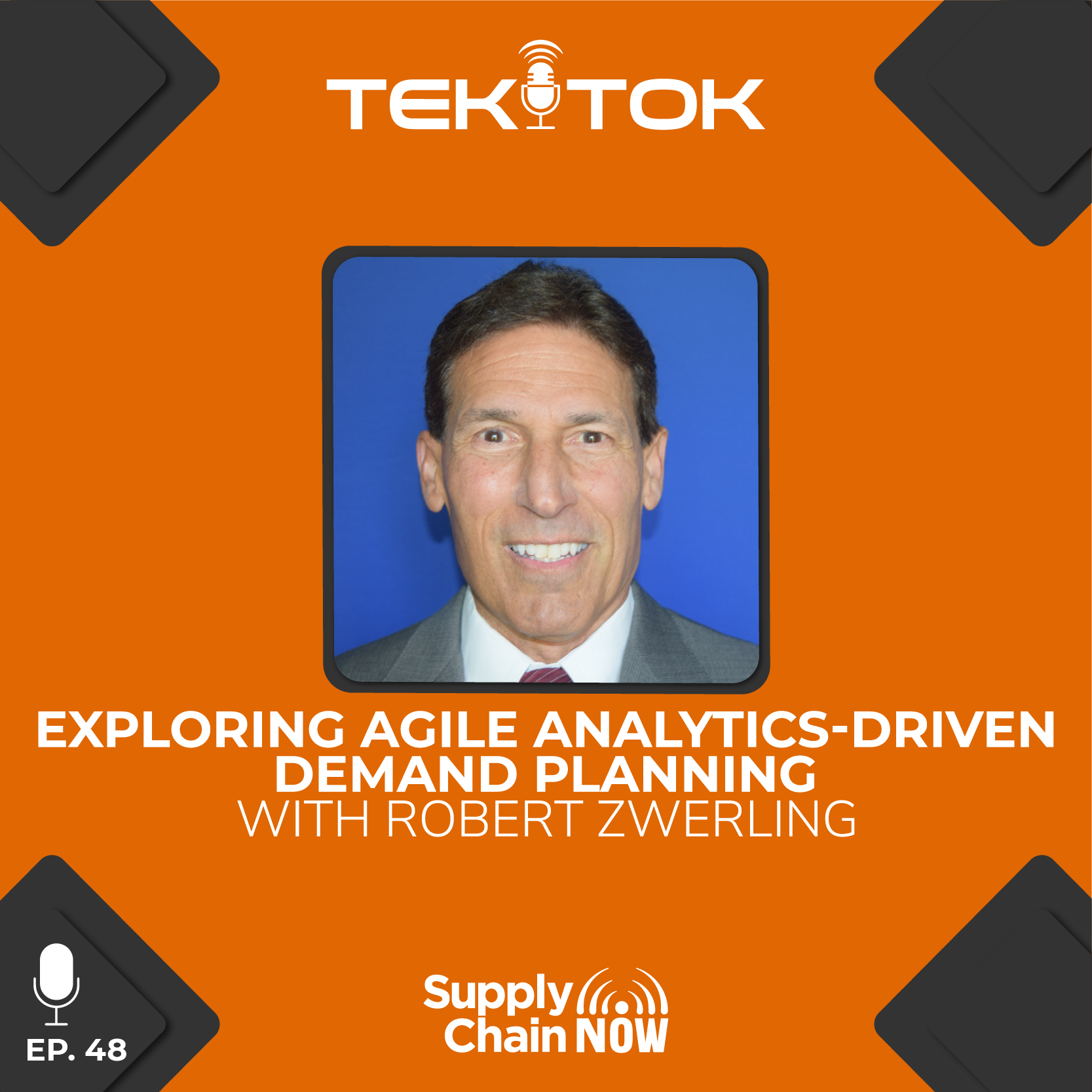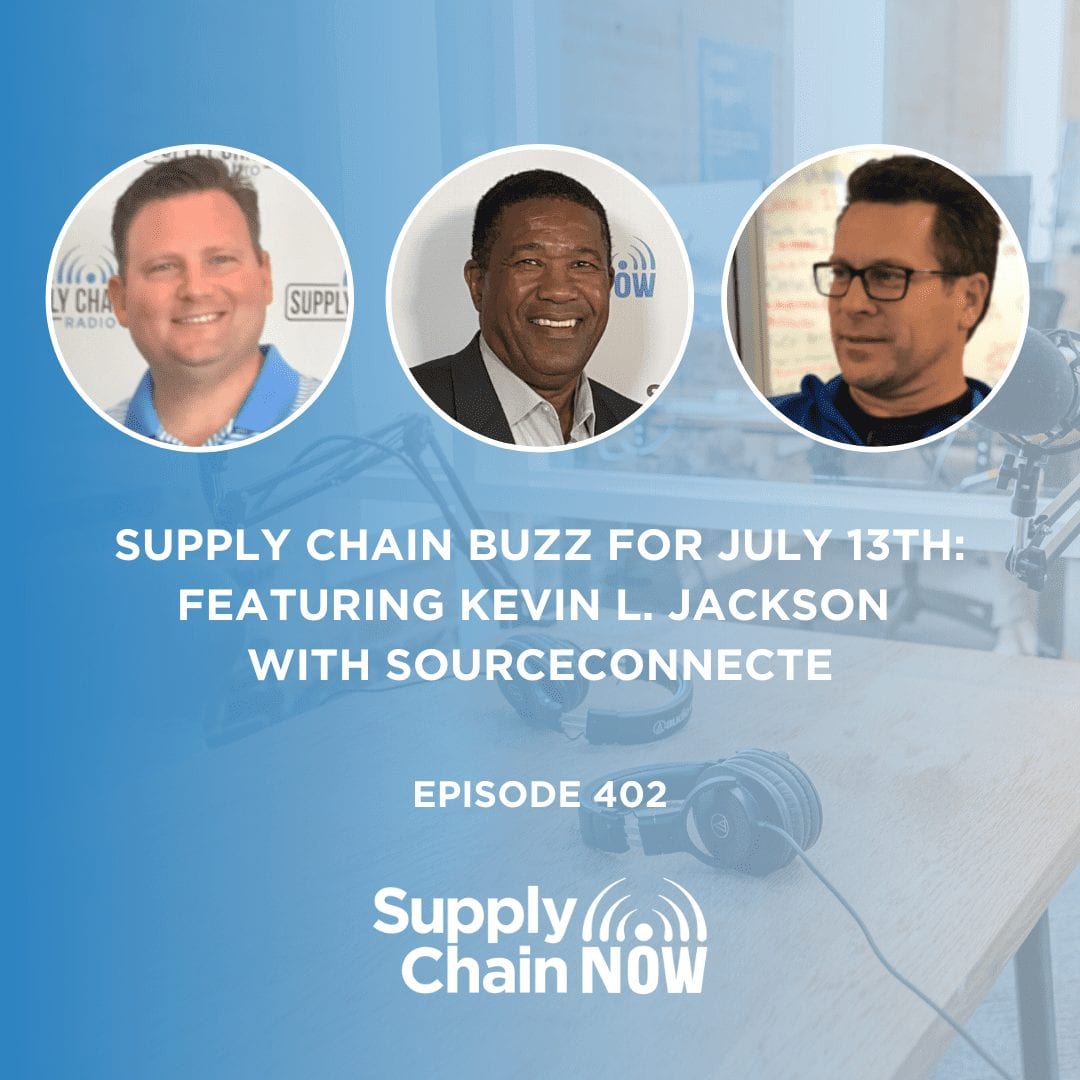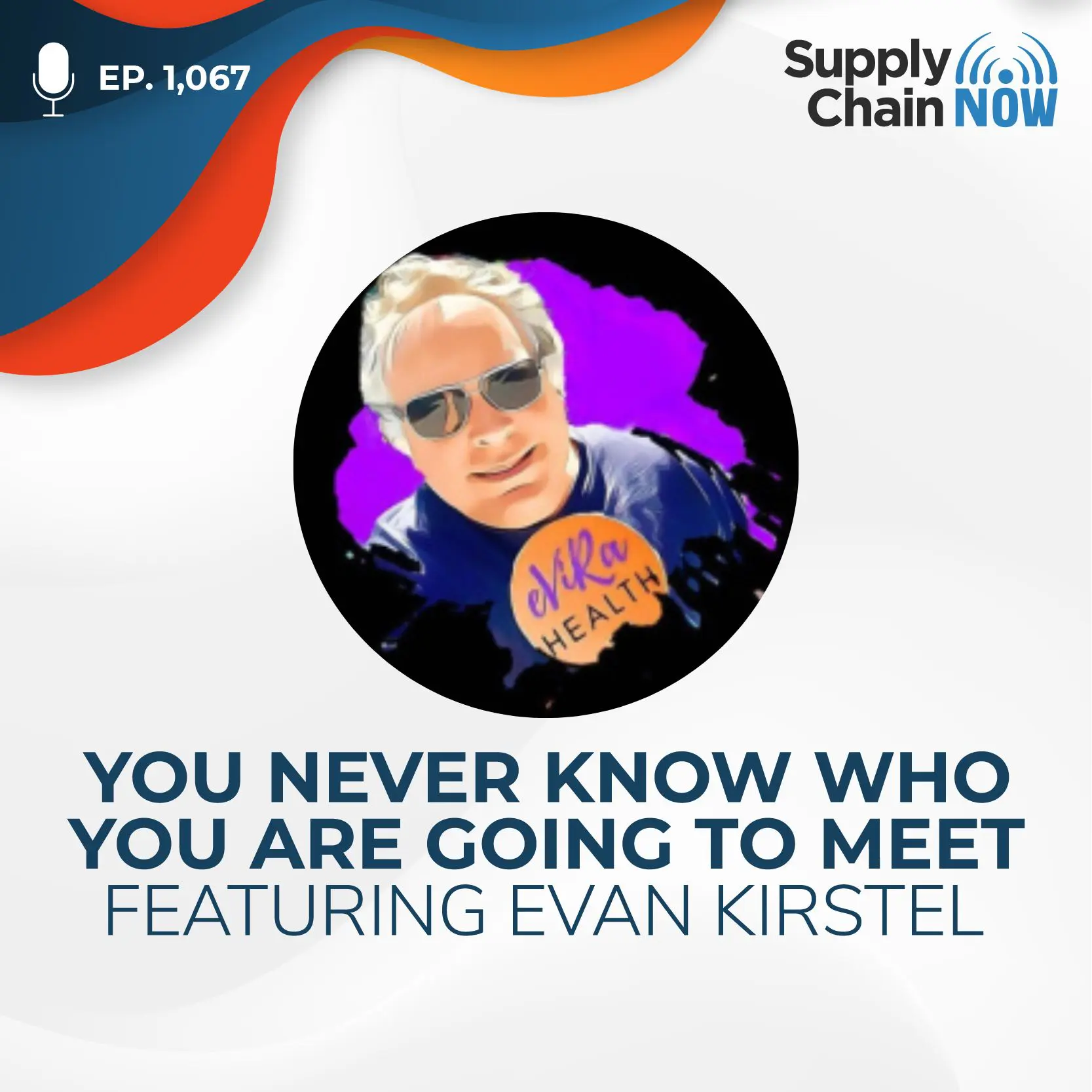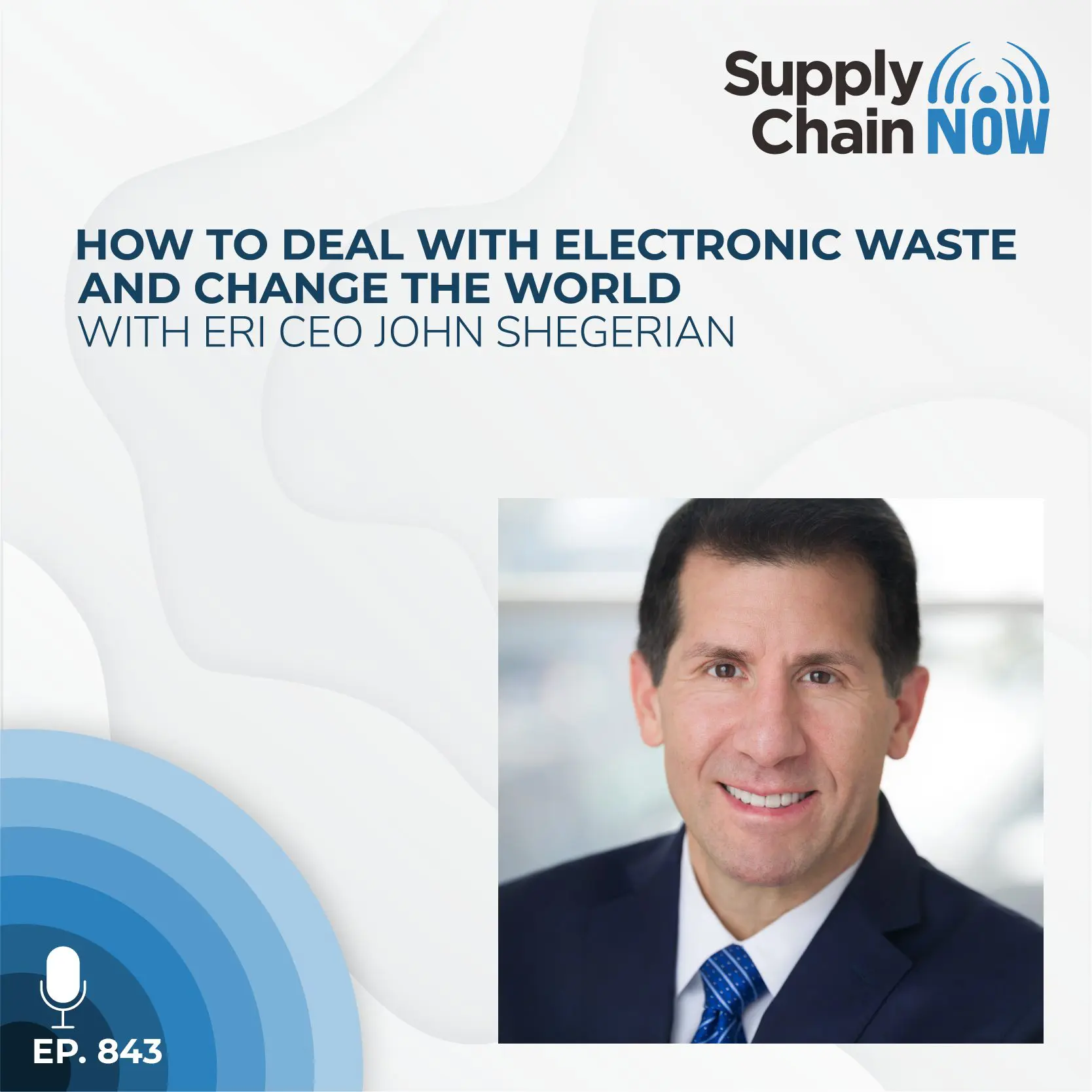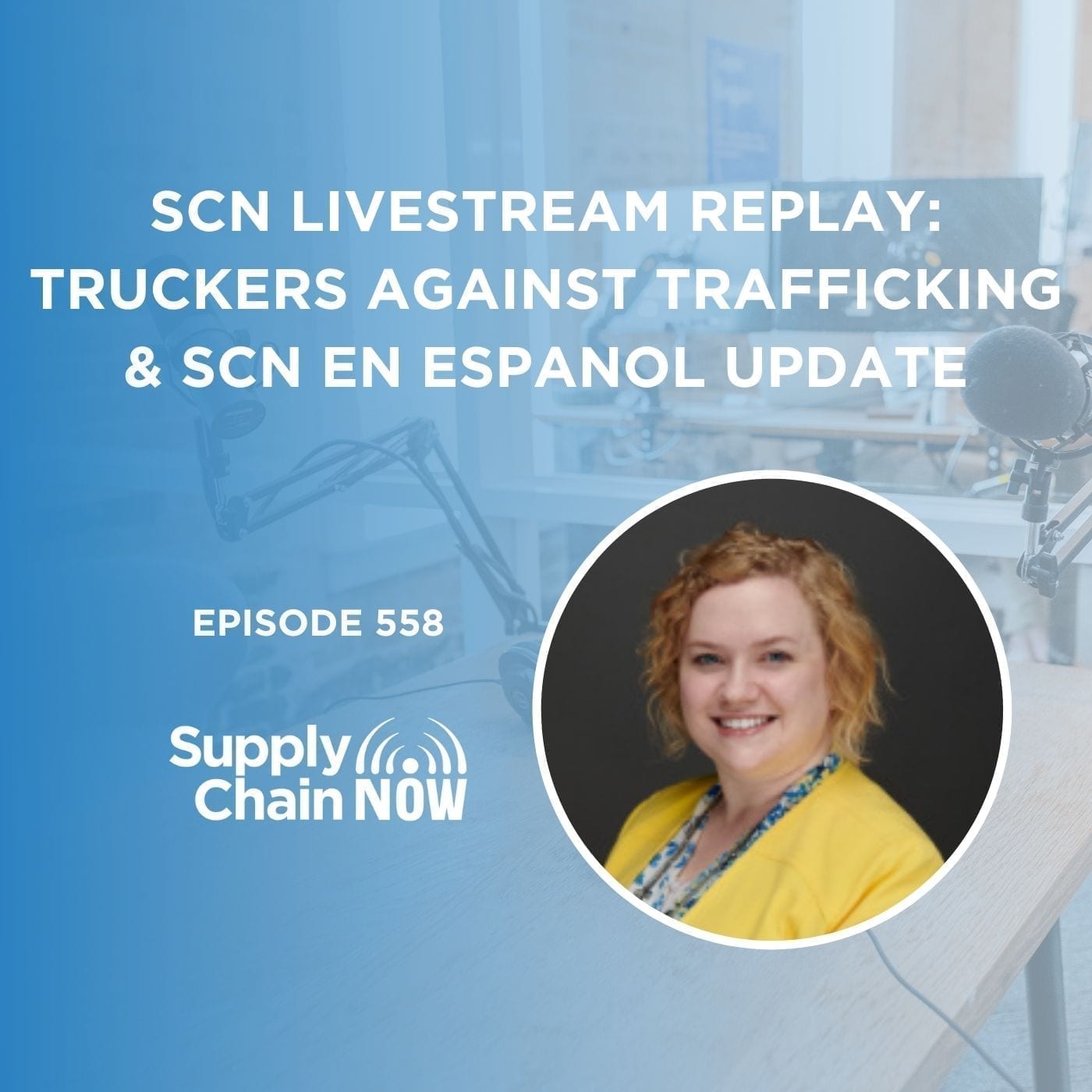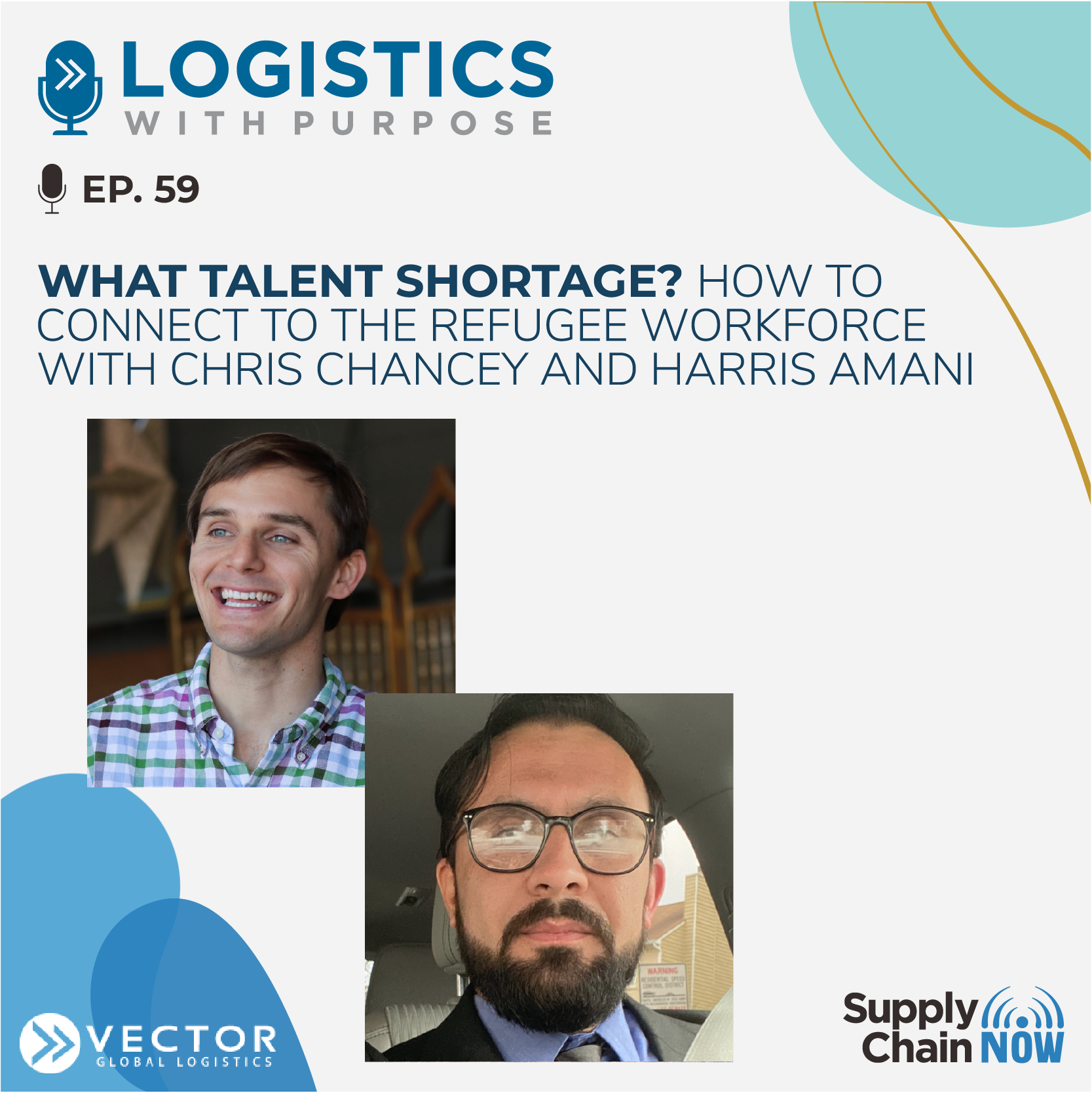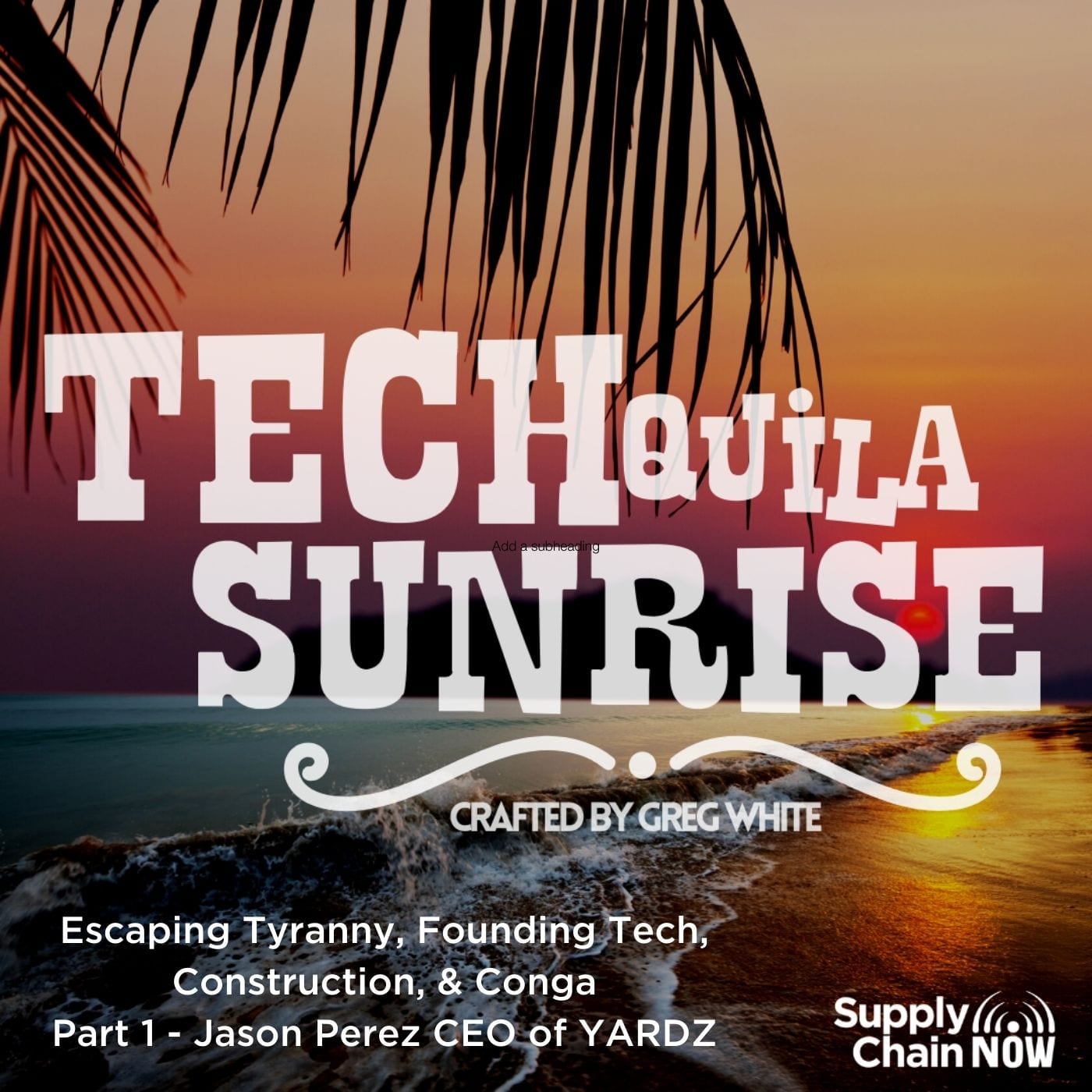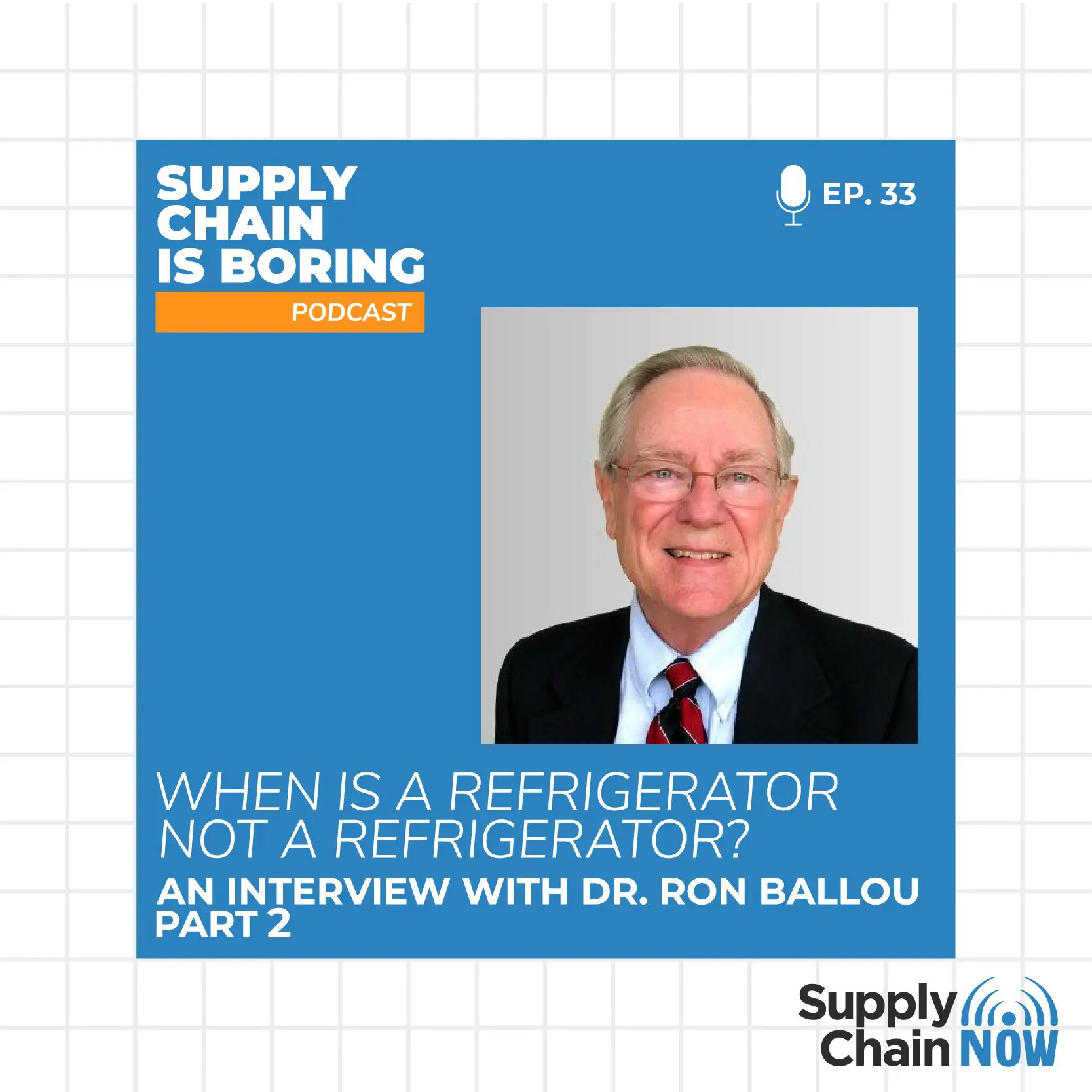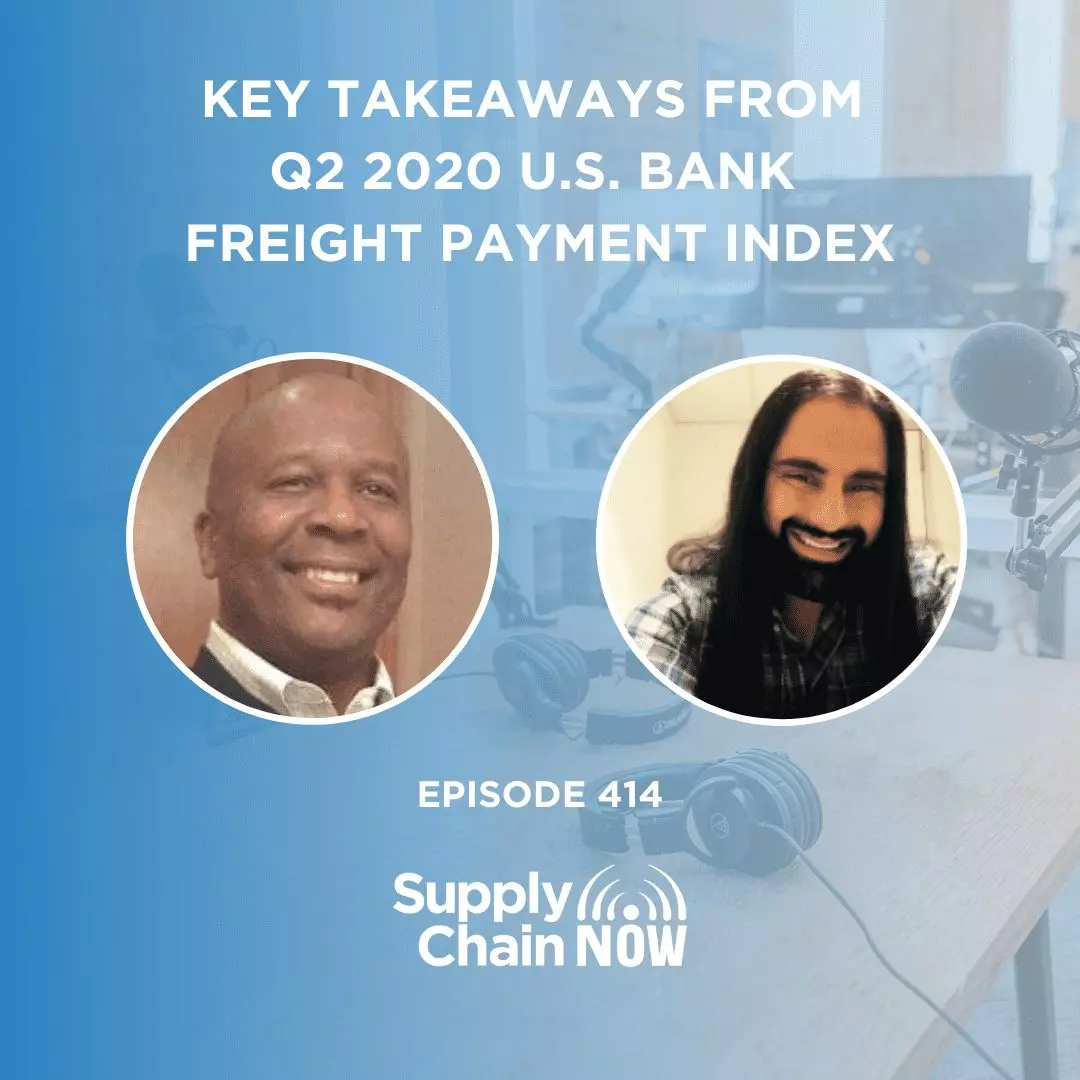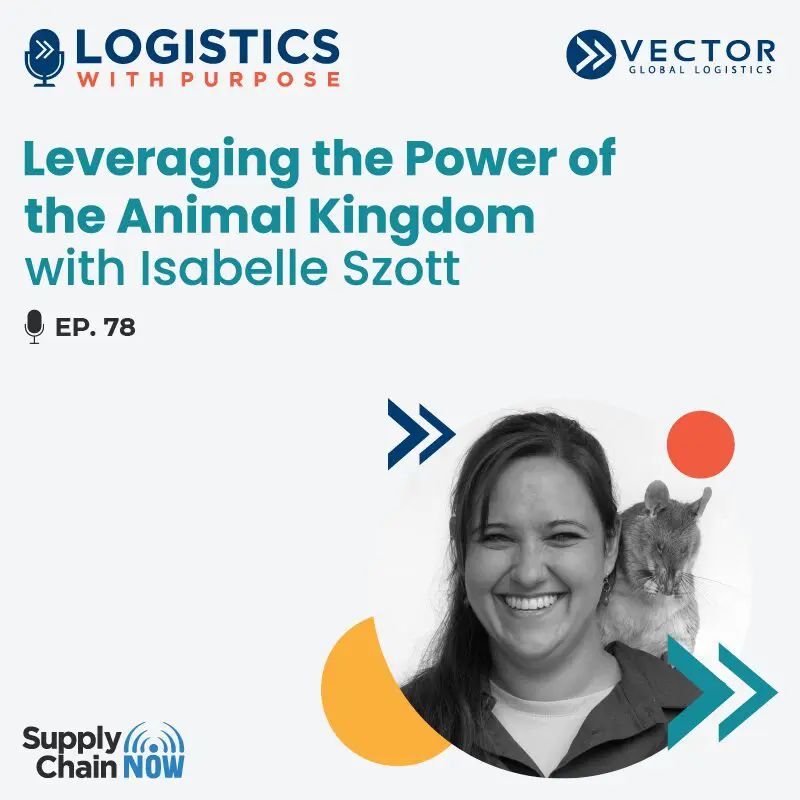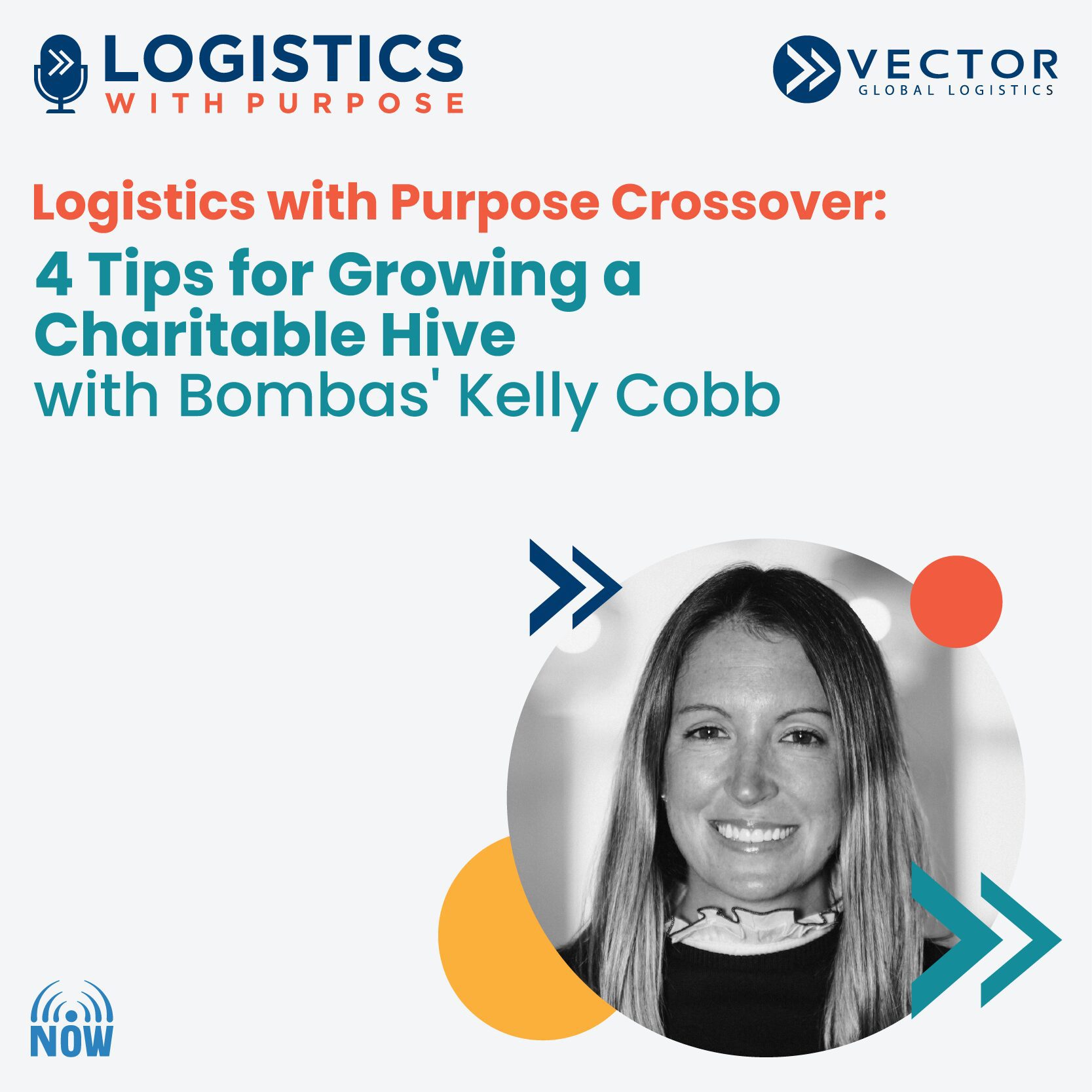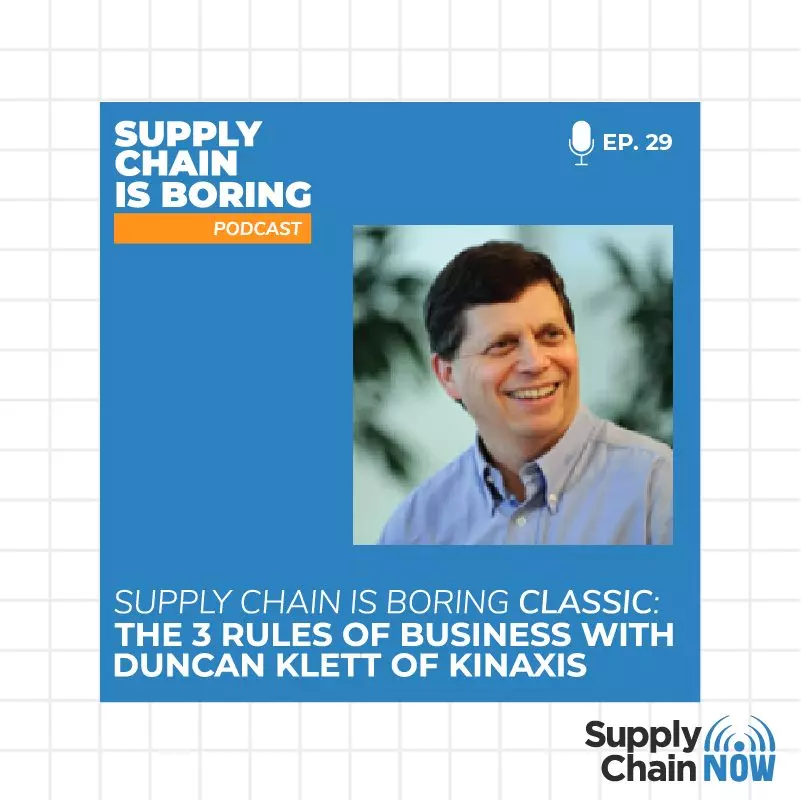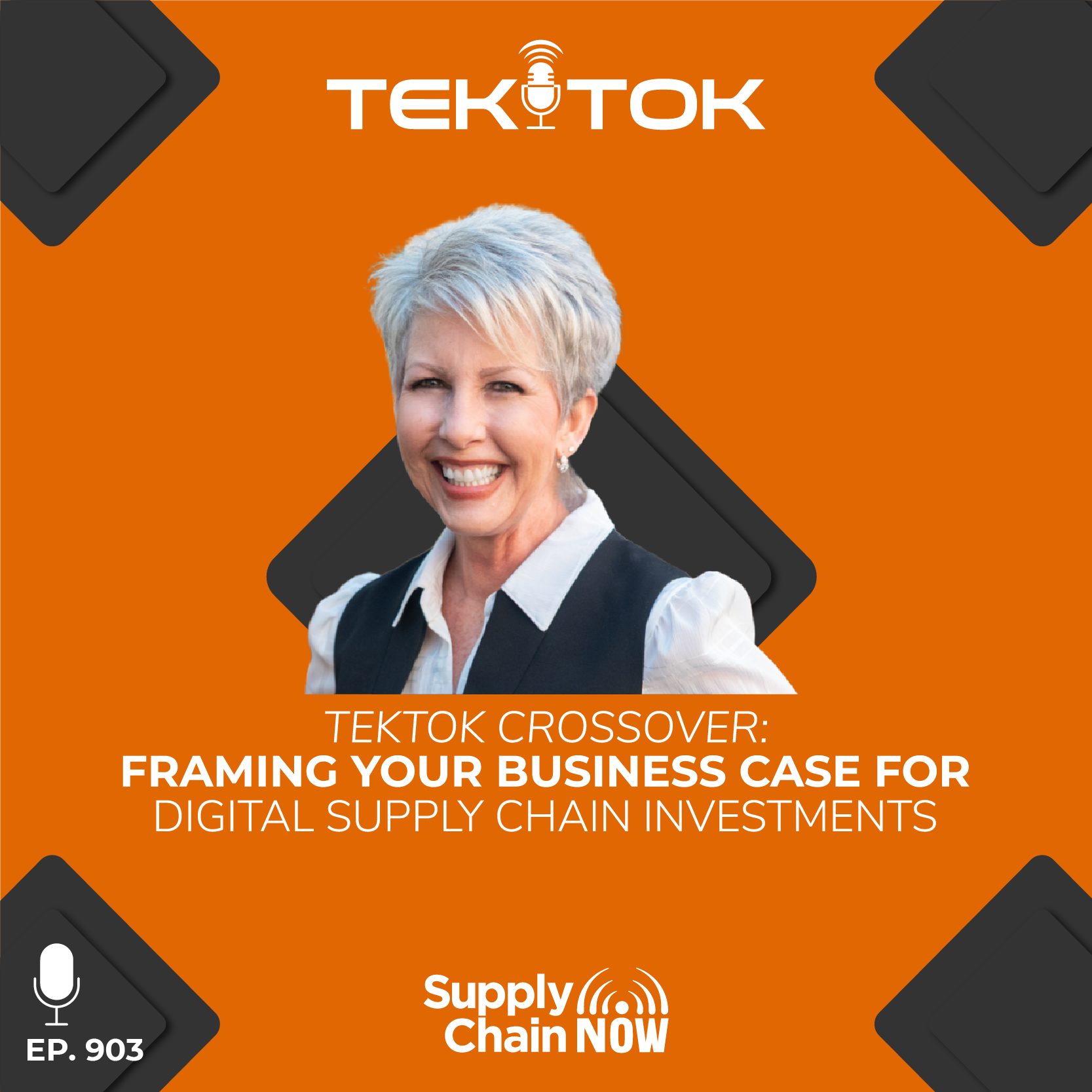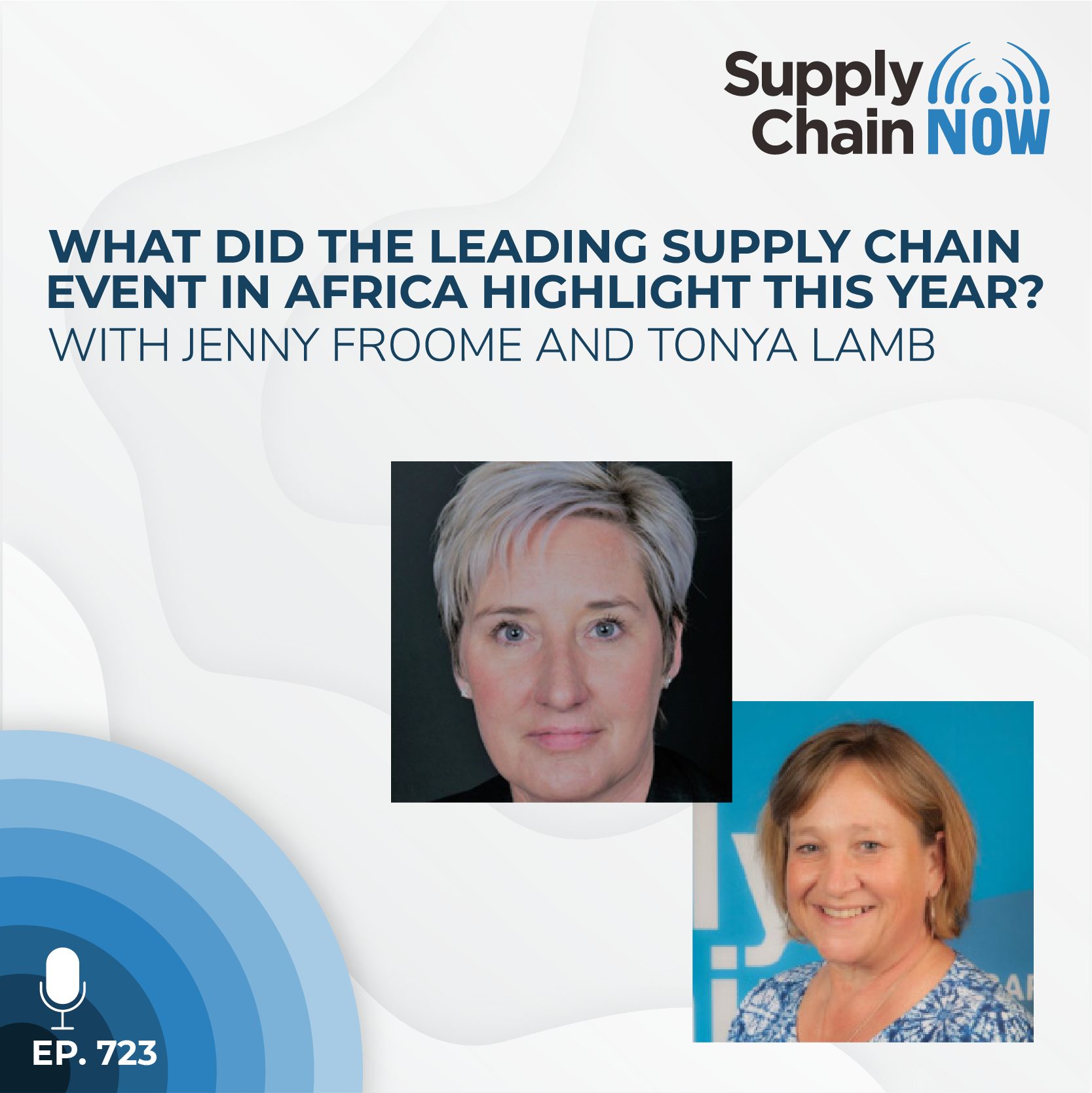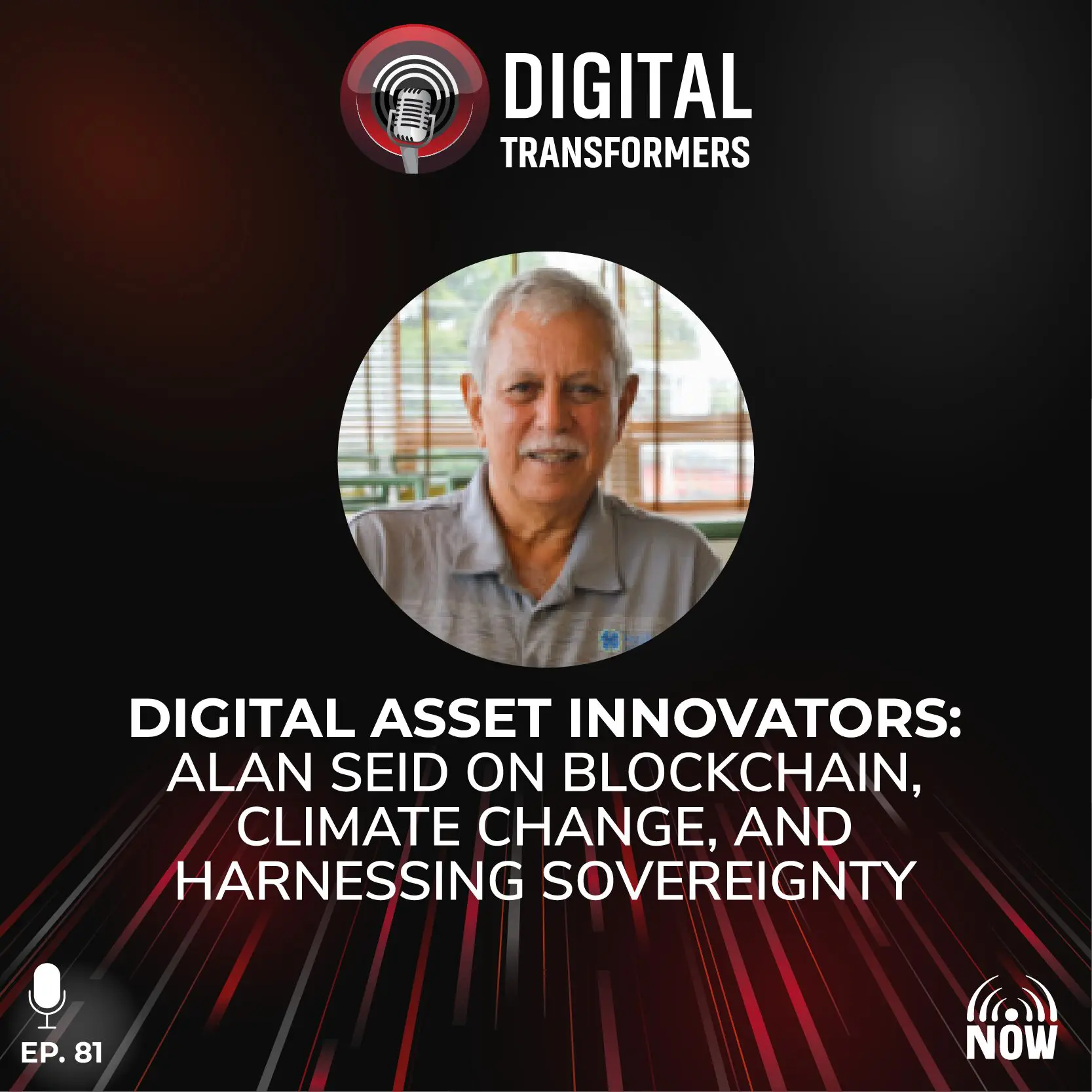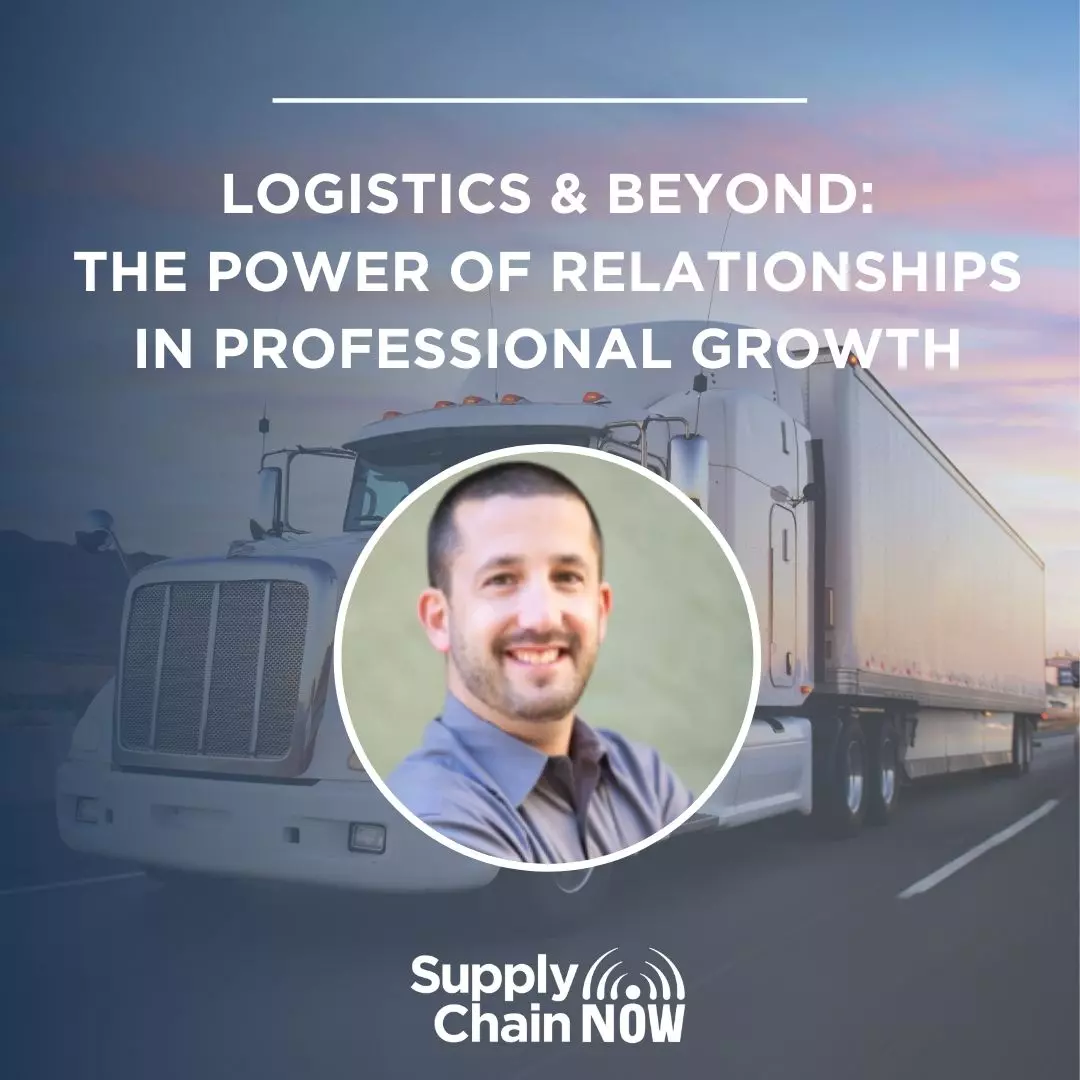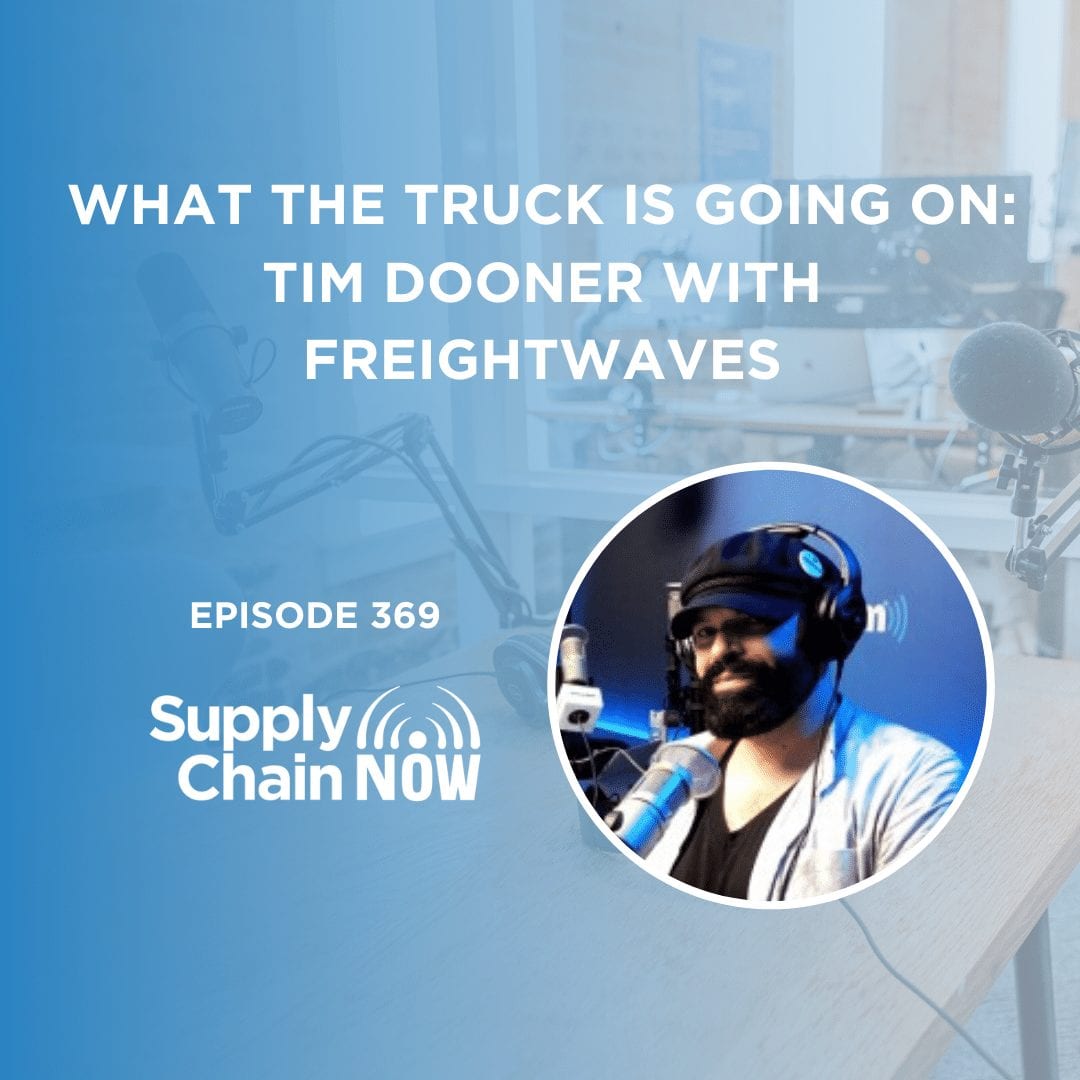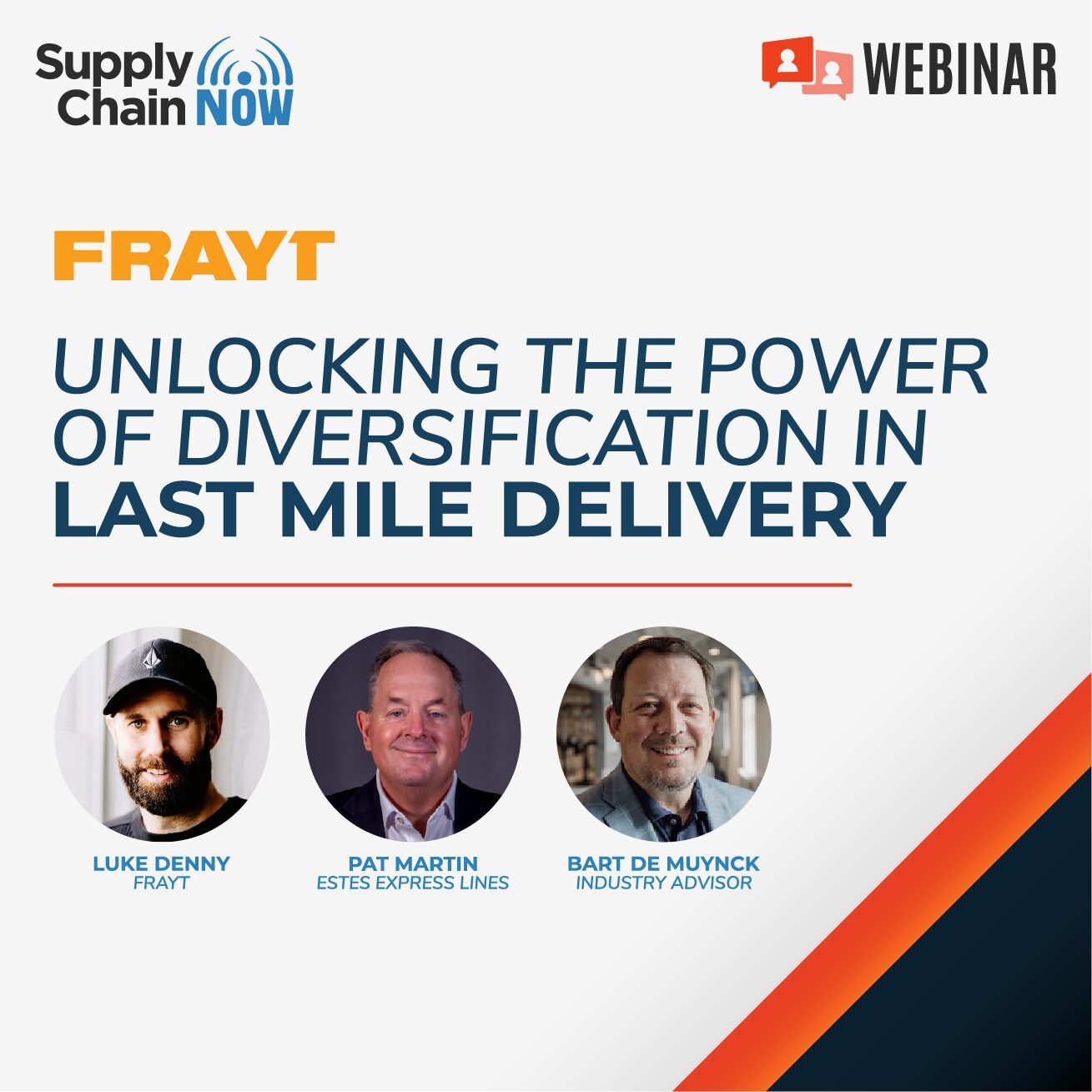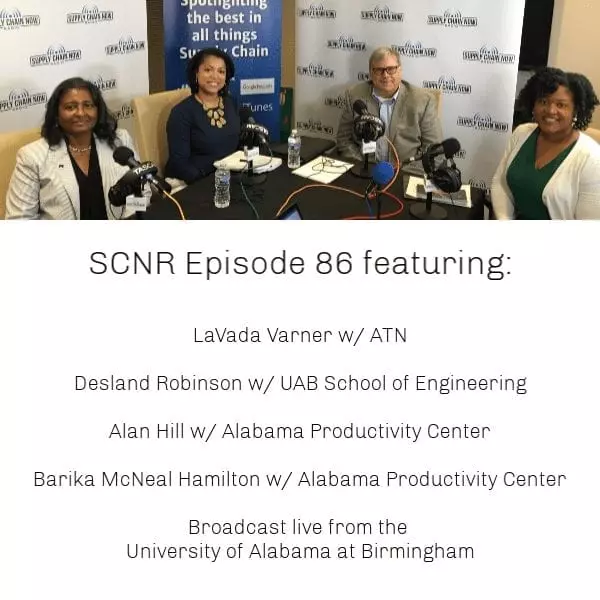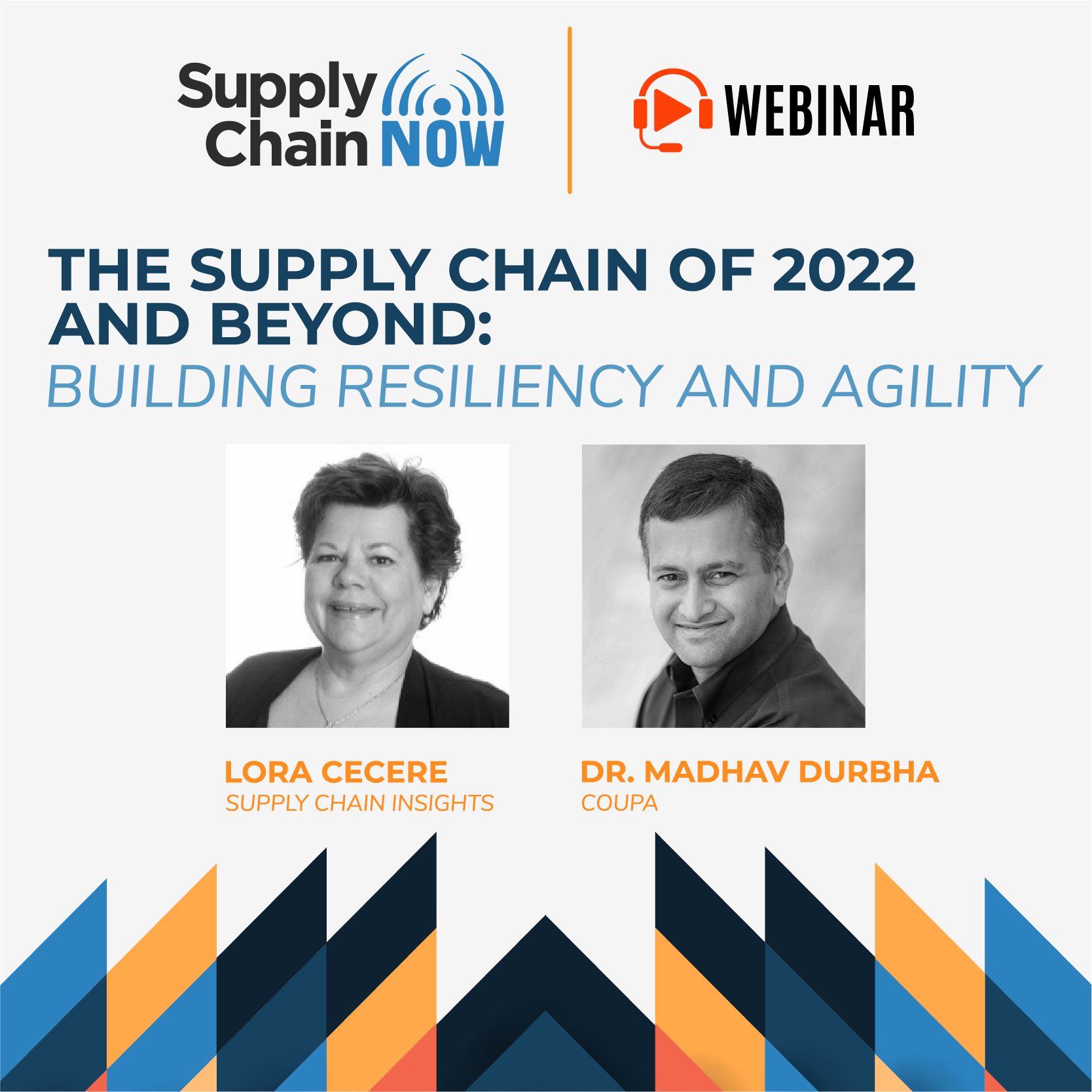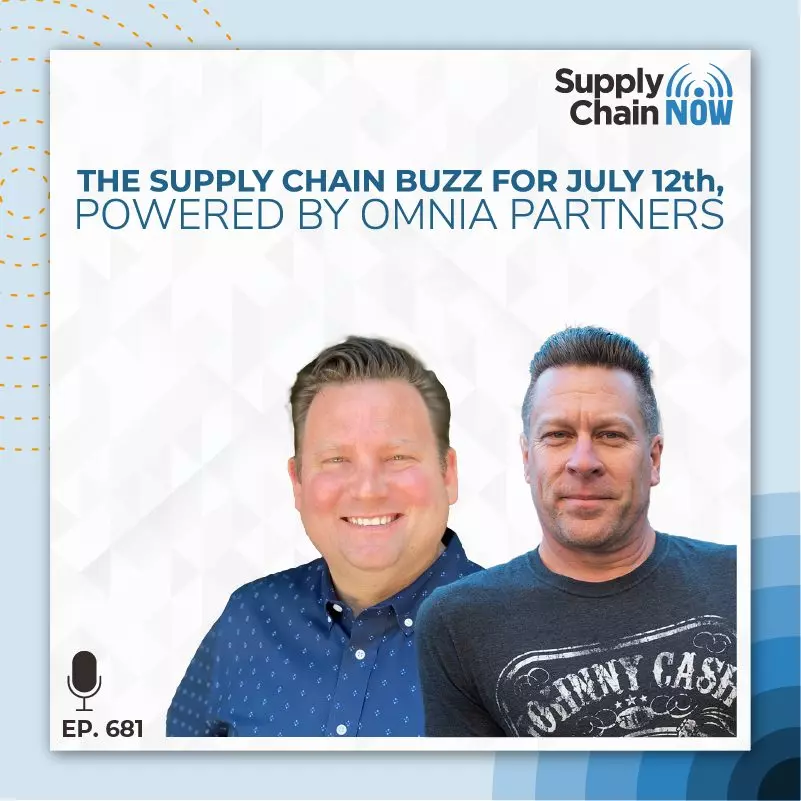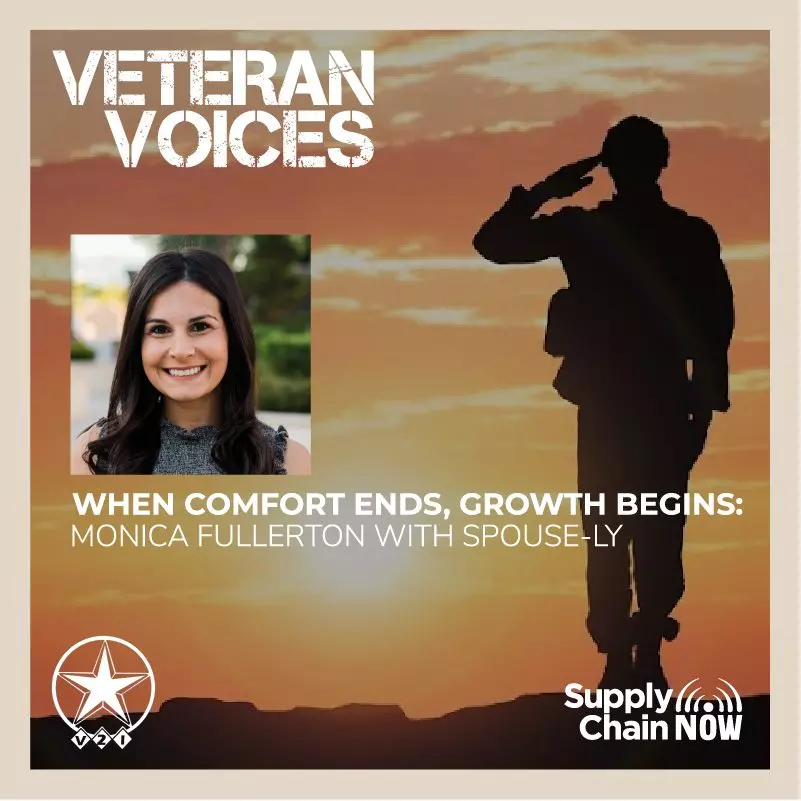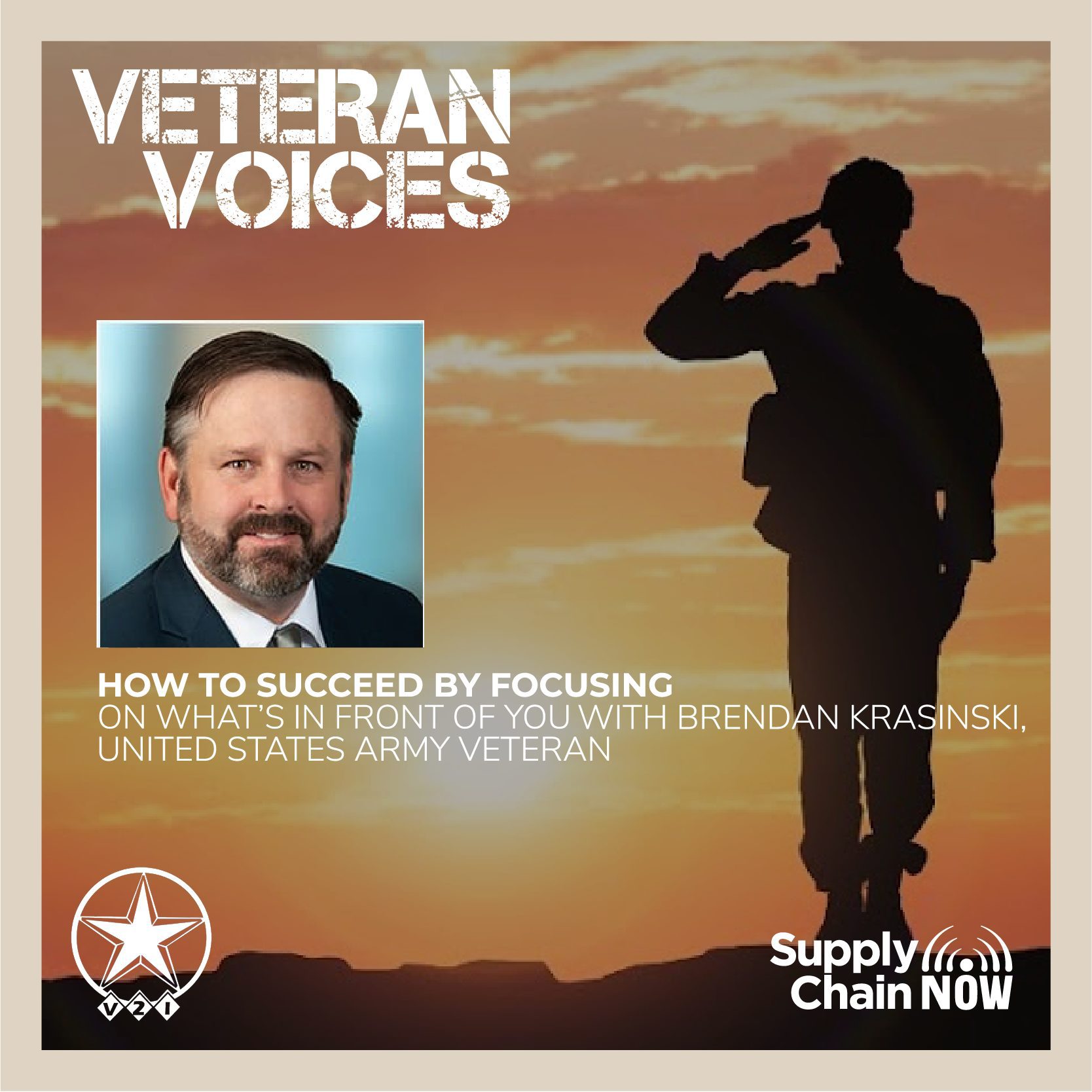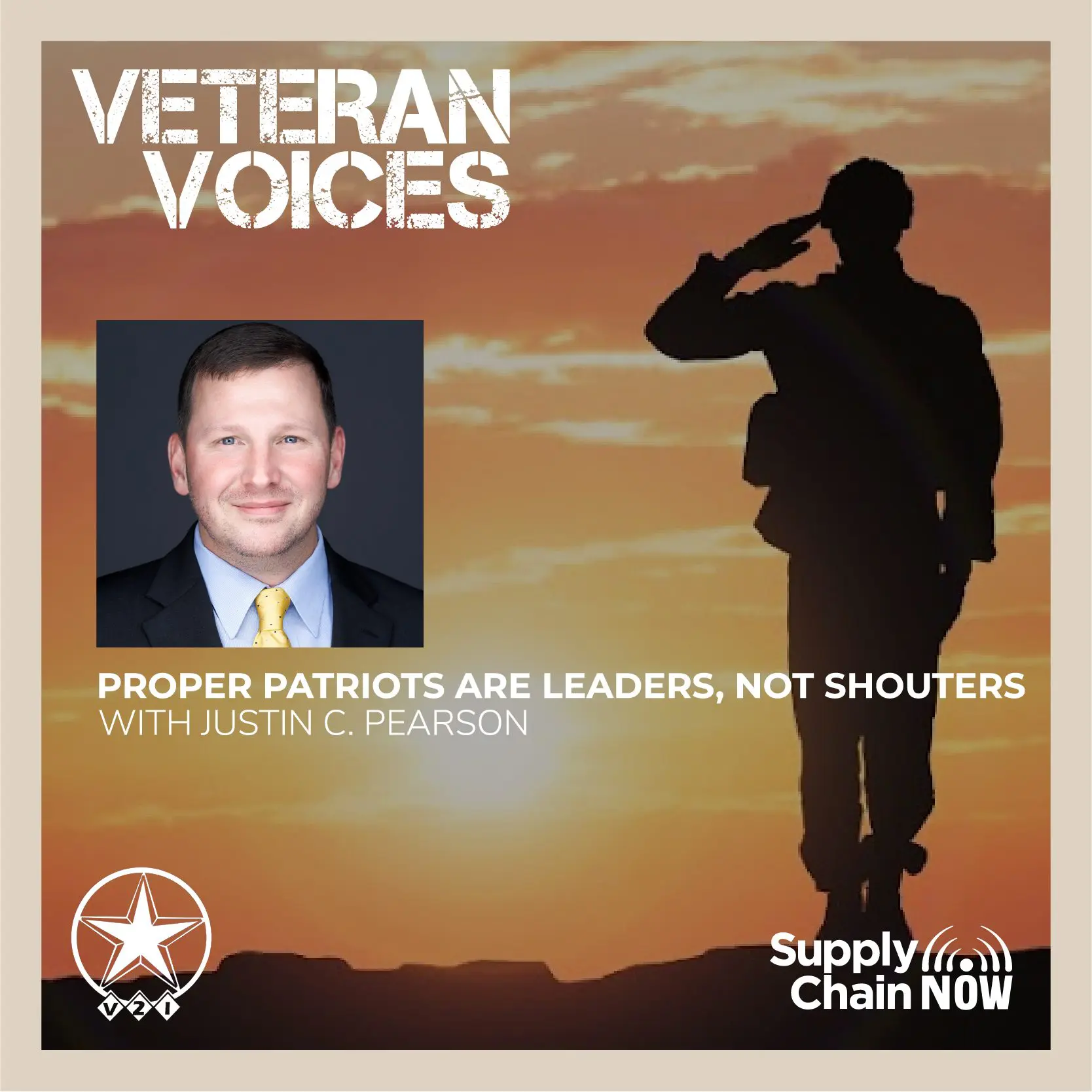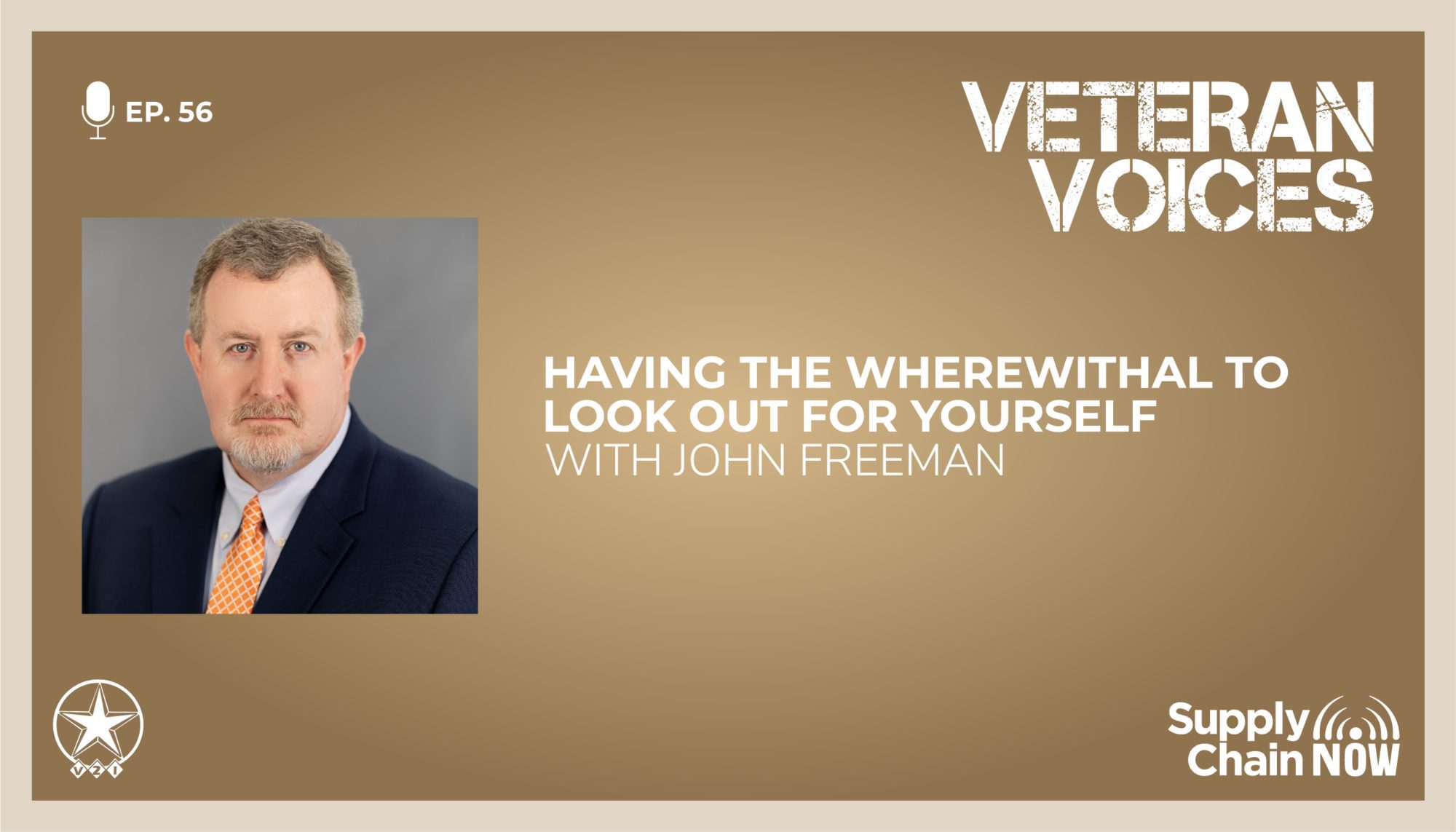
I joke about it now, but I was a knucklehead college dropout who signed up for the college fund and my seventh jump was into combat. There were dudes shooting; I remember seeing red and green tracers. It was not the onslaught of combat that our grandfathers would've seen in World War II, but it was intense combat in the eyes of a 22-year-old who'd been through about six months of training.
- John Freeman, U.S. Army Veteran
Episode Summary
In this interview, Veteran Voices host Mary Kate Soliva welcomes John Freeman, a U.S. Army Veteran and Director of Law Enforcement Operations at the Human Trafficking Institute. After being raised in a military family, he became a combat paratrooper and went on to serve and work in Saudi Arabia, Iraq, Kuwait, Bosnia, Panama, St. Criox, Nigeria, and Korea.
It was while working as a Special Agent for the U.S. State Department in Korea as part of a visa/passport fraud detection unit that he came across a connection between many of the people they were investigating – just 5 IP addresses. It ended up being a crucial missing link between Korean organized crime and human trafficking. He had found the cause that would drive his work going forward.
Mary Kate and John take this opportunity to discuss:
- The surprise at finding himself on humanitarian missions while in the Army
- Why transitioning out of the military can create such a feeling of insecurity and instability for Veterans
- Just how pervasive and close to home the problem of human trafficking is today
Episode Transcript
Intro/Outro (00:00:02):
Welcome to veteran voices. A podcast is dedicated to giving a voice to those that have served in the United States, armed forces on this series, jointly presented by supply chain now, and vets to industry. We sit down with a wide variety of veterans and veteran advocates to gain their insight perspective and stories from serving. We talked with many individuals about their challenging transition from active duty to the private sector, and we discuss some of the most vital issues facing veterans today. Join us for this episode of veteran voices.
Mary Kate Soliva (00:00:41):
How today and hello, Mary Kate Soliva with you here on veteran voices. Thanks for joining us today. We’ve got a wonderful conversation. I’m really excited, teed up for you today with a veteran and an advocate. Stay tuned for a great discussion. Quick programming note before we get started, this program is part of the supply chain. Our family of programming is conducted in partnership with our friends. My dear friends Ave to industry. Learn more about this powerful nonprofit that is serving so many folks@vetstoindustry.org and an initiative near and dear to my heart, the Guam human rights initiative, find them on LinkedIn and at the university of Guam under the regional center for public policy. Okay. I can’t wait any longer. I’ve been very, very excited to introduce our guest in the past few weeks. So without further ado, less our guest today, our guest serves as the director of law enforcement at the human trafficking Institute. You he’s also a veteran of the United States army and hint, hint. He is a psychological operations soldier veteran, just like I am and here without further ado, John Freeman. Welcome John. Thank you so much for taking the time to meet with me today.
John Freeman (00:02:00):
Awesome. Hey Mary Kate. Uh, great to be here. Thank you for inviting me and really looking forward to our conversation.
Mary Kate Soliva (00:02:06):
Yes. I’m really excited for our listeners today to get to know a little bit more about you and about what you’re doing now. So I’d like to get started with some motivation. I know maybe our listeners are looking out their window right now and it’s sunny, but as you know where we’re at now, it’s pretty Dr. It’s pretty gray gloomy day. So I need a little pep in our step today. And we wanted to know if you could give us a little bit of motivation with a favorite motivational quote of yours.
John Freeman (00:02:35):
Mine probably goes back back to my lower enlisted days in the army. And I don’t know exactly who to give the full credit to. Probably my first urgent John Chandler at the time, but maybe my team Sergeant and I might talk about him later. Hope for the best prepare for the worst. It’s rainy, where I am. And so, yes, uh, nowadays, if I’m going out in the rain, I’m taking an umbrella, you know, couldn’t have an umbrella in uniform, but, uh, yeah, I, I, I like to be prepared for things and it’s served me well, both professionally and personally.
Mary Kate Soliva (00:03:07):
It’s really great. And when you say hope for the best prepare for the worst, I mean, there’s a pretty wide range there of what the worst can be. And when you talk about being from, you know, coming from the army community, that that could range from all kinds of things. So I don’t know. The first thing that stuck out in my mind was how a lot of times the drill instructors will have us eat cake donuts, Chuck, a bunch of chocolate milk before they throw us in the gas chamber. So <laugh>, you know, you hope for the best you’re like, yes, they finally like us. No, they don’t. So that’s great. Quote,
John Freeman (00:03:40):
My doughnut connection was finding crispy cream donuts in the chow hall at, uh, jump school and thought like, man, like I’m definitely loving this army thing. And then of course, I don’t think the crispy cream stayed down for very long. I went through jump school until
Mary Kate Soliva (00:03:55):
You got crispy creams, terrible. I mean, times have definitely changed. John’s I don’t think, I, I don’t think I ever got crispy creams when I was in, but I really, really love that quote. I think that’s something that definitely applies today and even, uh, during my time in service, but I wanna take it a little bit further back now and, and start and, and let our listeners know about where you grew up. And I’ve been really looking forward to getting to know this part about you. Well,
John Freeman (00:04:20):
Sure. Born into a military family, my dad was in the air force at the time I was born, but, um, with my family based out of mostly Charleston, South Carolina, I was born in a Navy hospital. So I got, I got almost all the branches covered, um, with, with his, with my dad’s, uh, air force career. We moved a couple places throughout the south, uh, Mississippi, Texas, Georgia. And then by the time I get to first grade, we were overseas in Germany and that was 73 to 76. I didn’t know it at the time, but the cold war was going on. I just knew that, you know, my dad wore a uniform every day and you know, so did everybody else’s dad. And, um, we came back to the states, uh, lived in, uh, outside of St. Louis at Scott air force base. We lived in an old, uh, base now close Richards GAU, uh, outside of Kansas city.
John Freeman (00:05:12):
I wish I had known about Kansas city barbecue at the time. And then we ended his last, uh, posting was to offer air force base in Nebraska Homeland hear command. And so, you know, about that time, I’m in junior high in high school. And I kind of realized what the cold war is and knew that, you know, when my dad was in a flight suit, he was on the airborne command post, uh, in DC, 1 35, the looking glass was the call sign of the plane. One was up 24 hours a day on eight shifts over the course of like 25 or 30 years during the cold. So to know that that, that was what his career was like. Mm-hmm, <affirmative> with like kinda the heavier undertone of it, but also every summer standing on a flight line at an air show of a total airplane geek.
John Freeman (00:05:59):
I mean, if I hear a jet fly over in the middle of this call, I might jump up and go see what jet it is. But I, I, I think maybe genetically I knew I was gonna go into the army or into, into the military. I don’t think I had mass skills to get into like the pilot seat. Um, I remember a bunch of know neighbors, fathers who are pilots, oh, you gotta have a good engineering or math background. And I didn’t, I ended up going to the university of Nebraska after graduating high school, not really on a good track. I was not a great student. Uh, I thought I would be getting a degree in international affairs. And after a couple years I realized I’m, I’m going through a lot of, of money with not a lot to show for it, not a lot of discipline in those years. And then I think simplistically knew the army recruiter down in Lincoln, Nebraska would, would listen to what I, I, I might have to offer in those days. This is, uh, 1988 for those keeping track, the recruiters had video discs and each disc oh, really pertained to the job skill. Yeah. Not, not VCRs, not DVDs.
Mary Kate Soliva (00:07:06):
There was a whole library of video discs. Yeah.
John Freeman (00:07:09):
Like with these video discs, you know, and they were all the size of dinner plates or, uh, you know, the older members of the audience, uh, albums. And he pulled a couple of ’em off. And I don’t remember my ASVAB score. I tested, I remember him saying I tested and, and could qualify for military intelligence. And I thought, oh, that sounds awesome.
Mary Kate Soliva (00:07:29):
Does sound awesome.
John Freeman (00:07:30):
And then he showed me a couple of those and I don’t remember being impressed by him and he pulled one off, but, and, and the opening scene is a G Jeep. And at the time, I didn’t know what was mounted in the back of the Jeep, but you and I would both recognize it as a loud speaker system. And it was off on, you know, the, the, what I refer to as the Madam mile side of the hill at smoke Bob hill, where we used to do PT all the time that I was in six or ninth battalion. So seeing that I’m thinking, well, that’s kind of, you know, the guy said face paint on, they had the old steel pot, this is a pre Kevlar video.
Mary Kate Soliva (00:08:05):
My goodness.
John Freeman (00:08:06):
And I thought, well, that’s, that’s kind of cool. And the recruiter said, and it’s got the airborne option. And I said, well, wow, what does that, what does that mean? He goes, well, you would be going to jump school and it’s $110 extra a month. And I thought a and $10 extra a month. Hey Sergeant, where do I sign up?
Mary Kate Soliva (00:08:24):
Oh, good. They gotcha. They got you, John. They
John Freeman (00:08:27):
Got chasing chasing the money. In hindsight though, I am so glad that that was the path that, that video disc put me on because it literally leads to all the doors that were opened for me or all the doors that I fell into. Um, it gets me into, I think you might agree one of the coolest career fields in the military, in the army, it opened so many doors that exposed me to so much stuff. If your career was anything like mine, you were always being in allowed to perform at a much higher level in a much higher environment. Had you been, you know, an E two E three E four in almost any other career field, you know, it, it, it is a special part of, of the army. You know, at the time we were part of the first special operations come in, we had a cool patch with a horse, like the Trojan horse with, um, I think a lightning bolt through it. If I
Mary Kate Soliva (00:09:24):
Remember a good old chess piece,
John Freeman (00:09:27):
You know, we refer to it as the electric, you know, and at the time, like it, it, it was awesome. And, and going in as a, you know, kind of college dropout and then getting through basic init. And I thought basic in, it were a walk in the park. You know, we had the best drill Sergeant at basic at, at Fort Jackson, the two drills we had going through AIT at Fort Bragg. And we were the only AIT students class on Fort Bragg, which is grueling to be, uh, at the time a leg and get yelled at, by airborne guys driving up and down. Some
Mary Kate Soliva (00:10:01):
Of our listeners today might be legs as well. God bless meaning you, you’re not airborne you. Don’t the smart ones. Let’s see, but, oh goodness. I, I really, your, your whole, um, experience is just so interesting because as you were part of that original with the, the OG group of, uh, psychological operations and then into like the newer generation of having to go through a selection assessment process, uh, is really interesting. And I love the, your description of the discs. Cause I, I would love to unbe that disc and really see what that was about, because I think for, for mine, it was a little bit different. They, and this, this kind of ties in well with what you’re you’re doing now, but the counter human trafficking piece was where my recruiters really got me where they’re like, oh, SIOP, we do a lot of counter human trafficking, but I was like, really, um, maybe not so much, but I was an army medic at the time. And you know, when I look back at mine, I was also born in an evil hospital as well. My dad was Navy, so similarities there. And I just think it’s really, really cool. How many, um, similarities we do have in our career, even though, uh, it was at different. So not, I would, can’t say there’s probably still some that hasn’t changed. I mean, we still got the, the loud speakers still got, so you can come and check ’em out, sometimes you this.
John Freeman (00:11:30):
And, and if I remember the scheduling correctly, one of these Friday afternoons, everybody’s gonna be out picking up pine cones doing the spring cleanup, um, which,
Mary Kate Soliva (00:11:40):
Oh yeah, that’s always coming. We still do that. So,
John Freeman (00:11:43):
I mean, I remember
Mary Kate Soliva (00:11:45):
Proactive duty guys. So
John Freeman (00:11:46):
Remember being in E three, thinking like, can’t, they get people from, you know, prisons to do this stuff <laugh>
Mary Kate Soliva (00:11:52):
Oh, they already pay you, but it’s really, you’re absolutely right. That it’s such a rewarding, uh, choice to, to do a career, to pursue in the army. So, uh, hopefully retention’s thanking us. Maybe our conversation today will help somebody. Yeah. I think there’s, there’s more often than not people that don’t, I understand psychological operations or, or what it is that we do, but I think it’s just really, it really is a rewarding, uh, career and my, the opportunity that I had to work with with Muslim women opportunity to work with law enforcement, with the host nation, the opportunities there to engage with people in the villages that they grow up in that they live in and being able to really hear what they’re and listen to what they’re experiencing, what their concerns are, what their wants are. It’s just really great to see the, the fruit of our labors. So to speak after
John Freeman (00:12:53):
That. And, you know, the, the, I think the kind of cheerier, you know, maybe line that was maybe coming outta the Vietnam era, winning the hearts and minds. Well, sometimes that’s exactly what it is to get them to support the overall goal that we have either as a military or as a country moving forward.
Mary Kate Soliva (00:13:10):
Absolutely. And
John Freeman (00:13:12):
It’s so great to, to have that. The other, other massive factor for me was probably after about two years in, I took a position as the junior, most training NCO up in my battalion S3 office in the, the operations office. And I think it was tremendously foundational for almost everything I’ve done since that day in probably 1990, too. Uh, a friend of mine now, you know, will describe me sometimes as a bureaucrat. And I appreciate the structure of formulating things. Like if it’s a training regimen, can we go down to range control and, and sign up to get, you know, a company of, of soldiers to, you know, practice and recall qualify on their rifles. The, for me, the process of learning that and helping to set that up and sometimes having go back to the company and get Raz, you know, by my buddies who are still in the line company on, on the loud speaker teams, you know, still kind of dragging their knuckles, whereas I’m this, you know, uh, paper pusher, Hey guys, I need your stats. You have to sign up for this. You know, we need this many people still
Mary Kate Soliva (00:14:15):
Have those today, John, we still got those paper.
John Freeman (00:14:18):
Yeah. And, but, but it taught me more, more than just the, like the mindset of, of being on the operational team that, that so much goes into ensuring that the actual, the really sharp pointy tip of the spear gets to where it needs to be. You’ve got everything behind that, on the spear. Who’s helping to get the ultimate team to where they need to be. And, you know, nobody would’ve walked down into our old platoon or company area said, Hey, you know, we’re looking for the best on the Brice to come up on staff.
Mary Kate Soliva (00:14:46):
Right.
John Freeman (00:14:47):
But it, for me personally, it was very instrumental in helping me to organize how I conduct myself and how I can apply my abilities to business or operational models, no matter where my career has taken me.
Mary Kate Soliva (00:15:04):
Uh, I really love that. And I, to take it back, you, you touched on a couple things there about from your time growing up in that, that transition that you had into going into the military. Do you have any sort of anecdotes from, from that time, like, just before you ended up enlisting in the army,
John Freeman (00:15:22):
You mean pre army
Mary Kate Soliva (00:15:24):
Yep. Pre army. You have any sort of anecdotes from that time,
John Freeman (00:15:29):
Just, you know, the, the coming from a, a, a military family, we were always, you know, moving from, from army air, air force based air force base, you know, the, to be able to see the world and do a lot of traveling, I think opened up my eyes to concepts that I would not have gotten had I just grown up in one neighborhood, you know, attended or two schools with the exact same number of close friends. Um, and, and I really appreciate the chance to get a more wide ranging aspect of things. You know, sometimes I would tell people that my family’s, you know, from the south, from, from Tennessee, from, from South Carolina and people say, but you don’t have an accent. Well, cuz I’m a military brat. You know, we grew up with kids from every other part of the United States, some S some didn’t and we all merged together, uh, as military brat. So that was probably the, the childhood developmental anchor for me.
Mary Kate Soliva (00:16:26):
Oh, a nice plug with the anchor in there too. <laugh> so I actually agree with that to some, it wasn’t always that we were moving, but even growing up in, in maybe housing, my friends were also moving. So having the opportunity that even if I wasn’t the one moving, my friends were moving, but I also, of course, this was pre September 11th, pre twin towers falling. So the, it was different than, uh, there wasn’t all the fences and the gates around those communities. Uh, and you may remember that too. Like the housing was fairly open where you could have friends that were not part of a military family that lived down the road in a different neighborhood, but they could easily come up to your house. Uh, as opposed to now a lot of these housing, uh, developments are gated in engaged communities and fenced off, but back then, it really was, anybody could just come knocking on the door and, and ask to come out and play.
Mary Kate Soliva (00:17:21):
And I really think having that, uh, exposure to kids from all different parts of the country and parts of the world, uh, I mean, even some of the, some of my mom’s friends, like even some of the, the wive of the sailors were from other countries. So, and hearing those accents, but I really remember the food and having that exposure to like, to pen and like the different food from the, like the pilled or food from, uh, South Korea and just having that exposure, um, German bra, German food. Yeah. It’s just, you know, eating all that food is so wasn’t just a round child, but, uh, really loved to eat from that, from that time,
John Freeman (00:18:04):
My first actual job with a paycheck was at the air force based golf golf course. It was then called K part because of the K part neighborhood. And you’re exactly right. There were no fences in that you just drive in. Yeah, the,
Mary Kate Soliva (00:18:17):
Yeah, no fences
John Freeman (00:18:17):
Golf course. I think the public could play at the golf course, but it was also, you know, everybody from the force, from the four star general, you know, the, the commander of strategic care command, one of those four star generals left his wallet in the golf carts. And I was part of the crew that would put the golf carts away and we’d have to clean up the clubhouse. And I found the General’s wallet, you know, putting golf carts away and ran it up to my boss. And he was a retired chief master Sergeant chief Guerrero, Hey, chief, I think I found the General’s wallet and he just places a phone call must have called, you know, the staff duty officer general came right back and I, I go out there, you know, scared to death, like, sir, here’s your wallet. He’s like, Hey, thanks. In hindsight, like, could you could have slipped me a five or something? Know,
Mary Kate Soliva (00:19:05):
I know, Well now nowadays it would probably be, you know, maybe, maybe a challenge point or something, but goodness. Yeah. Not even
John Freeman (00:19:14):
Find or get proned out by SPS. Like, Hey, did you rifle through the wallet? You know, you know, take, did you, No, dude, I was mortified when I found that wallet.
Mary Kate Soliva (00:19:25):
Oh, well, yeah. Oh, I, I love the stories of the winds that they’re driving around the general and then they forget to take down the markers. And so they go through the gate and people, the gate guards are saling them, but they’re not the general, you know, gotta remember those things. So, um, that that’s too, that’s really funny. Uh, I really wanted to, to get into, we, we touched on a little bit about the early stages of your career in the army, but wanted to talk a little bit more about where you, you got to go during your time in service. Cause you touched a little bit about that. Did, did C before do an opportunity to travel a lot.
John Freeman (00:20:04):
And of course it did. And, and uh, I can only assume that yours was even more travel filled than mine was just because of rapid, uh, and constant deployments, uh, of, of the last 20 plus years. So I had been at the unit for less than I think three months. And we got, I think we called the, we, we used the term reacted and we jumped on a C 1 41 and flew down to the island of St. Croix after it had been devastated a hurricane Hugo, this is September of 1989. And so that was, that was me, you know, doing a little bit of my job. We set up a loud speaker once or twice to tell people, uh, where to go to get food and water. So a humanitarian mission, you know, and recruiter didn’t talk about that. We didn’t talk about that in basic training or it, but here we are doing humanitarian mission.
John Freeman (00:20:53):
It was, it was great. Three week deployment, um, flew back to Bragg, you know, and it got cold while we were gone in about that time as a, as a PFC, I’m starting to hear the word Panama repeated after time. And sure enough, uh, December, I guess it was 18th. I was in the chow hall, uh, same chow hall that I had been going to when I was at a I T and our company clerk came in and grabbed about six or seven of us guys. You gotta come back. You’re, you’re going. I’m like, where are we going? We gotta attach to the 82nd, went through the holding area with the guys. I was attached to the fourth of 3 25 parachute infantry regiment. If I remember correctly and loaded up a 1 41 with them. And early on the morning of the 20th of December jumped out of a C 1 41 into combat.
John Freeman (00:21:45):
And I joke about it now afterward, but like, you know, here’s, here’s a knucklehead college dropout who signed up for the college fund and my seventh jump is into combat. Yeah, there were dudes shooting. Um, I remember seeing red and green tracers. It was, it was not the, the onslaught of combat, you know, that our grandfathers would’ve seen in world war II, but it, it was intense combat in the eyes of a, of a then 22 year old. Who’d kind of been through about six months of training. My team started at the time Paul Backstrom did a very good job of keeping me under his wing. We were together for the entire three weeks. We were in Panama three weeks. And if I was coming close to making anything, resembling him, mistake, Paul would grab me by the Scruff of my neck and, you know, put me back in line.
John Freeman (00:22:33):
And I, and everything that I was doing was to emulate Paul or make sure I would, I wouldn’t upset him. So, um, that was instrumental. And then three weeks later, we’re back at brag again. And in February of 90, we went through training and I, I, you know, as a, as a, as a know itall then, uh, I think I got, I pined on E four a know it all E four, like, why do we have to go through this kind of training? We just were proven in combat no knucklehead. You’re always gonna be training. Um, but you know, I was, I, I was a young idiot. Um, within six months, we’re all being deployed to, uh, Saudi Arabia to get ready for desert storm. Oh, wow. Was on a, a, a three, a three, three band team, last speaker team, eventually in a Humvee driving all over Saudi Arabia, Iraq and Kuwait, just reminding, um, myself yesterday. Like we didn’t take showers very often. <laugh> that, that wasn’t discussed you
Mary Kate Soliva (00:23:34):
Hold your pants up and it wouldn’t fall down. Right. It would just
John Freeman (00:23:37):
That, that, that factor was not discussed in the recruiter’s office, you know, a year and a half prior, but that, that’s one of those episodes where you get exposed to so much. So with a little bit of experience in St. Croix in Panama, by the time we get to desert shield and leading into desert storm, I got attached to second armor calorie regimen. And at times I’d find myself standing in the talk, looking around like, whoa, this is awesome. And, you know, know, I’m, I’m, I’m now a corporal, I got ladder laterally promoted to corporal and impressive to watch these professional soldiers, you know, NCOs and officers, um, who were about to lead the seventh, um, seventh course effort that famous left, uh, the right hook in, into, uh, Kuwait. And I’m, I’m standing in the regimental talk, you know, I have to go and get information and bring it back to our detachment where it would be pared out to the live speaker teams that we had.
John Freeman (00:24:37):
And I think it’s slowly, maybe at that stage, I realize, Hey, I, I’m also part of this team, I’m we the same uniform. I’m not this, you know, dumb college student anymore. And, and that was impressive to me, you know, the, the, the reality of desert storm smacks home, I think maybe at the end of the first or second day after we’d driven into Iraq, encountering Iraqi soldiers who had really just walked away from their unit, they weren’t really ING to us. Okay. Maybe technically they did, but we got to interview you, um, the guy who is our team leader, my team leader, uh, an interrogator, what was that? 97 echo, maybe I don’t remember the code. He would say that we interrogate ’em. I think we interviewed them because they were telling us anything we wanted to do. And these were conscript soldiers from the very badly defeated Iraqi army.
John Freeman (00:25:26):
Um, in a, and I remember thinking, like, we’re getting information from them, that’s gonna help, but also thinking what happens to these guys afterwards. Yeah. They’re gonna end up in a cage in, in a large pen in area in Saudi Arabia. And sometimes I think, like, whatever happened to those guys, did they go back and were encountered on the battlefield again in 2003 or late? Or were they by that time, older members, you know, fathers, grandfathers in Iraqi society, I’ll never know. Um, but that human part of it for me, mostly because they were not pointing in AK 47 to me, I, I never felt threatened by people like that, that we encountered most of the threats as a, you know, Humvee based loud for team was from artillery being traded back and forth. But, you know, for me being exposed to first ACR, the second ACRs talk, um, I was later the detachment NCO when three of us went up to support, I think it was first armor division.
John Freeman (00:26:24):
And then we spent some time up at the TRUS point mm-hmm <affirmative>, um, a up just north of SA Juan Iraq, you know, and every once in a while, again, I find myself in these tents or these massive, I don’t even know what the guys called them. You know, the tracks all backed up the armor, personal carriers backed up with a huge tent, a massive armored personnel carrier command centers, just awesome. And, you know, I’m there as the SIOP co that was, that was also, you know, professionally impressive to me to be able to do that. And as a guy who’d never been through an NCO school as a guy who’d never been formally in charge of groups of, I was not a platoon Sergeant, you know, I certainly hadn’t been to west point, but I’m standing in the room with people who are, and that was the thing that I, I really appreciate the, the exposure to really advanced development that I think you and I got in that community that we came from. It was awesome.
Mary Kate Soliva (00:27:23):
It really, it really is. I mean, we could literally talk all day about the different stories that we had, but I think one of the commonalities is that the experience that we had as SI soldiers, really what we experienced overseas, um, you know, and it, it’s not to say that we don’t love being home, but the experiences that we had to be able to see, uh, um, to see them grow like the, wherever we’re at the, the host nation, working with them, like I said, working with the law enforcement or working with their military, seeing the people there, uh, grow and prosper yep. Is really, and the humanitarian mission that you mentioned that was really appealing to me entering this was what can, what can our team do to really make a positive difference? You know, being able to bridge that any gaps, uh, being able to provide any resources.
Mary Kate Soliva (00:28:16):
So I, I really think that that was a rewarding part of the job is working with people you talked about, even the Intel part. I, I think military tell was something that was interesting to me in the beginning as well, but I really see myself working with people. It’s why I became an army medic at the gate when I first came in. But, um, but I think just being with people, helping people, uh, supporting people and, and I see that you, uh, doing a lot of that, you still continue doing that. Now you touched on, on one of the leaders that took you under your wing, but do you have a couple people that you would like togive a shout out to, uh, that were really paramount in your career?
John Freeman (00:28:58):
My, the team started mentioned Paul Baxter. I actually talked to him on Monday. Uh,
Mary Kate Soliva (00:29:02):
Oh, you did? Oh, well, hopefully he’s tuned to this.
John Freeman (00:29:06):
We, he was so influential in my life. And then, you know, it, is it again, maybe people didn’t have it in other military communities, but to be rising to the level of a peer of his, you know, within a short matter of time meant that, you know, it was a relationship that I get to have with Paul and not just Sergeant BSRO. He eventually would go off into, uh, special forces. I stayed in the SIOP community, but as we both got all
Mary Kate Soliva (00:29:35):
At Fort Bragg, right. All at Fort Bragg, North Carolina,
John Freeman (00:29:38):
As, as we both got outta the army about the same time, 1996 or so, he called me one day and we’d stayed in touch. We actually went to a job fair at the Fayetteville civic center one time. And, and we’re both in our very ill-fitting suits at the time. But, um, and we, we stayed in touch over the years and, and this was kind of pre-internet, you know, this, these were phone calls that we would have from time to time. And so he calls me in 1998 and said, diplomatic security is hiring. I said, well, that sounds interesting. What is diplomatic security? And he very quickly explained the law enforcement security arm of the us department of state. And I said, well, that sounds interesting, Paul, would you please hang up the phone so I can get in touch with it? There was no website I had to call him. Hi, I would like an app application. Long story short. We both got hired off the same hiring list. Uh, I didn’t know it at the time, but you know, the, all the applications come in, the HR, uh, office goes through hundreds, if not thousands of applications and then builds a list most qualified. So Paul got into training class number 50 in 1998. I got into training class 52 in 1999. You’re
Mary Kate Soliva (00:30:46):
Still following him around John. You
John Freeman (00:30:48):
Still, well, it continued, it, it, it continued for 20 years because he, he was on secretary of state Albright’s protection detail. And years later, I was on secretary of state condo Aliza, rices protection detail. We both converted from being a foreign service, special agent of diplomatic security to being civil servant special agents. So we, we, we kind of resigned from the foreign service and then both took domestic anchoring jobs so that we could each focus on investigations. Um, as, as diplomats security, special agents, uh, much like zop the world is the world is literally your oyster. Um, you can do everything from counter-terrorism work to counterintelligence work, to counter, uh, drug trafficking, human trafficking, uh, VI P bodyguard protection, but the real bread and butter for the is helping to secure and defend us embasies and consulates in every country of the world. Um, which, you know, off that one little phone call with Paul back in 1998, I had no idea the door that I was opening that would take me to so many different foreign countries.
John Freeman (00:32:00):
I was eventually posted to the us consulate in Legos, Nigeria. Uh, and years later, after two domestic assignments went to work in the us embassy in soul, South Korea, and just a fantastic organization, small, but the, the ability to really hone professionally and as in individual, as an individual develop what you want to develop. Um, and, and I chose investigations, which then led me to go into a civil service position, which gets me, you know, where I am today, still fighting anti-trafficking, uh, efforts. Although I retired back in, uh, the summer of 2020. So Paul was very instrumental. The, uh, and it was, it was amazing to kind of have him as a touchstone all throughout both my army and then my diplomatic security career. So tremendous hat off to him. And I definitely owe him, uh, at least a good lunch the next time I see him.
Mary Kate Soliva (00:32:56):
Well, I hope you’re tuning this one’s for you. Uh, this episode. It really just such a cool experience. And, and just in your lifetime, your professional life, you’ve just talked about so many changes. I mean, you touched on pre-internet and pre like you like, not even D V, D <laugh>. And so just in the, in the, just that have happened in your professional life, in, in just how the messaging and the recruiting, uh, really takes it back to the root of just friend, helping friend veteran, helping veteran, uh, taking it back to the core. Uh, so really appreciate that, that little anecdote there. And I think if you were talking to a room full of, of transitioning service members now, what are, what are some things that you would like to say to them to, to help them get through their transition?
John Freeman (00:33:54):
Yeah. And it, it’s one of those things. And I, I think it’s still a reality, although tell me if I’m so outdated, uh, <laugh> Making sure all the paperwork is correct.
Mary Kate Soliva (00:34:04):
Yes.
John Freeman (00:34:05):
You know, is everything as you want it to be on your DD two 14, you don’t wanna have to come back, you know, six months, 12 months, 12 years later and realize, oh, shoot, something’s not right. I’m really not qualified for a VA loop. So all of the, all of the paperwork and it, if, if nowadays, maybe people just save it, you know, on, on their account, on the cloud, if they’re saving it to a thumb driver or something like that, some way of proving to that person that you have to talk to at the VA or wherever you have to talk to, to prove that you are who you are and you’ve achieved what you’ve achieved. Even as I retired from the state department having to approve, uh, to the office of personal management, how I achieved my pay raises over 21 years in the state department, you know, and I actually went to some EALs I had and shared copies of, of SF 50 S uh, I don’t know that I was that vigilant in saving paperwork in the army.
John Freeman (00:35:00):
When I was giving out, I, I was approaching the eight year mark and thought, if I’m gonna do one more reenlistment, I might as just won go the full 20. And I had, I had a couple of, um, officers when I worked in the S3 ops section, tell me that I should look at a federal job, you know, good to have the army, the military background, but now go find a good federal job, uh, you know, move off in a professional in, in a professional, uh, field. I didn’t realize what they were saying at the time. Of course, I ended up on the path going into the state department for 21 years to, to have the ability to look at what’s out there and what’s available. I would like to think that the opportunities to get rapid information through the internet, through websites, through podcasts, through blogs, whatever empowers service members to take more opportunities than maybe we would’ve had, as I was getting out in 1996, we had lists of phones.
John Freeman (00:36:00):
You know, I could go to the, uh, transition center and get handouts of paper, you know, walking around with a piece of paper. Like it was, it was that bad walking around with like a folder filled with pieces of paper, like, Ooh, this is maybe where I’m gonna go get a job. And I’m also like huge proponent of any kind of networking someone has done it before. And if you could find that someone, they might be able to show you a better, more efficient way of getting into a position, getting, uh, accepted to succeeding with a job interview. Um, it’s not just, you know, if you’re looking for a federal job, it’s really not just efficient to go to you, USA, uh, jobs and start clicking around. You’ve gotta know a little bit how to get through the system to find the job that you want filtering out. Like, mm. I don’t necessarily wanna work in Washington DC. Right. I’d much rather work, you know, for department of agriculture in Nebraska or, or, or whatever it is. Yeah.
Mary Kate Soliva (00:36:56):
Geographic locations absolutely important. <affirmative> yeah. But you touched on that too with the virtual about just the ease of internet and having the world at your fingertips, uh, really a click of a button. Uh, but I, I, I think that one thing that really hasn’t changed too much, even from your time, as you talked about Paul, letting you know about, you know, seeing this career opportu, and I think now fast forward to today, it, it really, we talk about network. Now we’re just calling it, we’re calling it network, calling it, learning how to put yourself out there to give your elevator pitch, talk about yourself for 30 seconds. It’s more, it’s less about the team that you have in service and more about pitching yourself and what you can offer to an organization or company, but really, you know, how Paul helped you is, is still, I think, with applies today and just having that veteran, looking out, reaching back and, and pulling those other ones forward. So I really appreciate that,
John Freeman (00:37:55):
That, that clearly is something that the military does a very good job at building us into a team.
Mary Kate Soliva (00:38:01):
Yes.
John Freeman (00:38:02):
And realizing at some point you’re going to come off of that team. You you’ve done 25 to 35 years and you’ve retired. You’re not gonna be on the team the next day. And, um, an army roommate of mine at the time who stayed in a few more years after I did, he wants to be the comment to me that his seemed like I walked out of the army. Whereas we had another friend who literally ran out of the army. Uh, really didn’t go do any kind of transitioning meetings. You know, didn’t take any of the self-awareness tests. Um, we’ve not been able to track whatever happened to that friend of ours. Um, you know, it, it, do you have the wherewithal to start looking out for yourself? You know, not, not from being solely independent, but to then be able to promote yourself so that the next employer, the next connection, the next opportunity D says, that’s the person that we want to bring into. What’s gonna be the next team that you’re on
Mary Kate Soliva (00:39:02):
Point
John Freeman (00:39:02):
Coming out from under that army security blanket. You know, it’s not just the poncho liner. That’s so comfortable knowing that you are so well protected. Being a member of the us military can be frightening if you think like, am I gonna have healthcare or with the next employer, am I gonna have, you know, guaranteed vacation days, somebody made it. One of my buddies on Facebook made a comment about find flying space, a, you know, I never took that opportunity, but, you know, will the next opportunity have as much member benefits, fringe benefits, um, or will they be even greater? So yeah, it, it really boils down to, can you, as the individual look out for yourself and then properly package to get yourself on the next team. Absolutely. Unless you’re gonna, unless you’re gonna win the lottery, you know, and go live on some tropical island fingers,
Mary Kate Soliva (00:39:50):
Cross
John Freeman (00:39:52):
Drinking my ties all day,
Mary Kate Soliva (00:39:55):
That’s it. I mean, really appreciate your, your thoughts, insight on that. Cause I, I think it, it really goes back to looking out for one another and into your friend that ran out of the army. I think there’s still veterans out there who don’t identify as a veteran. They sort of moved on, they cut the ties, but I think it’s from those who can continue to fight. And those who fought before us, the generations before us for a better transition to really take care of our veterans and, and the, and their families, uh, is really made so many waves in the positive changes that we’re seeing now. So really thankful for all those who came before us to really raise their voices and say, you know, we’re not doing enough. So like looking at those incentives that we did have in service, uh, they just keep getting better. I mean, we, we talk about even the educational benefits now, um, you talked about your, your airborne pay and them convincing you to go airborne just in offering just over a hundred dollars of a month. And I’m like, is that what your life’s worth? You know, you’re jumping out of an airplane, but gravity will work no matter what you’re gonna go down. But I just think about awesome, the bonuses, right. That you get now, like you hear about soldiers now and they’re and service members when they’re reenlisting the, the amount it’s
John Freeman (00:41:13):
Amazing their
Mary Kate Soliva (00:41:14):
Bonus now, but I really appreciate your advice that I really wanna take the time, cuz I’ve been waiting all day for this one, especially to talk about what you’re, can
John Freeman (00:41:25):
You, you just, you, you briefly touched on it and I, I, I really should give it credit. So mm-hmm, <affirmative> as mentioned before I dropped out school at university of Nebraska, uh, I’m still a tremendously big Huskers fan, but, uh, I knew, and I, I wish I would’ve gotten on it sooner than I need to have a college degree at some point in my life. And thankfully the education center on Fort Bragg had a great relationship with what was then I think called, uh, the university of the state of New York. It’s it’s since changed its name to now Excelsior college. So with my credits from the university of Nebraska, plus given credit for going to things like BOC, uh, the, the intermediate, if I don’t think it’s called that anymore, the, the intermediate NCO school that would’ve allowed me to pin on E seven had I stayed long enough to other experiences in other college course.
John Freeman (00:42:15):
I got eventually long story short leads to me getting a bachelor of, of science from Excelsior college. And that’s great. It is a, an accredited four year school. Um, and through LinkedIn I’m, I’m now seeing more and more, uh, senior leaders, senior enlisted leaders who are also alumni. And I’m, it, it it’s enough of a, of a, of a degree that allows me to open the door, to go getting a position as a federal agent, diplomatic security, much like many other governmental, uh, hiring agencies don’t really care what your degree is in. You just need to have a four year degree under your belt to be able to show them. So, um, as proof of that, you know, a guy who has kind of an extension on nowadays, it would be an online degree, but one of my best friends at the time when we were both junior agents, he had a doctorate in strategic studies.
John Freeman (00:43:11):
Mm-hmm <affirmative>, you know, I’m like, wow, like that, dude’s a doctorate and I’m a guy I with a diploma from Excelsior yet we’re by the state department’s, uh, eyes we’re, we’re the same type of employee. No difference. So the importance of, of having that ability, whether it’s to the university of Maryland or any of the online courses now find the time it’s almost like investing in yourself. Absolutely. Yeah. There’s always gonna be a chance to go to happy hour. There’s always gonna be a chance to go play golf on, you know, Saturday morning. There’s always gonna be a chance to do that, but please consider spending an hour or two, every couple of nights taking an online course. You can probably go straight to the tests and probably pass with flying colors,
Mary Kate Soliva (00:43:53):
Be an active learner,
John Freeman (00:43:55):
Get yourself a degree,
Mary Kate Soliva (00:43:57):
Be a continued. Yeah, the continuous active learner. I, and I think that, especially with the military, the way it is now, we’re not, you talked about your operational tempo early on, early in your army career where you were going on deployment, you’re coming back and then you’re right out the door again within the same 12 months. And I, I just think the stress of importance on higher education now, or even getting certifications is something that, where I can, I’ve seen a shift even in my time and service, uh, towards that. And, and you absolutely hit the nail in the head when you said invest in yourself. Cause it’s one of those things that nobody can take away from you, your education and that opportunity to continue growing and, and gaining that knowledge. So that’s, that’s absolutely great. Great advice there. Thank you for sharing that. I, I really want to get, uh, to what you’re doing now. You’re the director of law enforcement at the human trafficking Institute, which I, you know, it’s more of a passion project for mine and in combating human trafficking. So I really wanted to hear about what your you’re doing now, what your role entails and, and tell us a little bit more about the human trafficking is to
John Freeman (00:45:12):
Sure. So let me give you a quick, uh, backup. When I went to Korea in 2008, mm-hmm <affirmative>, um, was a DS special agent assigned to the consular section who issues, passwords and visas, not really directly assigned to the security and safety programs associated with DMC like a, like a traditional double diploma security agent position in our embasies, but one focused on combating fraud, whether passport fraud or visa fraud. So in the three years that I was there eventually got more and more connections to American federal investigators, customs enforcement, immigration, and my own, uh, agency asking questions about people who were getting visas to travel to the United States. Hey, these people are committing crimes when they come to the United States, opened the door a little further and realized we were talking mostly about prostitution and by the fluke of doing auto sort on an Excel chart, one time I realized, wow, wow.
John Freeman (00:46:10):
Of all these people that we think are connect to, uh, illicit visa applications, you know, hundreds of people, there were five IP addresses. I’m not an analyst. I, I didn’t go into military intelligence. So I don’t think I’m that smart, but by hitting auto sort and realizing, whoa, the same IP addresses keep repeating. I got a chance to talk to my good friend and colleague from the, uh, Korean national police, uh, and said, Hey, do these numbers, you know, mean anything to you? And he kind of jokingly said, John, do you think I memorize IP addresses? I’m like, no, no, no, but you know, can you write these down and see if they mean anything? And he called me back 35 minutes later, John, these are tied to an organized crime invest. This is the link that we’ve been looking for. So Korean organized crime was, was taking people in, into coercive situations, forcing them into prostitution, other forms of labor trafficking.
John Freeman (00:47:07):
And then at some point having some of them come to the United States had no idea what, what, where that would lead me professionally came back to the United States, got assigned to a headquarters office, uh, within DS headquarters in Washington, specialized investigations, part of which was human trafficking and another tremendous influence in my life. Andrew Parker was our branch chief at the time. And I don’t know if anybody told Andrew or if he just decided like, Hey, we’re gonna start doing more. And more of these anti-trafficking efforts, both with specialized cases, but also to connect to the state department, our own department and the FBI, uh, department of Homeland security department of labor department of justice to better improve the federal effort, fighting human trafficking. And I ended up going to some what I would now describe as bureaucratic meetings, but I met some very key influential members of well below like secretary, well below director, senior management level.
John Freeman (00:48:07):
These are the worker bees inside the beltway, and we were all fighting anti-trafficking anti-human trafficking efforts, but we got more and more connected to each other and realized if my tiny agency had the best information on visa fraud, we could give it to department of justice or the FBI to better their efforts. Right? So from 2011 to the time I 2020, it was all about making connections and better improving the federal effort to combat trafficking. My counterpart over at the FBI was a guy named Dave Rogers. I remember going to Dave Rogers retirement party and then kind of followed him cuz by now I’m I kind of consider myself doing more and more anti-trafficking work. And I, I watched this, Dave went to one anti-trafficking nonprofit, I think based in Tennessee, maybe. And he was with them for a short time before he came back to this brand new nonprofit in Northern Virginia.
John Freeman (00:49:03):
And I watched over the course of, I think about two years, Dave worked from within the human trafficking Institute and their model was to take the taskforce concept and apply it as best they could in all other places. And Dave’s organization was looking at international, uh, deployment of that idea. And so they first started in Belize and it was early in 2020 Dave called me and said, Hey, would you consider coming to work at the Institute? And I thought, you know what, I’m getting close to eligibility. I, I can retire. And I can’t think of a more, better place to work. The founders of the Institute, uh, Victor buttros and John cutman were both department of justice, anti-trafficking prosecutors in their headquarters office. And so these are people that we, that I would see at meetings or events around Washington DC. I was never fortunate to see them in the courtroom on their cases, but John and Victor formed the Institute and it was easy for them to bring in colleagues and friends and work on the effort that we’re now still working. And we’re grown. The Institute now does work in Belize. We also do work in Uganda. Um, again, trying to foster collaborative taskforce modeled work involving investigators, prosecutors, and social service providers. Those who will help a victim of human trafficking as soon as a victim has been removed, extracted from the situation or their, their, uh, their harsh conditions inside a trafficking scheme.
Mary Kate Soliva (00:50:41):
And you all come up with a, a report annually, do you not?
John Freeman (00:50:46):
We do. And, and this is another interesting, uh, component they’re actually working on it right now. The staff, uh, the in-house staff who works on a report, it’s, it’s effectively looking at what the us federal government has done in anti-trafficking efforts over the past year. So HTI is getting ready to release the 2021 report probably gonna be, be sometime June or July. Um, and it analyzes programmatically, not case by case, but how well the us government is doing in prosecuting human trafficking cases. And, um, in our system, federal state and local judiciaries it’s, we’re not reliant on the federal government to do all anti-trafficking prosecutions. So in, in other countries, they would say like, man, America, your numbers are very low, but then you realize some trafficking cases also take place at the state level, a recent case that was just, uh, uh, shown in a DOJ, press release three labor traffickers in the Southern part of the state of Georgia.
John Freeman (00:51:48):
We’re going away to prison for their involvement in the scheme involv involving farm laborers, I think kind of from south central to Eastern Georgia, you know, and these are mostly migrant workers, okay. Maybe some of them may have been in the country illegal, but many others came in legally by a visa or other methods to then be exploited doing farm. So, you know, the, the produce that ends up on your dinner table, that ends up on my dinner table or that we see at a restaurant it’s gotta come from somewhere. And if, if that labor is exploited, we’d very much like the American government to, um, to find ways to stop that from happening, investigate, find the evidence, identify the victims, get their ’em into safety, and then go after the traffickers through prosecution.
Mary Kate Soliva (00:52:34):
And I think that’s even especially valid with the supply chain that we talk about, you know, veteran voices, part of the supply chain now family. But we talk about supply chain, really taking a look and, and holding those, those people accountable, those places that there may be labor trafficking involved. And you wanna make sure that what the products that we’re getting from those places isn’t as a result of, of slave labor. Cause that’s what that human trafficking is, right? Moderny slavery. Yeah.
John Freeman (00:53:03):
It it’s, it’s, it’s hard. It’s hard to do, you know, as, as consumers I’m wearing a, a white cotton t-shirt this shirt’s probably mostly cotton too. I, I don’t know where the cotton was picked. Um, was it picked by coerced labor in Bangladesh? Was it, you know, uh, was it farmed on some farm in central Asia using exploited labor? I don’t know the coffee I drank this morning.
Mary Kate Soliva (00:53:30):
Yes.
John Freeman (00:53:30):
Who, who picked the beans and, and, and where they paid a fair wage. I, I, I don’t know. You can go to some websites, you can even get apps on your phone, that kind of grades. And every once in a while, you’ll hear of, uh, usually lawsuits involving, uh, producers. Um, and, and there have been some big monumental cases against some very large conglomerates who have, have found exploitation within their supply chain. Um, I, I think for the most part, uh, corporate, uh, the global corporate structure wants to do the right thing, but in many times it is, it is about turning a profit. Um,
Mary Kate Soliva (00:54:08):
So what would you, um, for, for those folks who want to learn more about human trafficking, I, I think you, you’ve done a, a great job of not throwing out a bunch of numbers. And I think just you and I being in this space know that the data is really difficult it to go off of, because you might know the cases, you can count the cases that are prosecuted, but as far as the number of cases, and you alluded to like how difficult it is to identify and to track. And so to just be very mindful of the numbers that are out there, but if folks want to, to learn more about trafficking and the different types and, and, uh, where would you recommend that they go, and then also if they want to get involved, uh, where would you advise them to go?
John Freeman (00:54:55):
Well, I mean, and not to be overly dramatic
Mary Kate Soliva (00:54:57):
Volunteer,
John Freeman (00:54:59):
Go, go to Google type in human trafficking and then type in the name of your town. Maybe not city type in the name of your town, chances are what’s gonna come up. Is a new story, probably with a connection to prostitution. So is that a legitimate person who wants, who chooses to be in sex work and we’re not talking children, but you know, isn’t adult sex worker who identifies themself as a sex worker. I don’t know, is it like I, I saw a news, uh, clip yesterday of a, of a sting operation. You know, they were trying Tose in purchasers of commercial sex. You know, it’s legal in a few places, but it’s not legal everywhere to find labor trafficking. Um, there are a number of websites, um, and any number of places to look, the department of labor has, uh, a website where you can go and, and type in things like your zip code or if you’ve made a re reach and purchase on something, find out if that came for potentially, uh, exploited labor.
Mary Kate Soliva (00:56:01):
That’s great. Absolutely. Yeah.
John Freeman (00:56:04):
As far as trying to, uh, volunteer it, it sometimes can be a very challenging environment to volunteer. You really? I don’t know that you could just show up at a shelter, let’s say for, um, you know, women, uh, who had been involved with, uh, who had been victimized by commercial sex. You’re probably not gonna be ushered in the front door and immediately put to work. Um, right. But there are a number of places to volunteer places like women’s shelters and shelters for any kind of victim are always in need of financial support. Um, the pandemic was exceedingly difficult for social service providers. Um, and it was a, it was a also very dangerous time for, for victims and survivors of, of crime because they did not feel protected. Things were locked down, things were shut down. Um, shelters were not open. Social service offices were not open.
John Freeman (00:57:01):
Those workers were, were at home potentially teleworking or just not working. So, um, just like, you know, if you wanted to find a news article, you could also type in volunteering in Google and probably find some really good opportunities, uh, to volunteer in your neighborhood that some are faith based. Some are more civic based, um, to get operationally into human trafficking. Um, I sometimes joke with Victor, my boss, who is an attorney that it’s easier for a, a junior attorney to get more involved into doing anti-trafficking judicial work than it is for. Let’s say an investigator, uh, most police departments, most investigative agencies require you to go off and kind of cut your teeth and build your skills and other methods. And then after years you might get transferred into an anti-trafficking unit is it’s really hard. It’s really hard to get as a rookie investigator onto an anti-trafficking team at any level, within any jurisdiction.
John Freeman (00:58:05):
I would say pretty much anywhere in the world, social service work, you know, the, the core effort of certified very well educated in, um, successful social workers. That’s also a long path of education and incremental experience. So, you know, you’re not just gonna a walk off the street, you know, straight out of let’s say your high school or your college graduation sermon and go straight into social service work, but there are building blocks to it. So, so volunteering might be the way. And in some cases we were HTI. We were connected to, I think, a couple fraternities at the university in Texas who wanted to stage just a one day event, all proceeds of that event, going to anti-trafficking efforts. Some of it came to HDI and some of it went to, uh, Texas based organization. So I’m
Mary Kate Soliva (00:58:54):
Glad that you brought that up yeah. To cuz it, it shows that wherever that anybody can really get involved, like you don’t there’s no, you don’t see have a major degree background, um, that you can really just volunteer your time to organize an event. Right. That
John Freeman (00:59:09):
You’re also a great example. Um, you’re also doing, you know, efforts for, for the tremendous need in Guam. But my guess you
Mary Kate Soliva (00:59:17):
Can talk about, yeah,
John Freeman (00:59:18):
You probably haven’t been to Guam in recent days, but yet you’re still contributing, you know, by both my effort and maybe, maybe you send a couple dollars every once in a while too.
Mary Kate Soliva (00:59:29):
And even, even your representatives, like I spoke to a congressional representative, a congressional office recently, and just getting opportunity to speak to, like you mentioned the town. So even speaking to your local city council, or it just do you have a human trafficking task force in your community, if you don’t have one, is there a way that you could get one? Is there a need to have one? Um, and really just even in the next town, over from where I live, they establish a human traffick task force. It was a group of women and that came together and they saw that there was a need and they, they pitched it in front of the city council and it got approved and this was back in 2016 and they’re still going strong now. So it was just, uh, something of just getting together and, and being able to see where you can offer and lend your support, uh, through the skills that you have and the connections that you have.
Mary Kate Soliva (01:00:21):
And that’s where I’m, I’m doing now with my research now in my doctoral program. And I’m really glad that you brought up school, cuz even if you take a break from school, you drop outta school, there’s always, there’s always an opportunity to continue learning and to go back and numerous resources now available, especially to the veterans out there to be able to go back and, and earn a certification or, or, or training. So there’s, there’s a lot of opportunities to go offer and do the things that you love to do. Like John and I are both in, you know, we’re both in the counter human trafficking space. So I, I really want to, if listeners, there’s so many nuggets of wisdom that you drop today, John, but if our listeners today wanna be able to get a hold of you, what would be the way for them to reach and perhaps keep the conversation going with you
John Freeman (01:01:07):
Fastest is probably through LinkedIn. And I think we’re gonna put my connection up on the website, right?
Mary Kate Soliva (01:01:16):
We can absolutely share your LinkedIn information. And then out on LinkedIn will also on veteran voices. So play chain now will definitely tag you and also human trafficking Institute. So you can learn more about, uh, John. I like to say those virtual cups of coffee are really helpful. I remember the first time I spoke to John, I was actually on, on staff duty. So <laugh> still on active duty army. And I wanted to reach out for that, uh, virtual cup of coffee with you, John. And I’m so glad that you did cuz you’ve been so helpful and instrumental during my transition from active duty and uh, just really grateful for your time today and, and sharing about your story.
John Freeman (01:01:57):
Appreciate it. So
Mary Kate Soliva (01:01:59):
Yeah. Thank you so much. Uh, was there any, any last minute, uh, things that you have before we close?
John Freeman (01:02:04):
I mean just to, to kinda keep all bases covered. If anybody thinks they have an indication of human trafficking or they’ve, they’ve seen something that seems a little, uh, unusual. My advice is always don’t put yourself or those people in any potential arm. If it’s a real human trafficking situation by you confronting it, you may actually put the, the victim at further harm. So please let somebody know, uh, if it’s, if it’s an emergency call 9 1 1, if someone is facing harm, call nine one. Um, if you’d like to, you can also call the national human trafficking hotline. Their number is 1 8 8 8 3 7 3 7 8 8 8, uh, easily found online too, but let somebody know we would much rather you err on the side of caution and realize, uh, just, you know, some, some unusual, uh, work arrangement, but chances are the, if you see something and say something, we might get a jump on the chance to, to stop something much more sooner than just chalking up to, uh, that’s that’s something weird. I don’t wanna get involved. I don’t wanna don’t wanna get into anybody’s business. Um, absolutely. So if, if, if you do see something that’s the best, uh, track forward.
Mary Kate Soliva (01:03:25):
Thank you so much, John. Absolutely. I’m really glad that you shared the, the hotline number. And again, with it 9 1 1, just these resources that are available, uh, 24 7 context and, uh, see something, say something. So thank you so much, John again, and for, you know, sharing a bit more about the human trafficking Institute and your transition from the military on behalf of the entire team here at veteran voices. Thank you so much. And thank you to all our listeners today. We invite you to find us and subscribe wherever you get your podcast from a big thank you to our partners at bets to industry. This is Mary Kate saliva wishing all of our listeners, nothing but the best stay motivated, do good, give forward and be the change that’s needed. And on that note, we’ll see you next time here on veteran voices. Thanks everybody.
Featured Guests
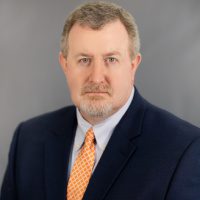
John Freeman is a veteran U.S. Army paratrooper, who now directs investigative efforts combating human trafficking. John was a Psychological Operations NCO in the 6th and 9th PSYOP Battalions assigned to both tactical teams and staff operations with deployments to Panama, Southwest Asia, Haiti, and Bosnia. In 1999 John was sworn in as a special agent of the Diplomatic Security Service – U.S. Department of State. Over 21 years, John worked both domestic & international postings culminating as the first DSS Human Trafficking Investigations Coordinator. He was instrumental in facilitating national policy, expanding interagency task forces, and developing specialized anti-trafficking training. He simultaneously directed human trafficking investigations, including victim and subject interviews, coordinated multi-leveled responses for highly visible, highly sensitive cases, and supported numerous successful federal prosecutions. In 2019, he was a member of the U.S. Delegation to the annual United Nations Convention Against Transnational Crime’s (UNTOC) Working Group on Trafficking in Persons. John is the Director of Law Enforcement Operations with the Human Trafficking Institute directing efforts to build, enhance, and sustain specialized investigators wherever the HTI has impact and beyond. He manages focused training and mentoring for partners and facilitates cooperative efforts across a wide spectrum. Connect with John on LinkedIn.
